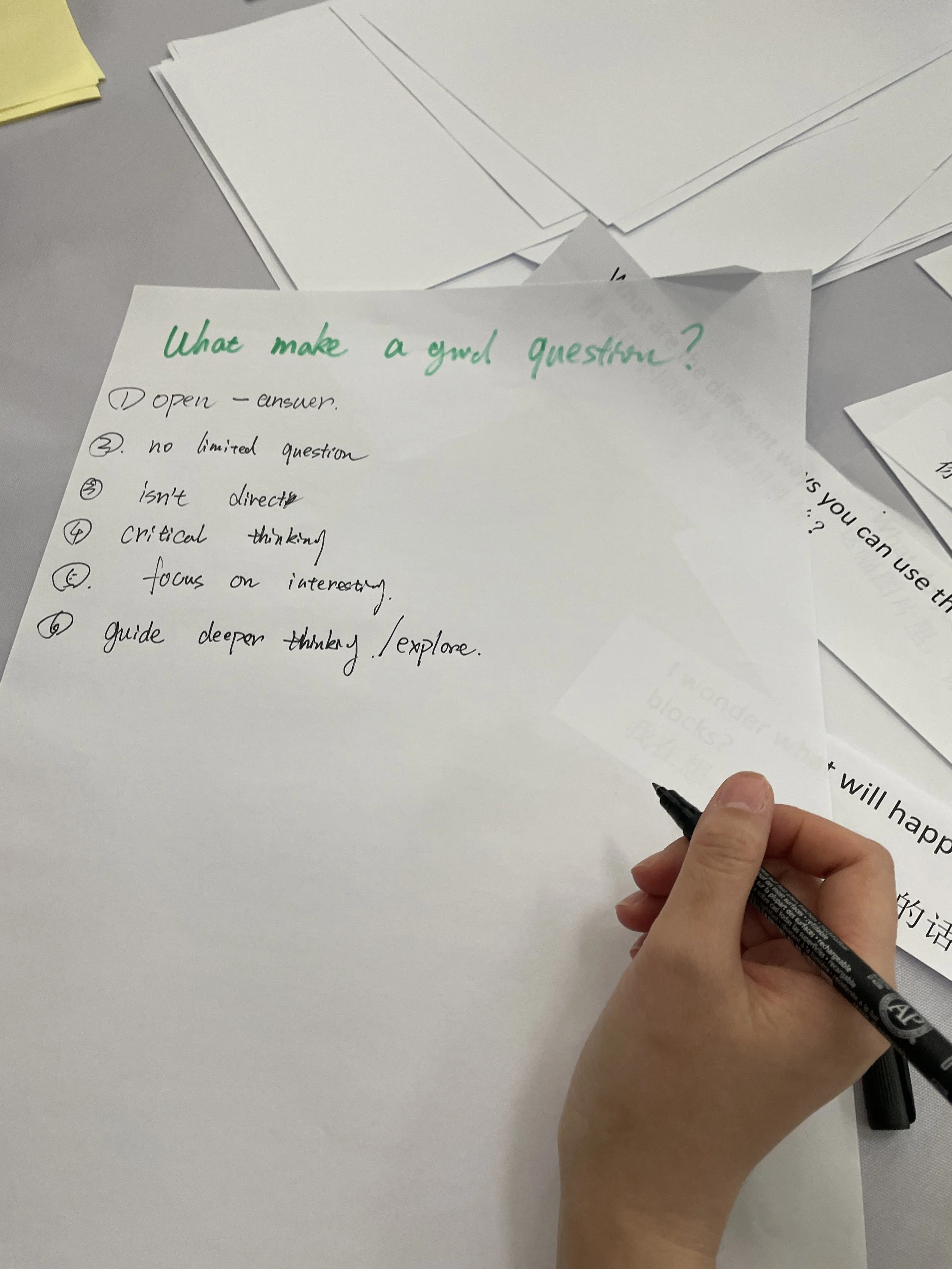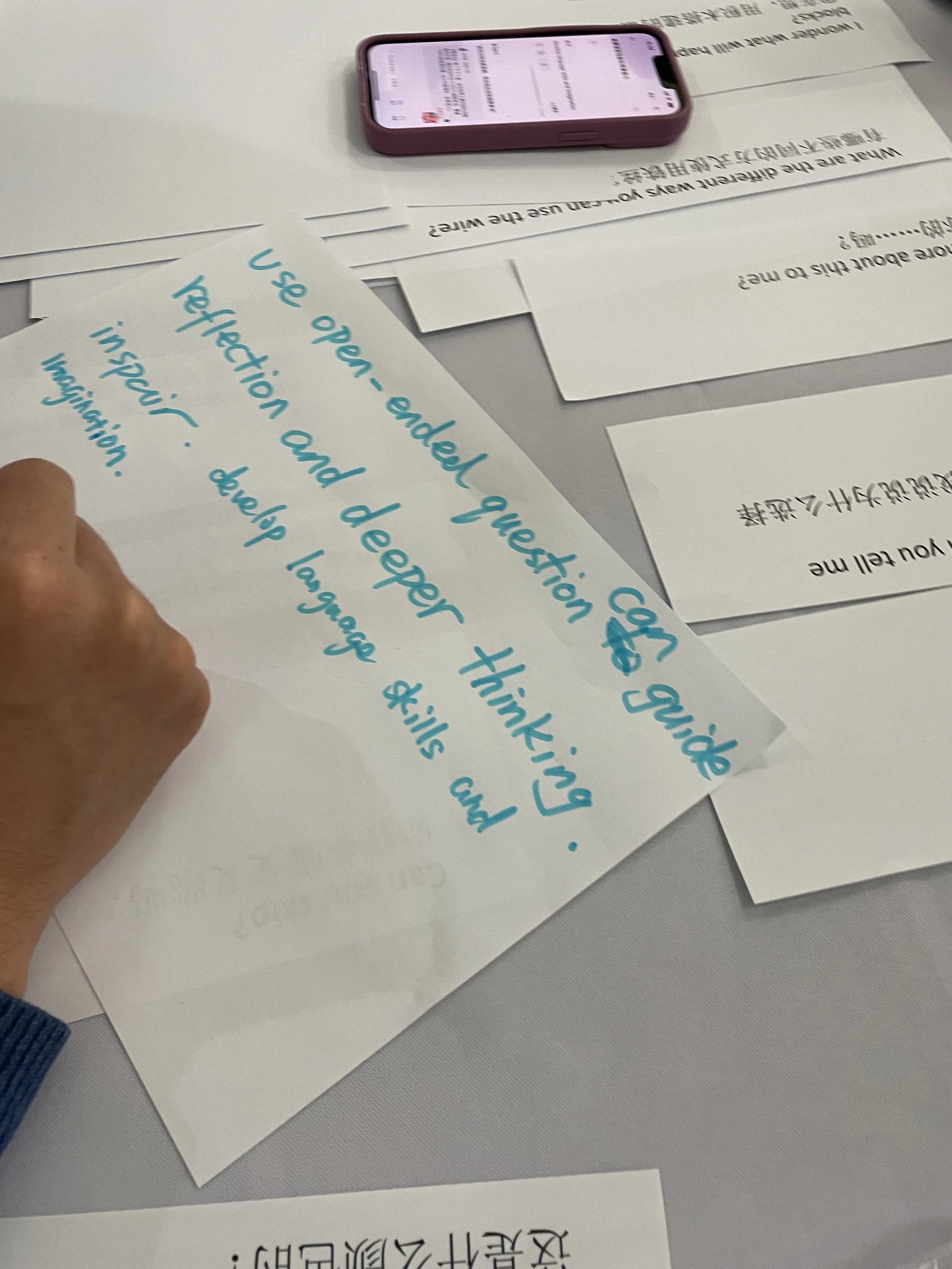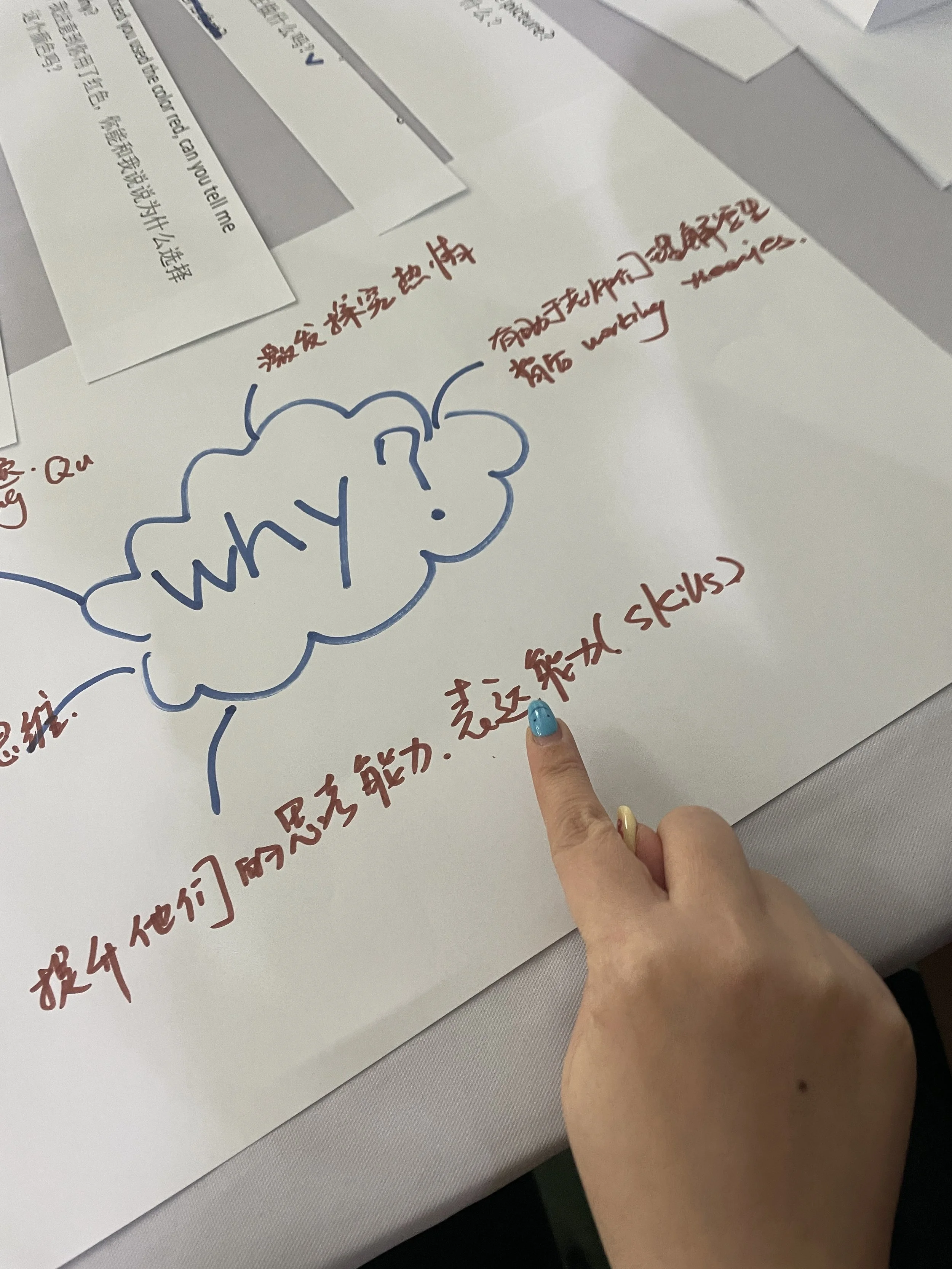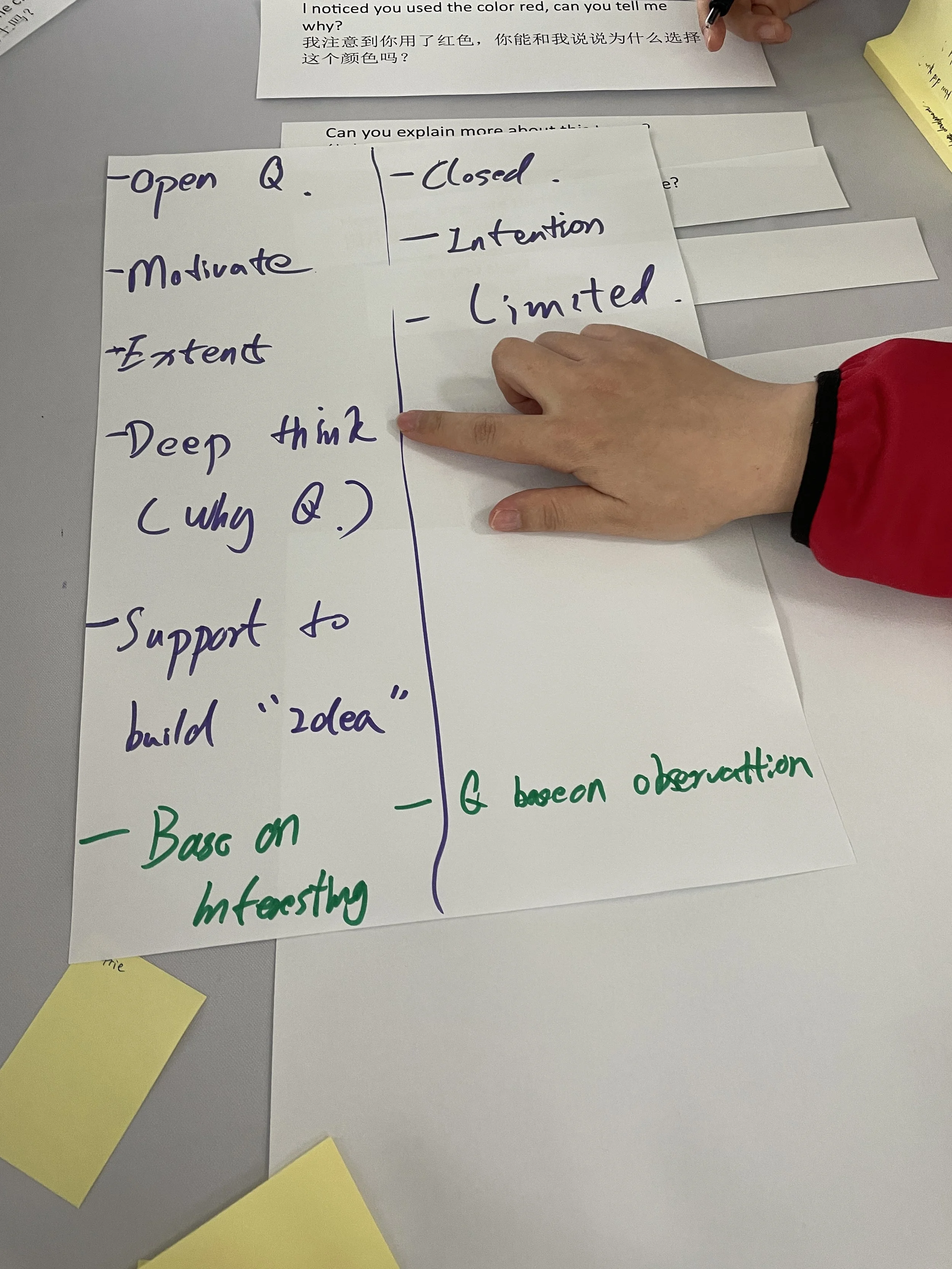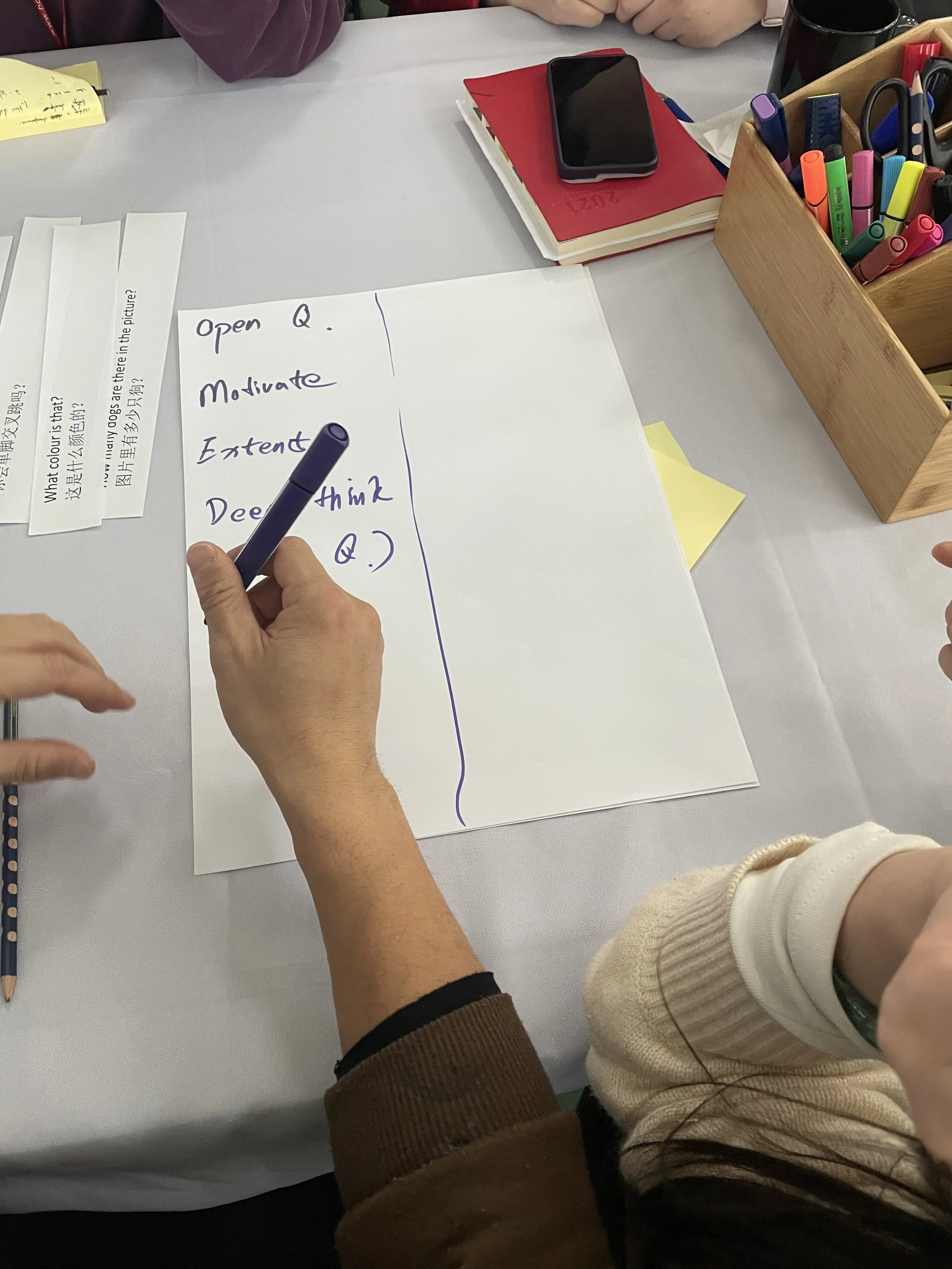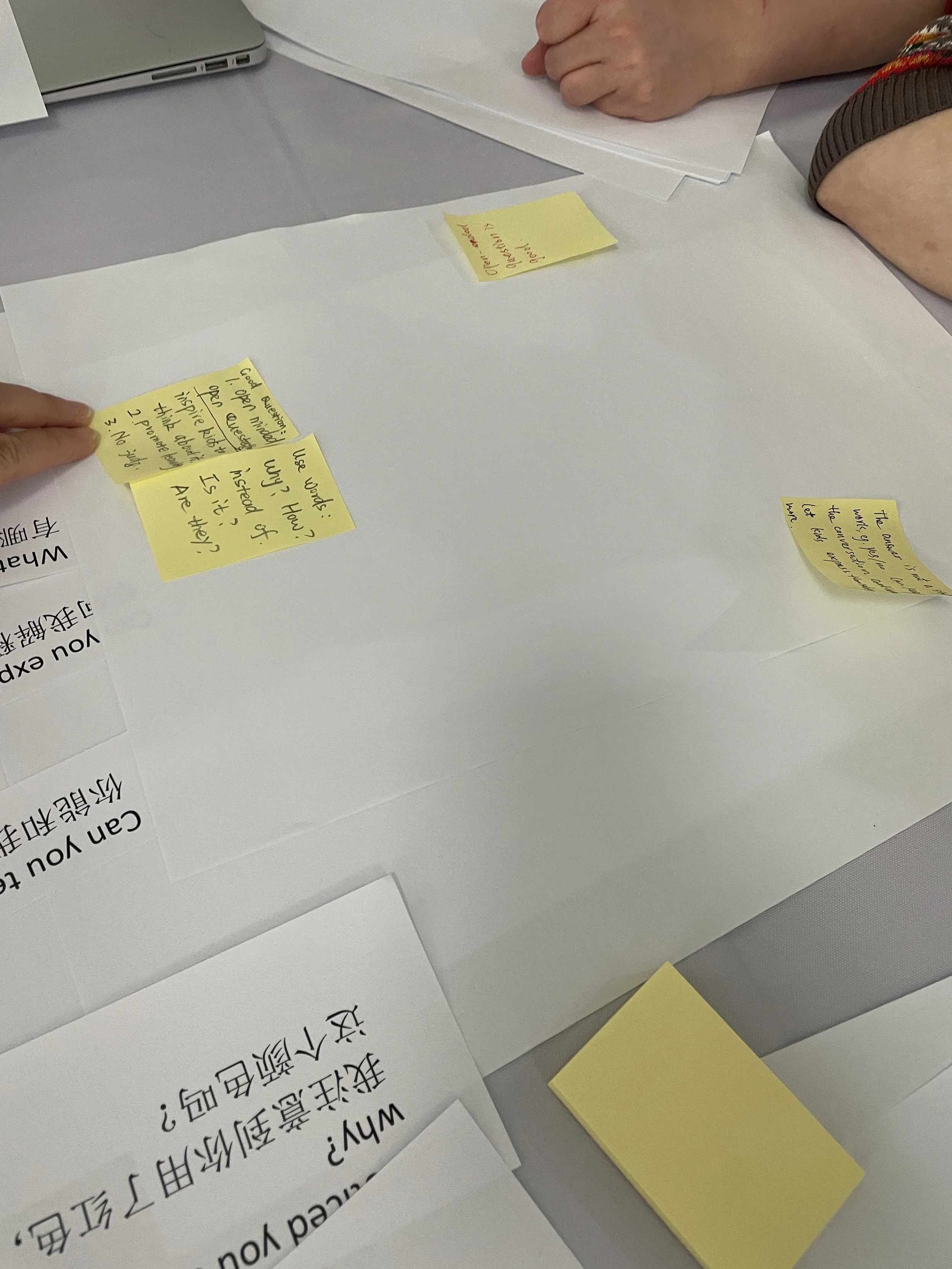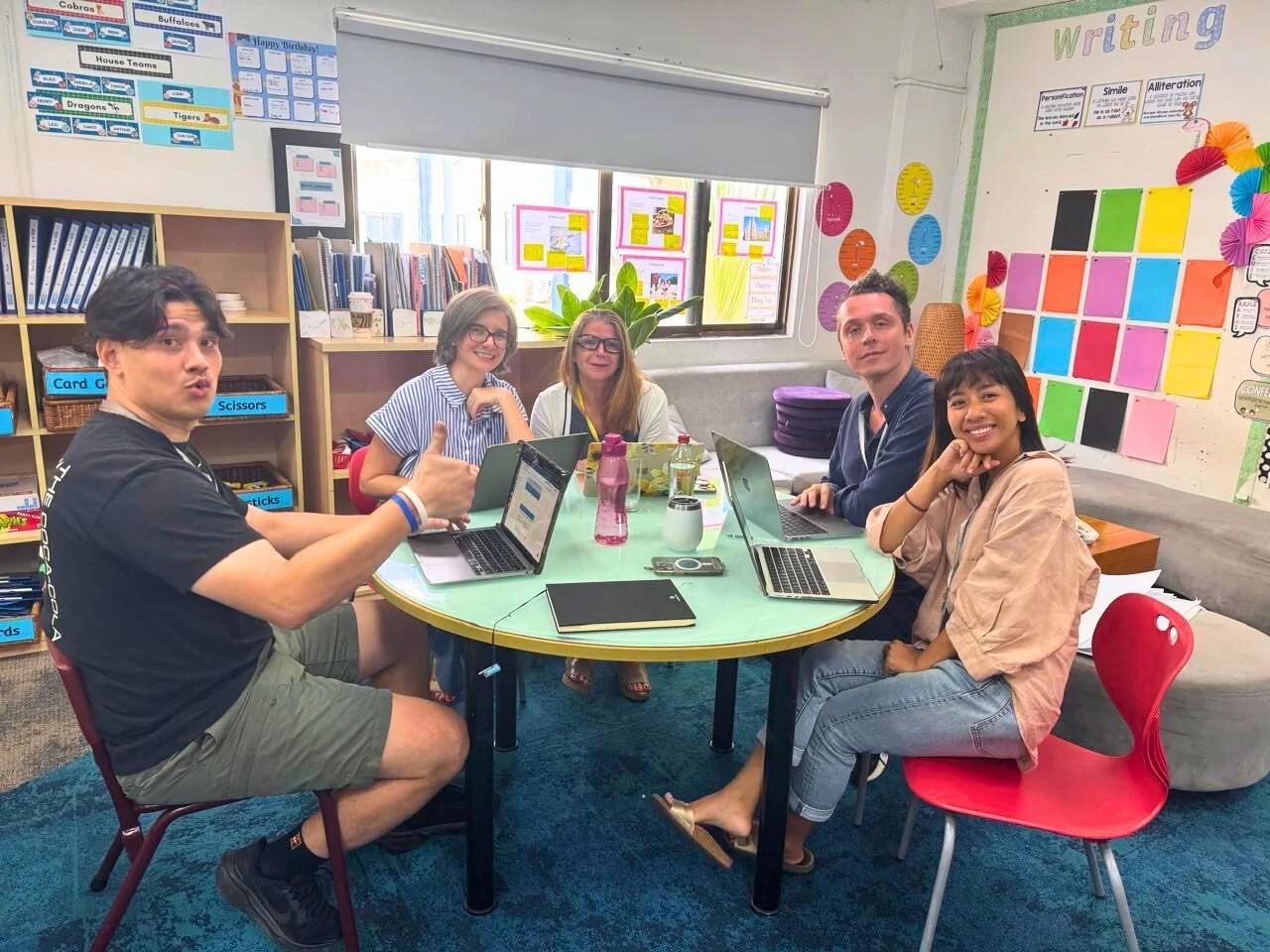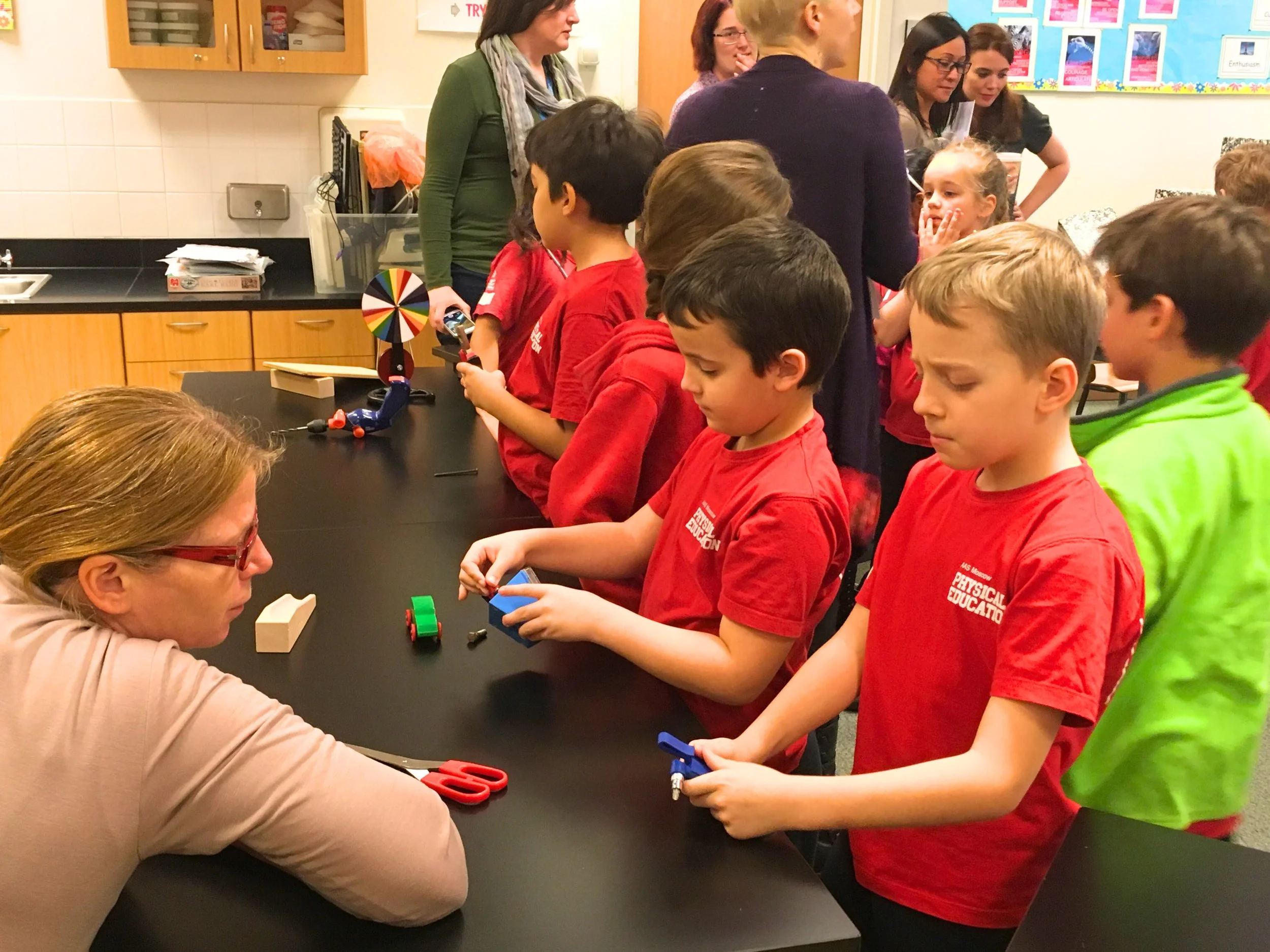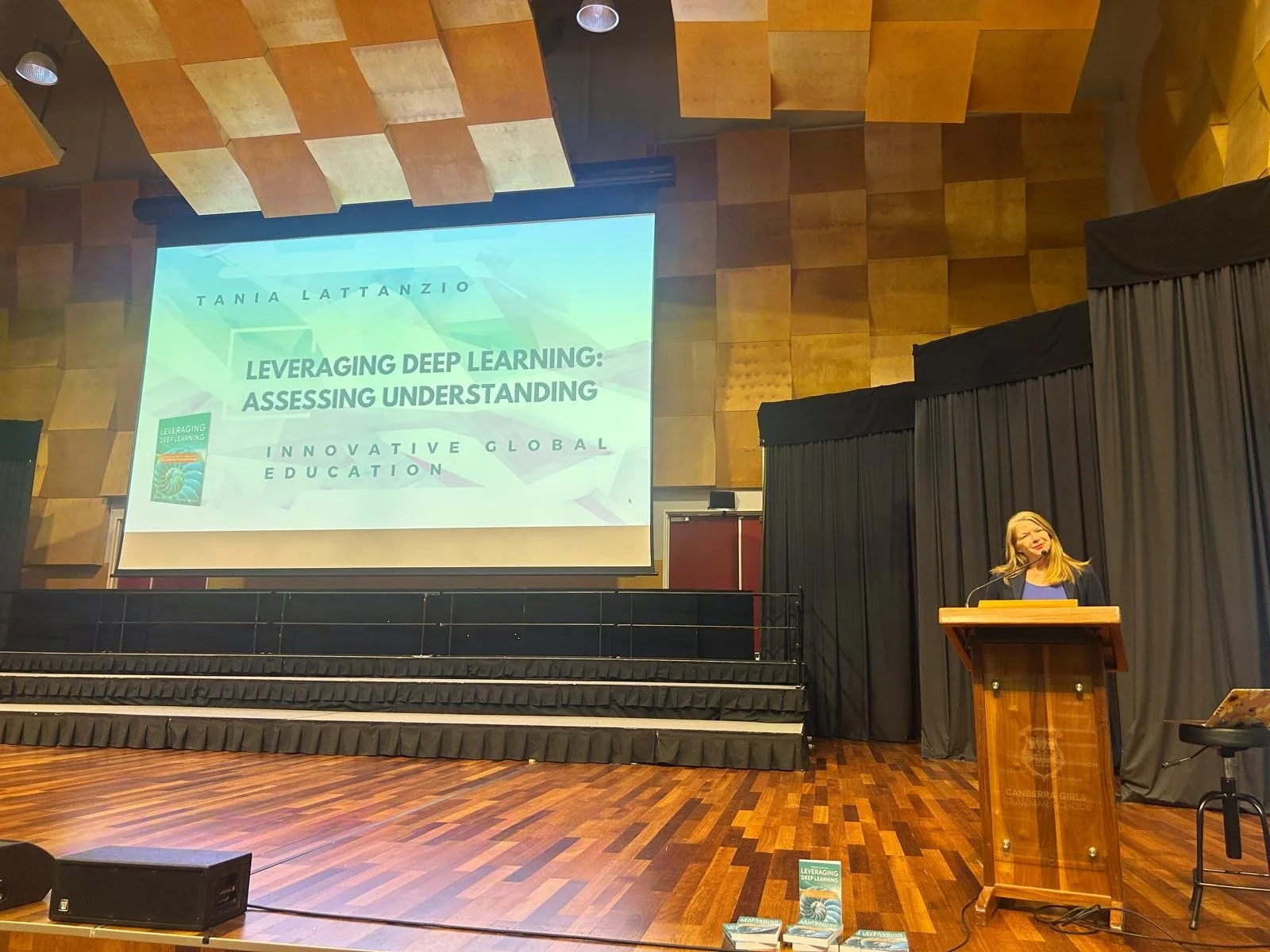Engage, Elevate, and Inspire: Transformative Learning Modules for Professional Growth
IGE’s interactive workshops are designed to deepen understanding, ignite curiosity, and empower educators across all age groups and subject areas. Each session offers practical strategies grounded in research and responsive to real classroom needs.
Schools can select one or more of the following workshops—or a blend of areas—based on their goals and the available time frame. If there are additional areas of interest, IGE can tailor workshops to meet those needs. The primary purpose of these interactive learning modules is to meet the specific context and learning goals of each school.
Elementary & Middle Years
Leveraging Deep Learning: Strategies and Tools for Assessing Conceptual Understanding
Explore practical ways to assess for deep understanding throughout the learning process.
Teaching for Meaning: Harnessing the Power of Concept-Based Learning
Discover how teaching through concepts builds deeper, transferable learning.Designing for Depth: Building a Concept-Rich Curriculum
Learn how to organise curriculum around big ideas that matter.Planning with Purpose: Designing for Conceptual Inquiry
Strengthen planning practices to support student-led inquiry and meaning-making.Differentiation that Matters: Meeting Learners Where They Are
Use flexible strategies to tailor learning experiences to individual needs.The Art of Inquiry: Cultivating Curiosity in the Classroom
Uncover ways to spark student questions and nurture a culture of exploration.Voice, Choice, and Ownership: Moving from Compliance to Confidence Through Student Agency
Build learning environments that empower students to take control of their learning journey.
Image: Workshop participants exploring and constructing meaning around conceptual engagements that can be transferred into their own teaching and learning
Early Years
Play with Purpose: Joyful, Inquiry-Rich Learning in the Early Years
Embrace play as a powerful context for exploration, learning, and wonder.
The Thinking Child: Nurturing Theory Building and Conceptual Understanding
Support young learners in constructing and expressing their own theories.Learning Stories: Documentation as a Window into Children’s Thinking
Use documentation to make learning visible and inform teaching.Intentional Environments: Designing Spaces that Spark Engagement and Wonder
Explore how the physical environment influences thinking, relationships, and discovery.Material Matters: The Role of Materials in Play and Inquiry
Harness the power of open-ended materials to support creativity and conceptual development.Planning for Possibility: Responding to Children’s Ideas and Emerging Theories
Learn how to design learning that is flexible, responsive, and co-constructed with children.
Image: Conceptual Inquiry Workshop at Radford College, Canberra, Australia
Single Subject Areas
Teaching for Understanding: Embedding Conceptual Learning in the Single Subject Areas
Connect subject-specific content to big ideas to deepen relevance and understanding.
Inquiry in Action: Inquiring, Exploring, and Discovering in the Single Subject Classroom
Embed inquiry practices into specialist subjects to encourage student-driven learning.Empowered Learners: Voice, Choice, and Agency in the Single Subject Classroom
Create conditions where students take ownership and actively engage in specialist learning.Meaningful Assessment: Assessing for Understanding in Single Subject Contexts
Design assessment practices that reflect and support conceptual growth in your subject area.
"I learnt about understanding and thinking. I liked that I can assess one conceptual question through the levels in the rubric for understanding. I liked that everything you did was application based and you gave good examples and practices. I am already thinking of making changes for my next unit."
Secondary Teacher, Stonehill International School, Bangalore
"Thank you so much again for your wonderful sharing on Saturday! Today is the first day that student came back to school for this week.
I tried out your “Invitation” model. It was a great experience for me. I am glad I courageously made the first move. I will keep learning and exploring."
Yinyao You, Chinese Teacher, Shanghai American School
Case Studies
Surabaya Intercultural School, Surabaya, Indonesia
Workshop: The Role of the Environment, Inquiry and Agency: Activating and Engaging Learners
Participants explored how the learning environment, inquiry, and student agency work together to foster engagement and ownership. Participants had the opportunity to redesign their learning environment to spark curiosity, support independence, and promote deep, meaningful learning.
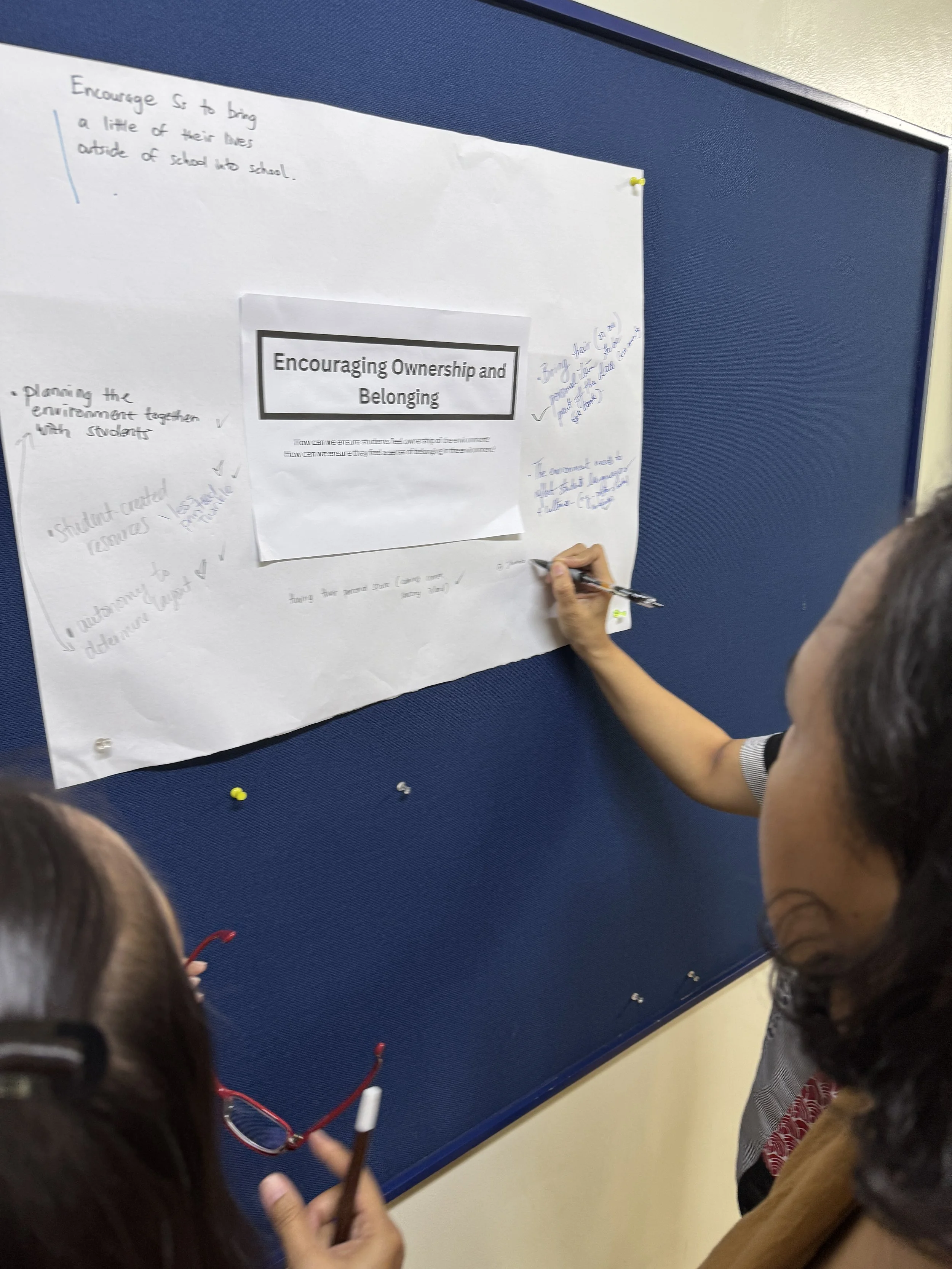
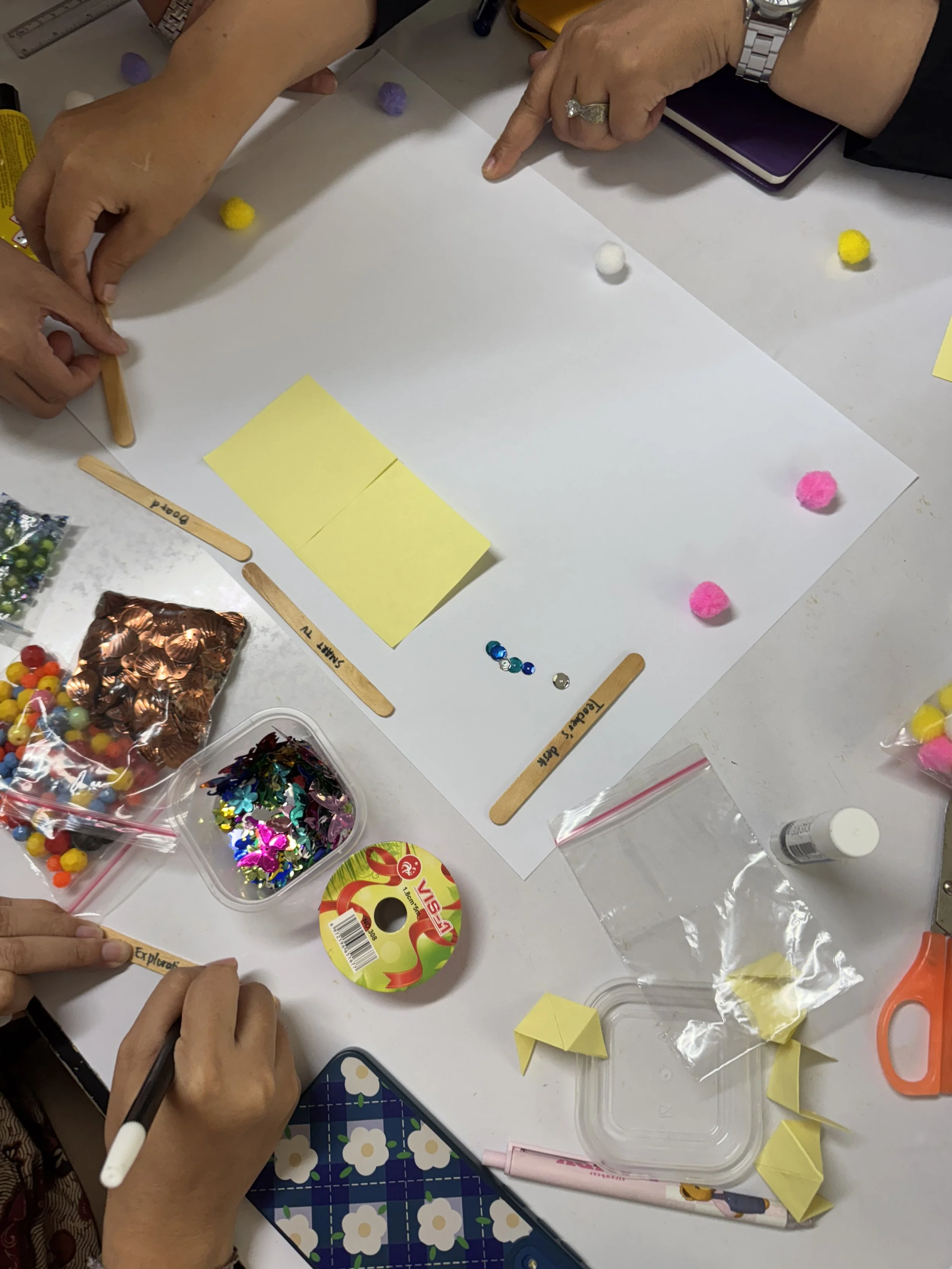
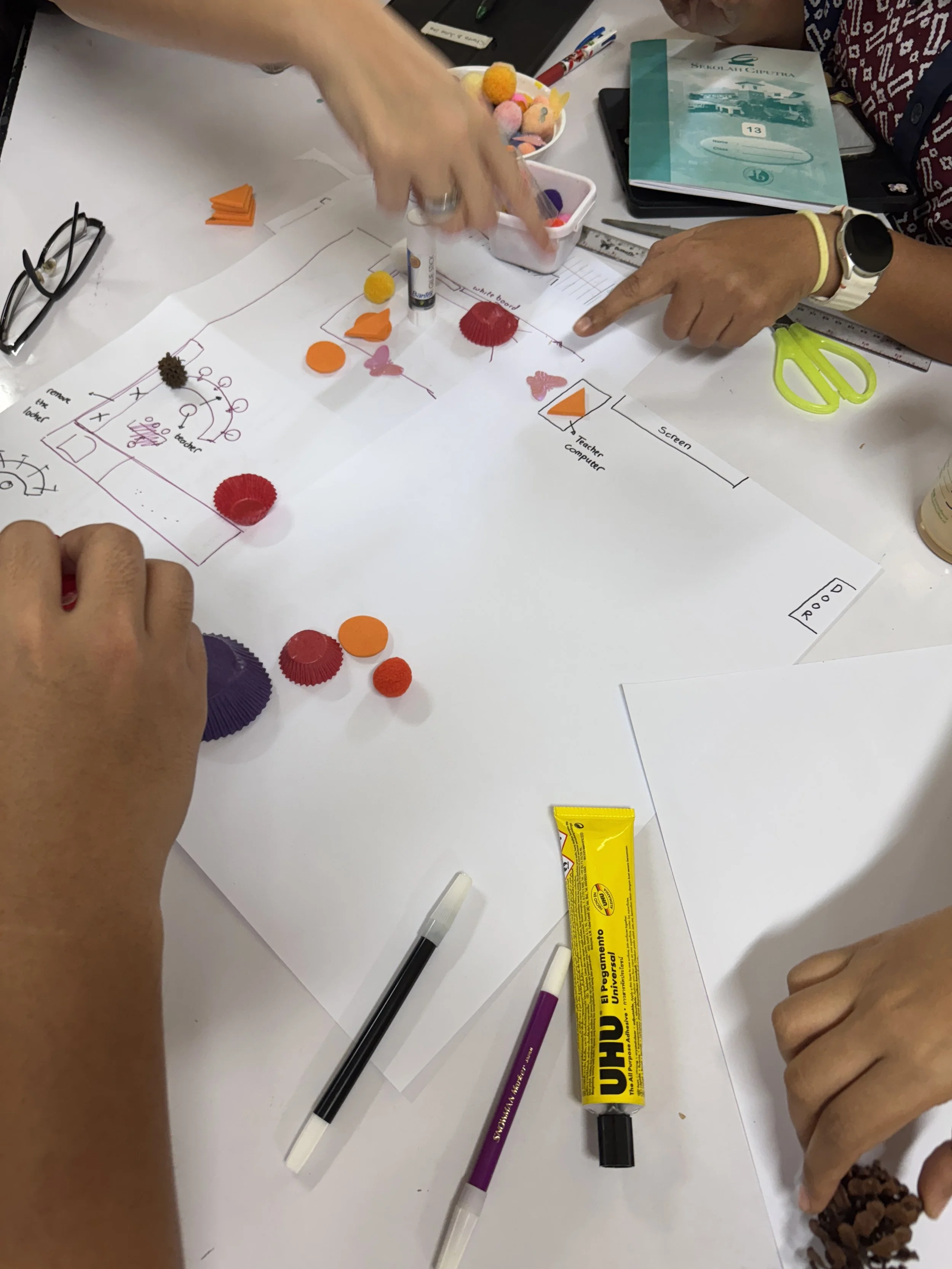
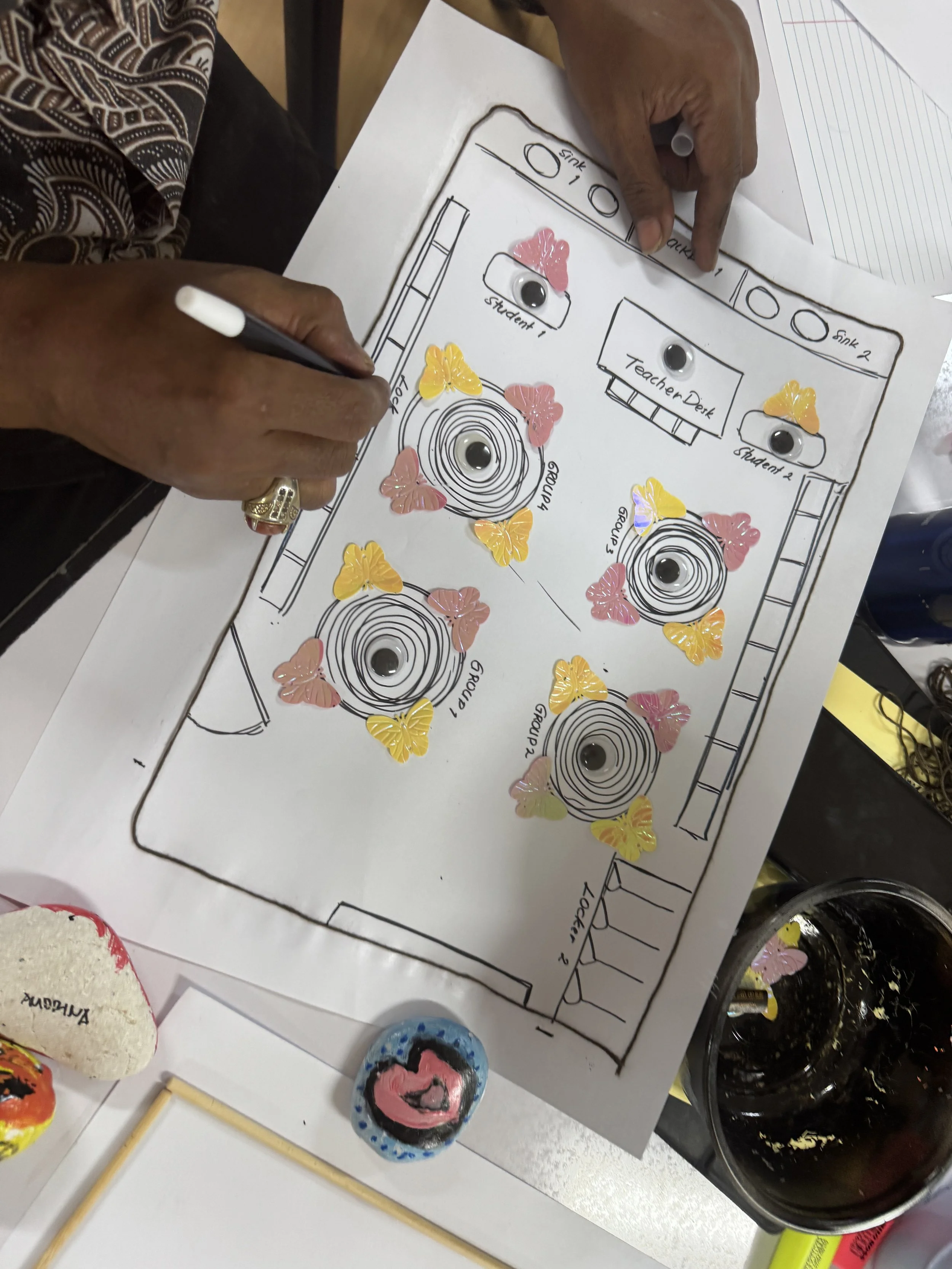
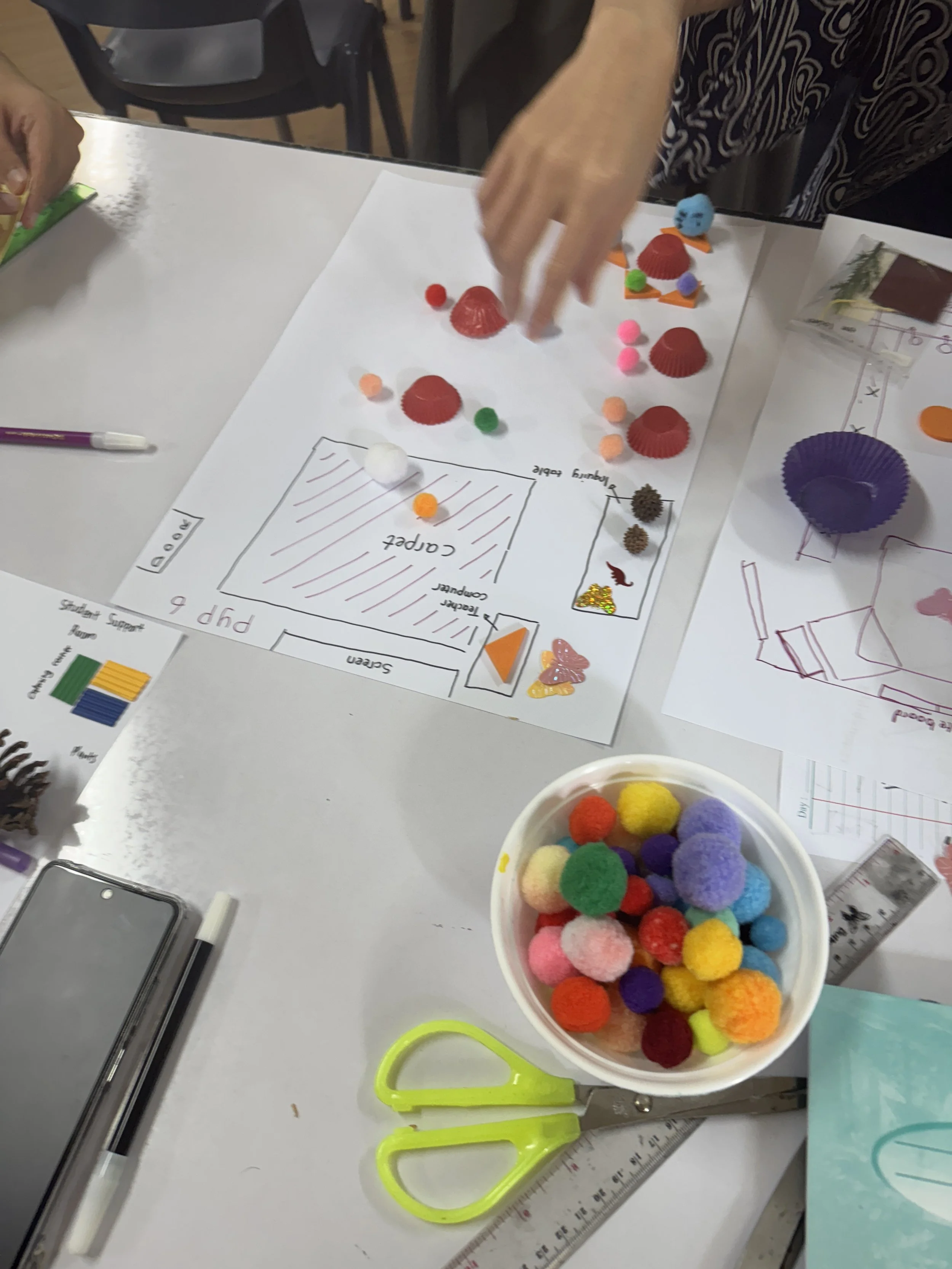
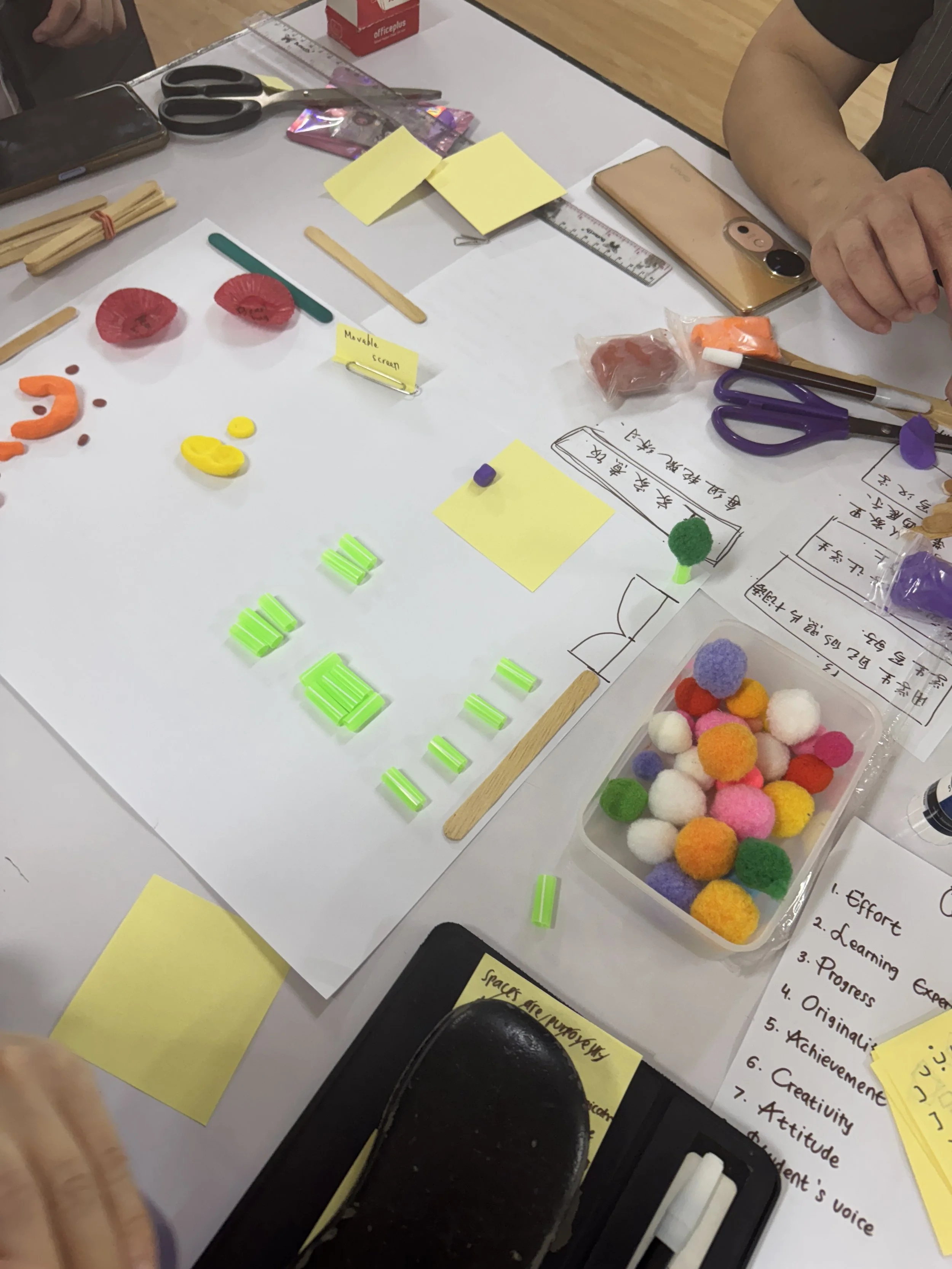
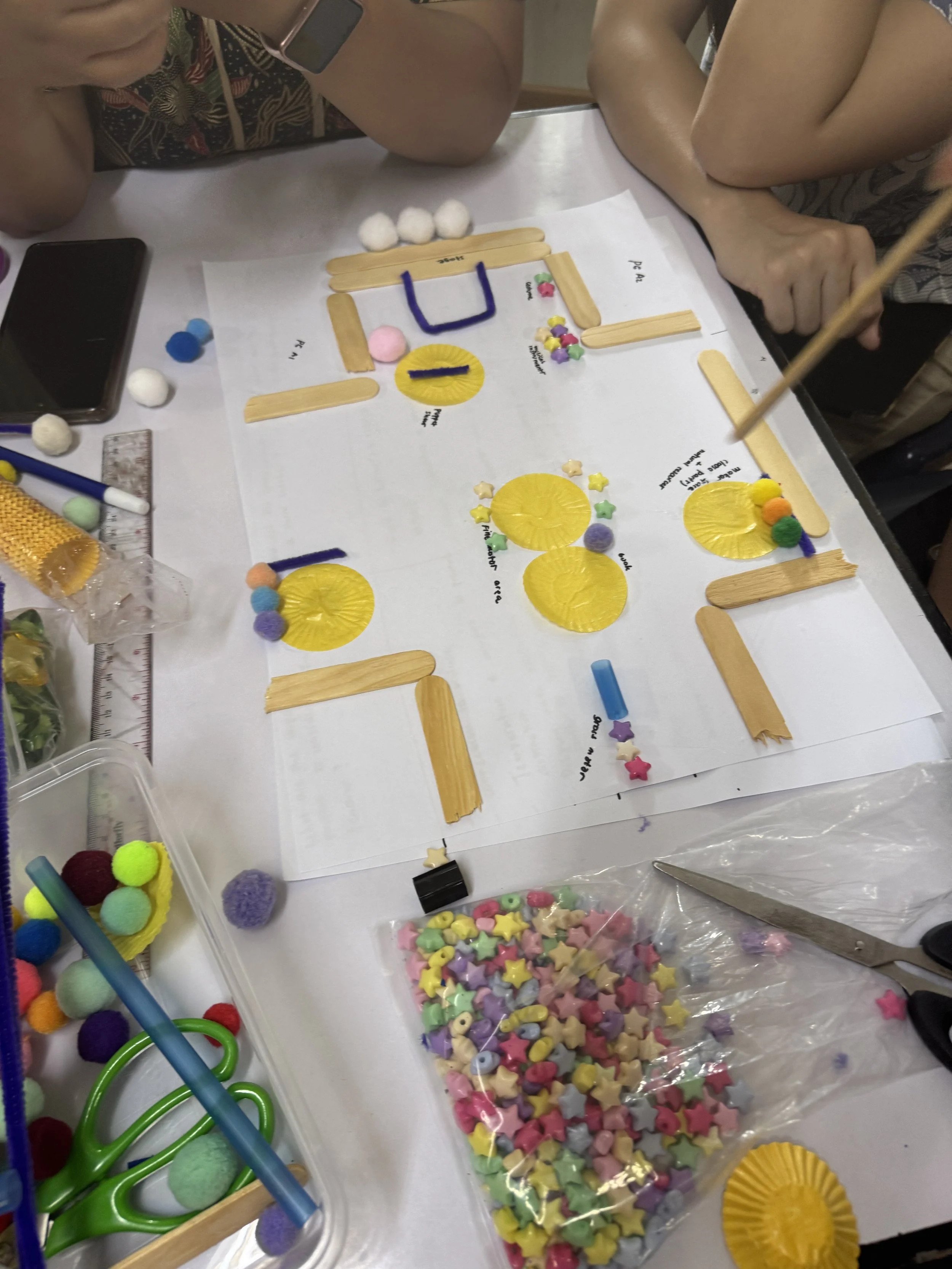
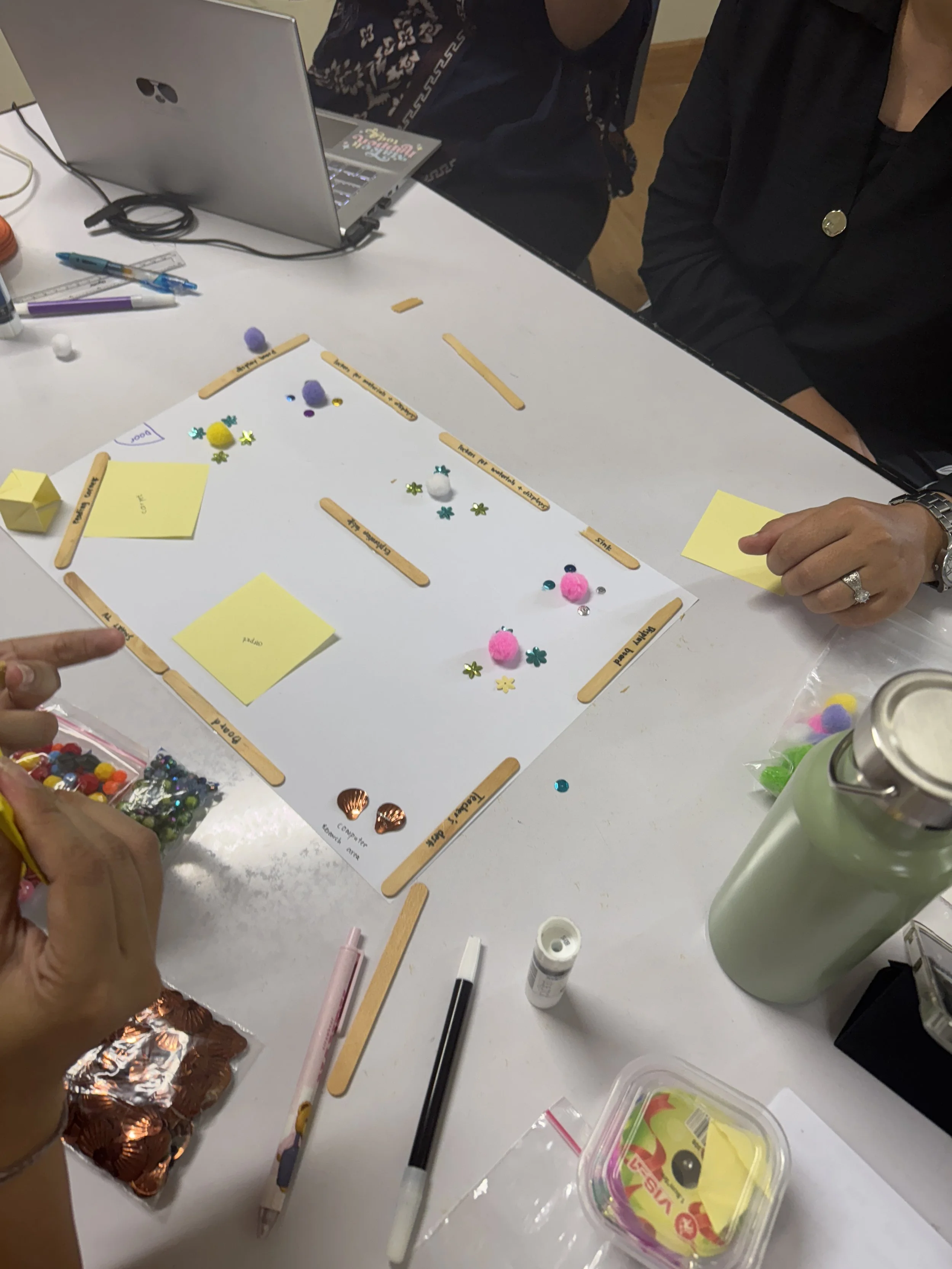
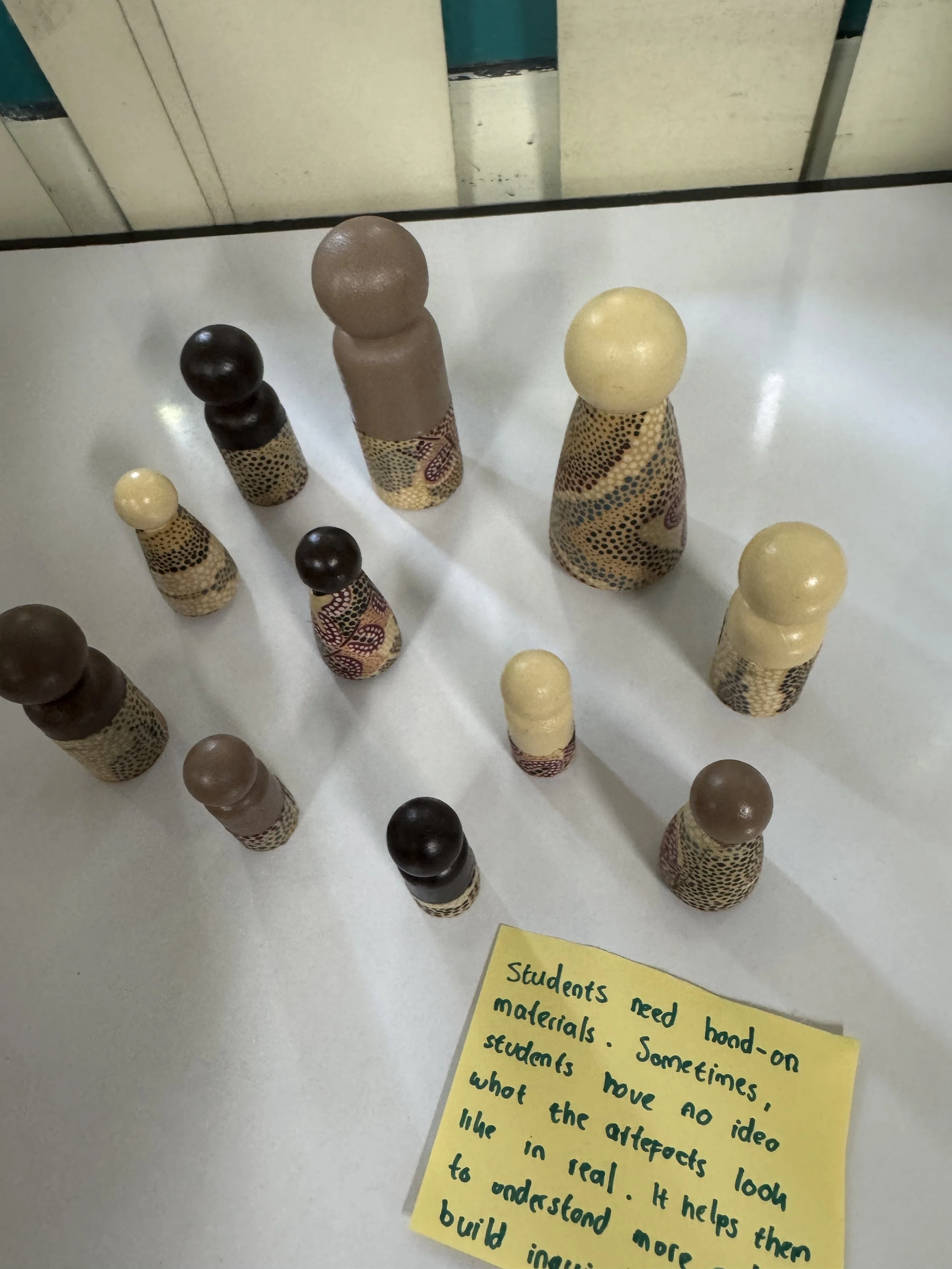
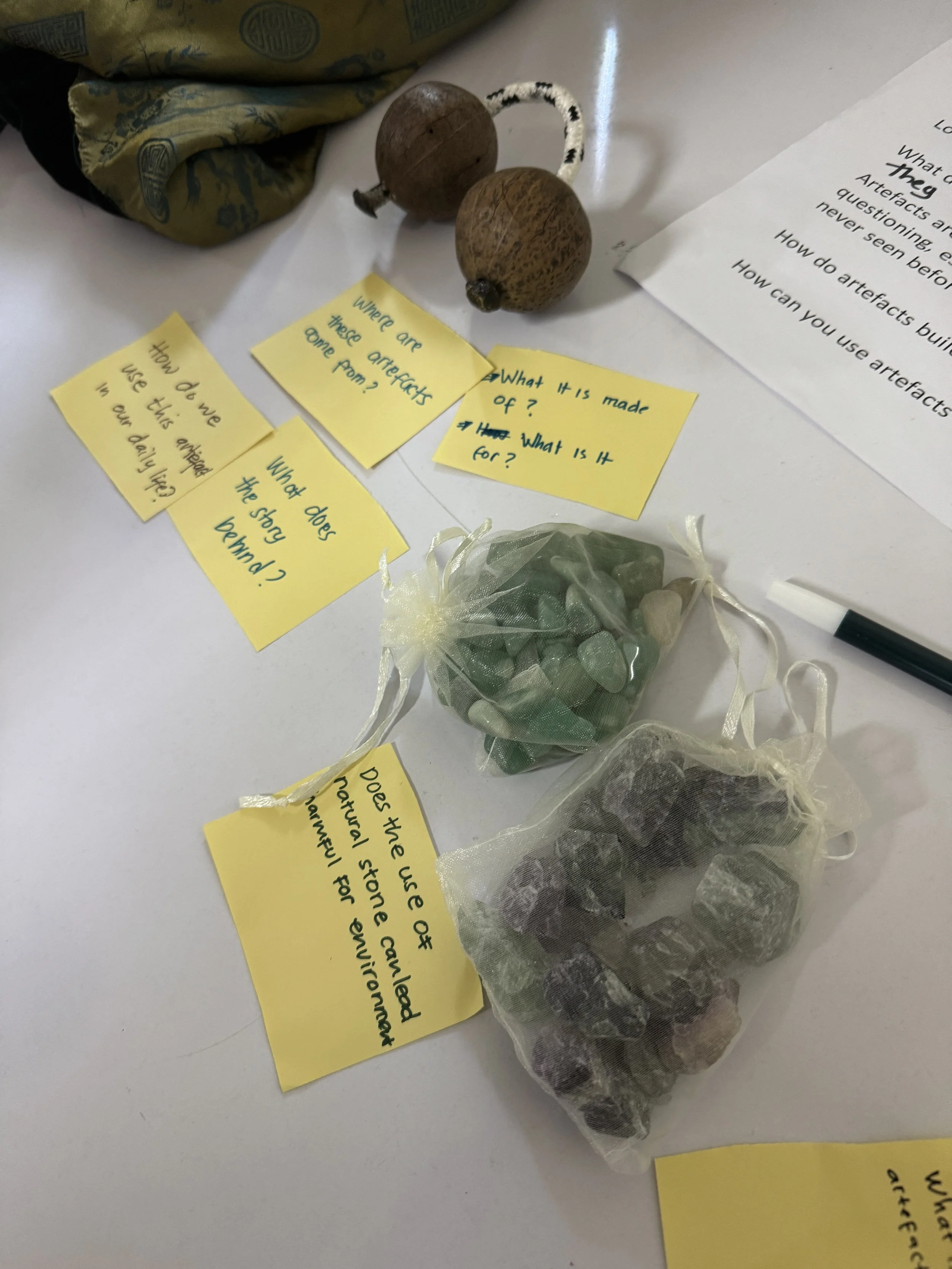
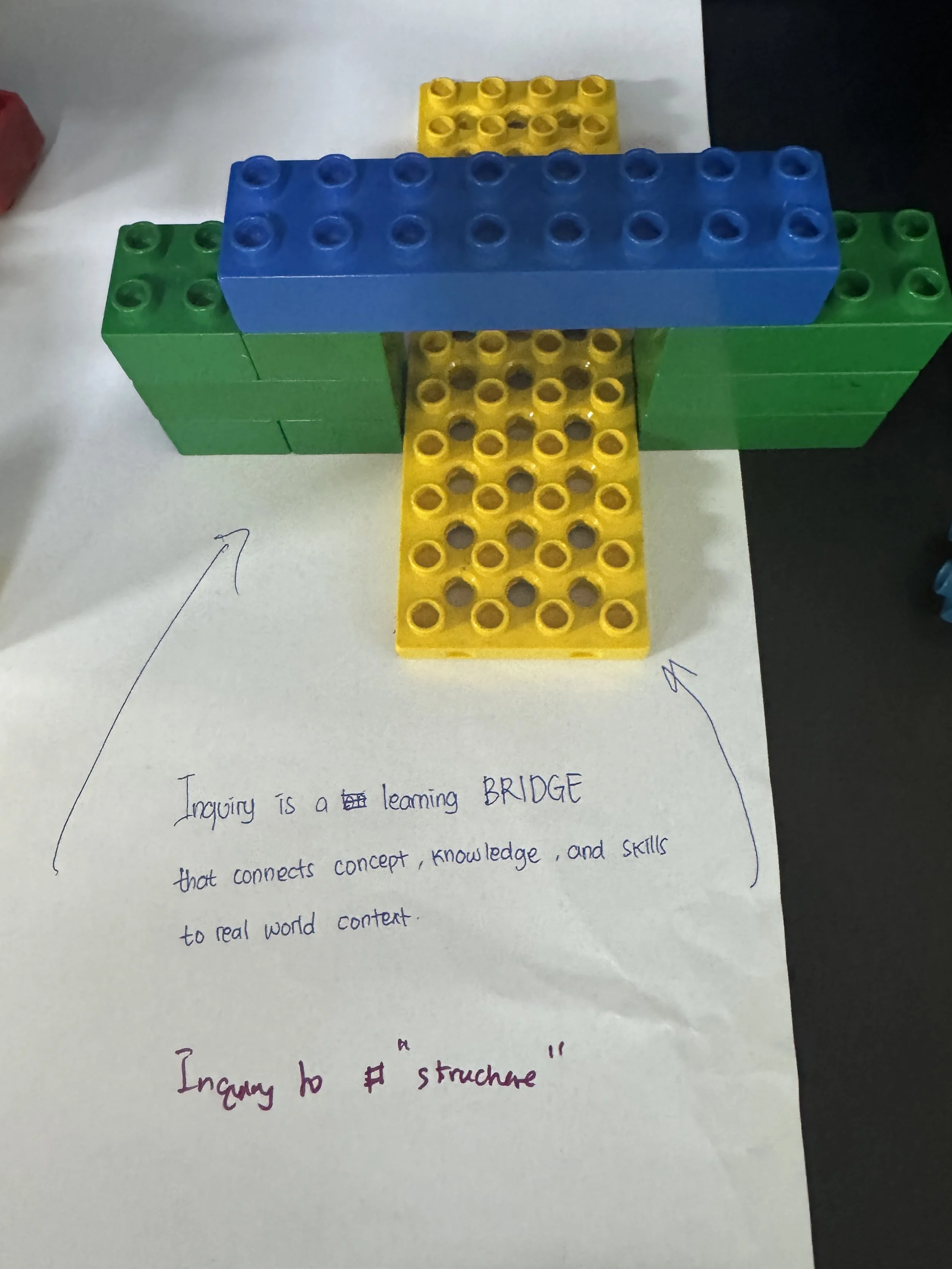
St. Josephs Institution International School, Singapore
Workshop: Assessment that Informs Teaching and Learning
Participants explored how assessment can be used to differentiate learning and engaged in a creative process where they visually represented their understanding of differentiation.
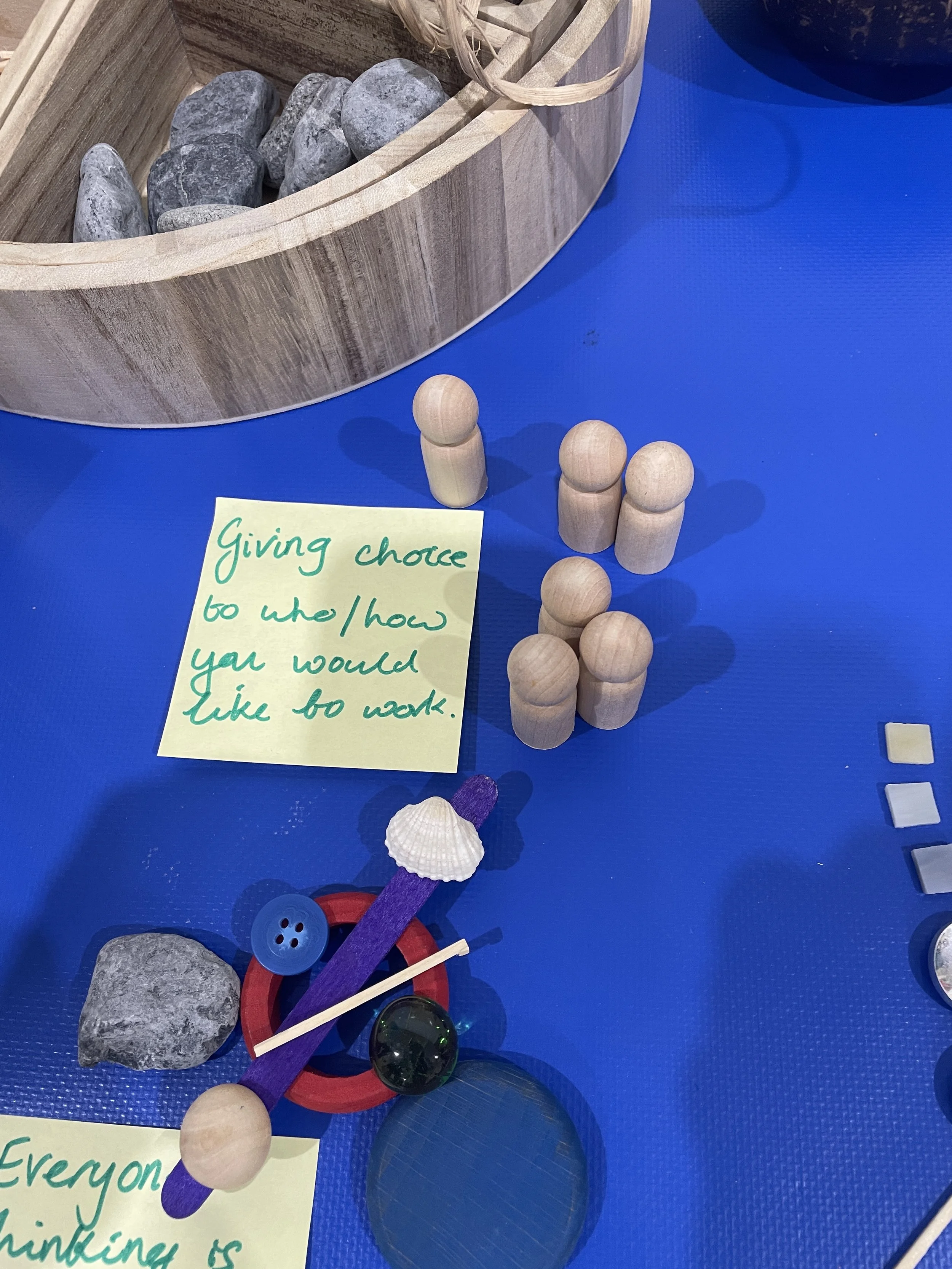
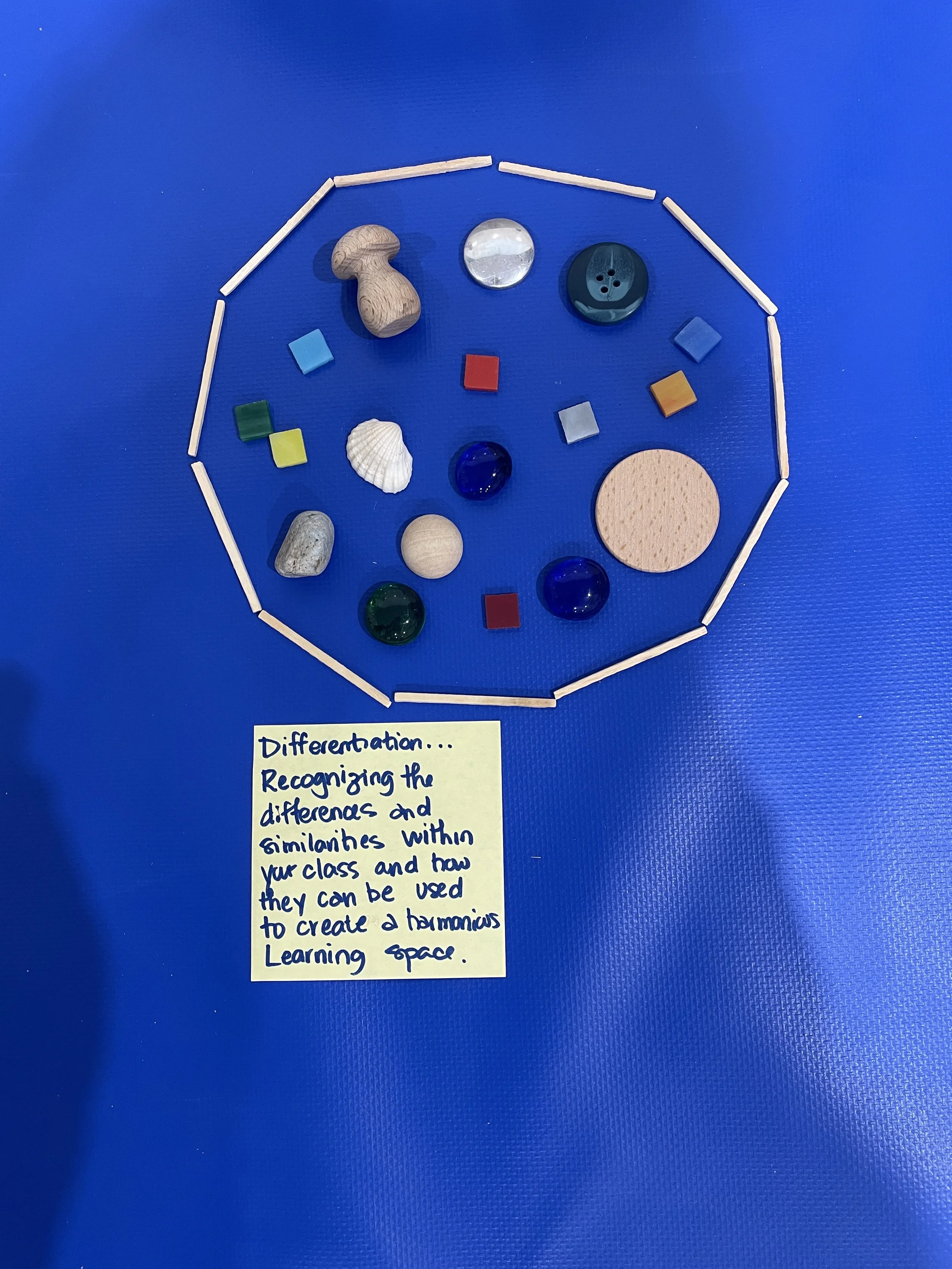
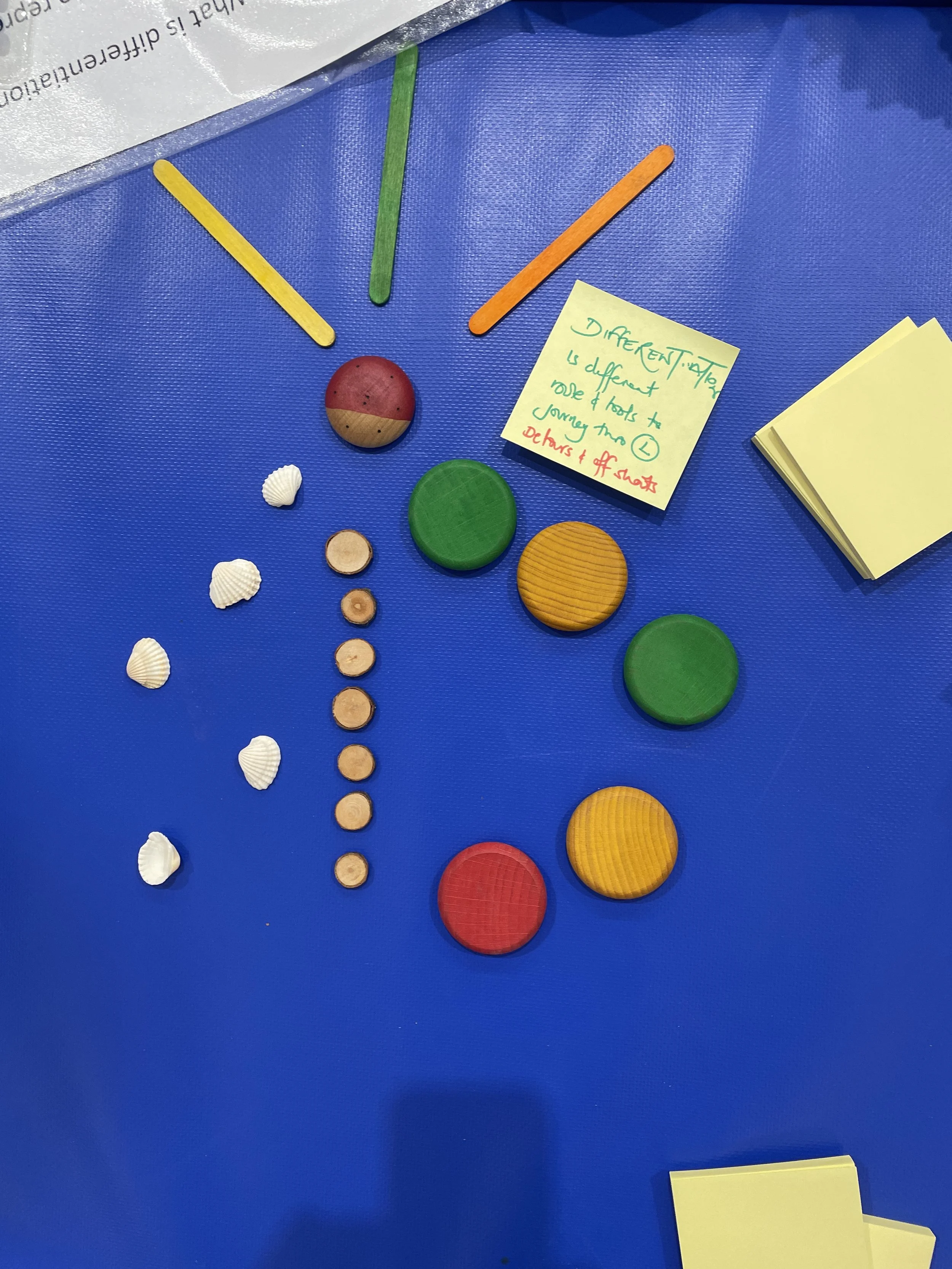
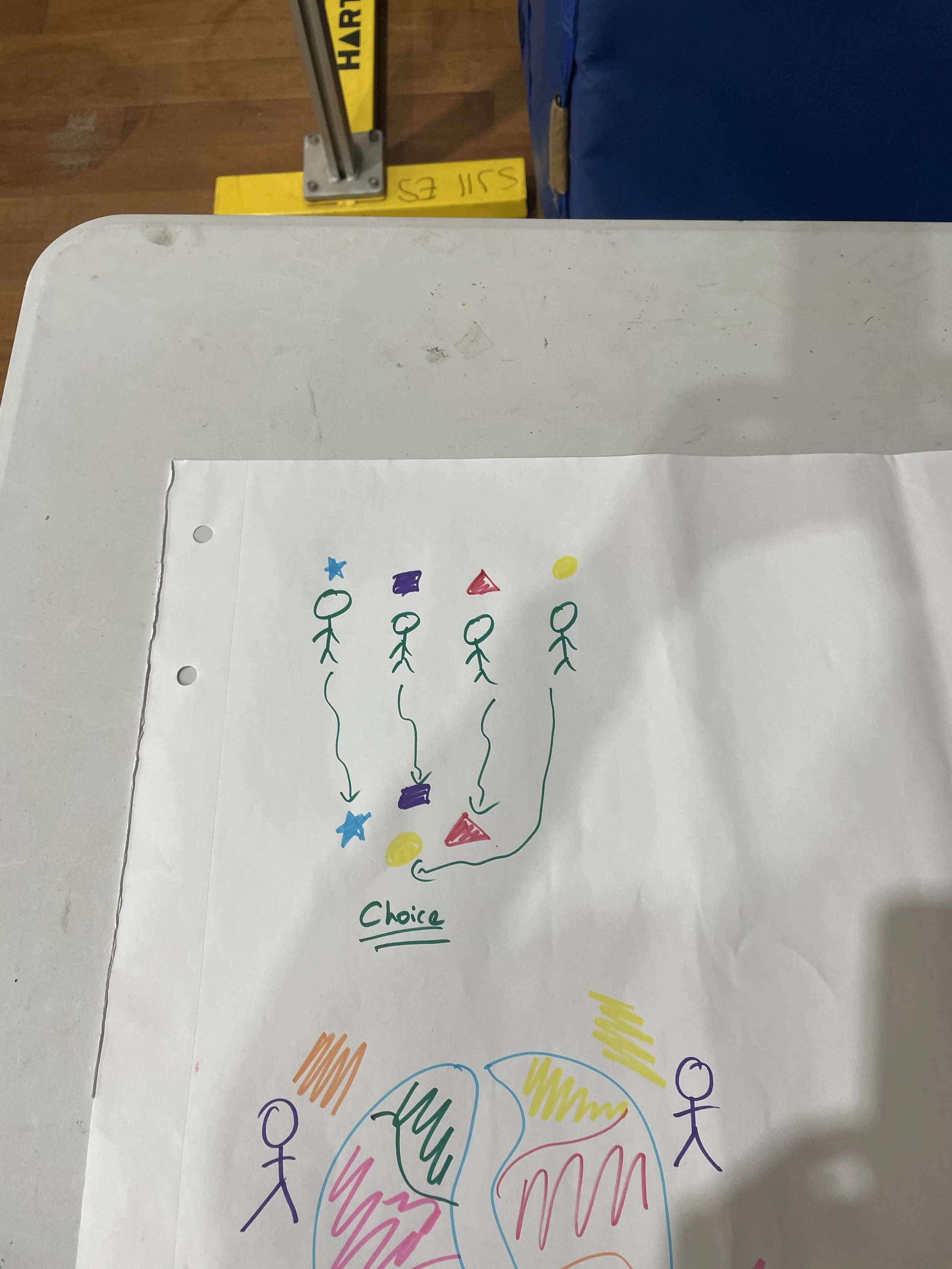
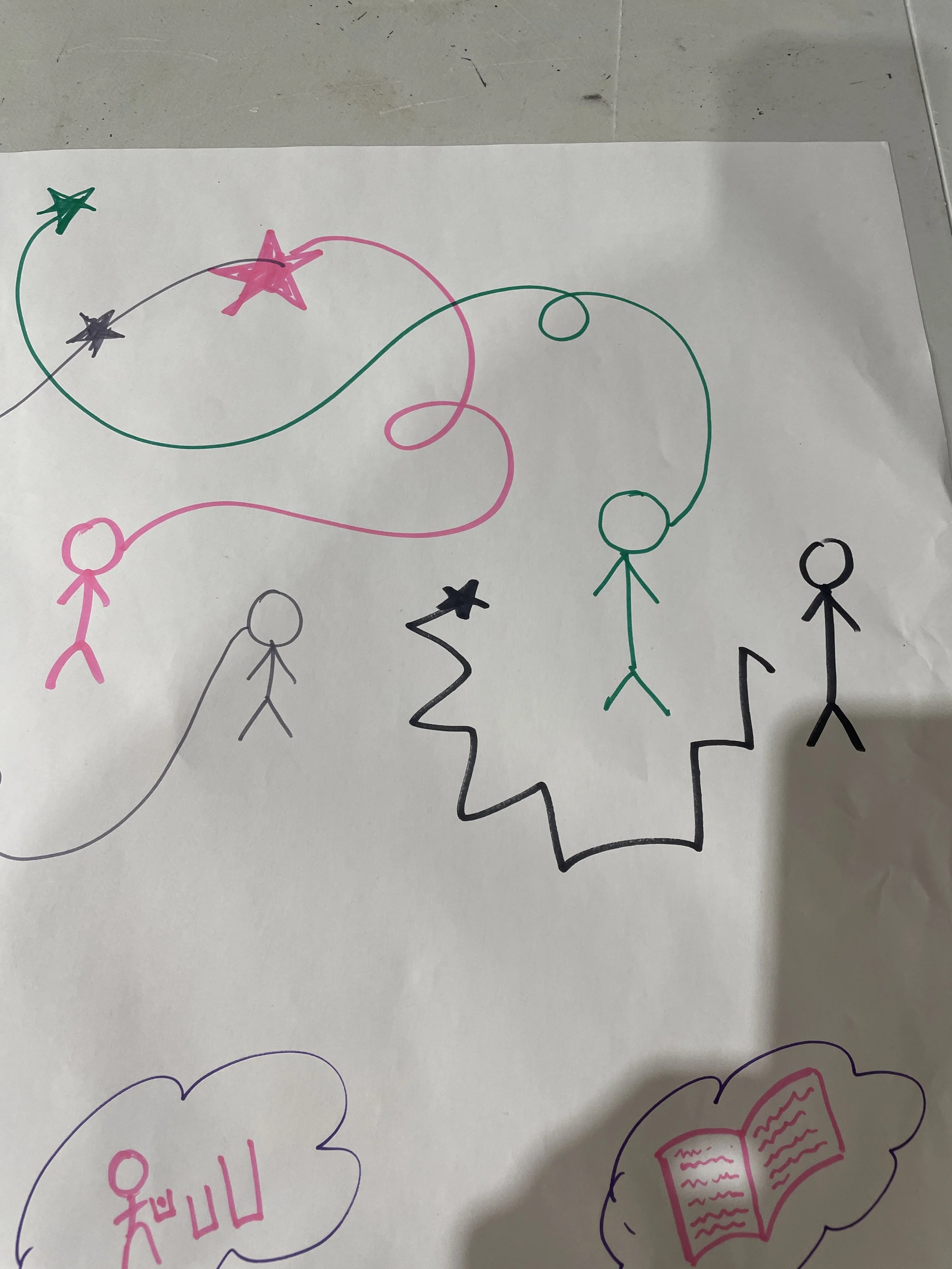
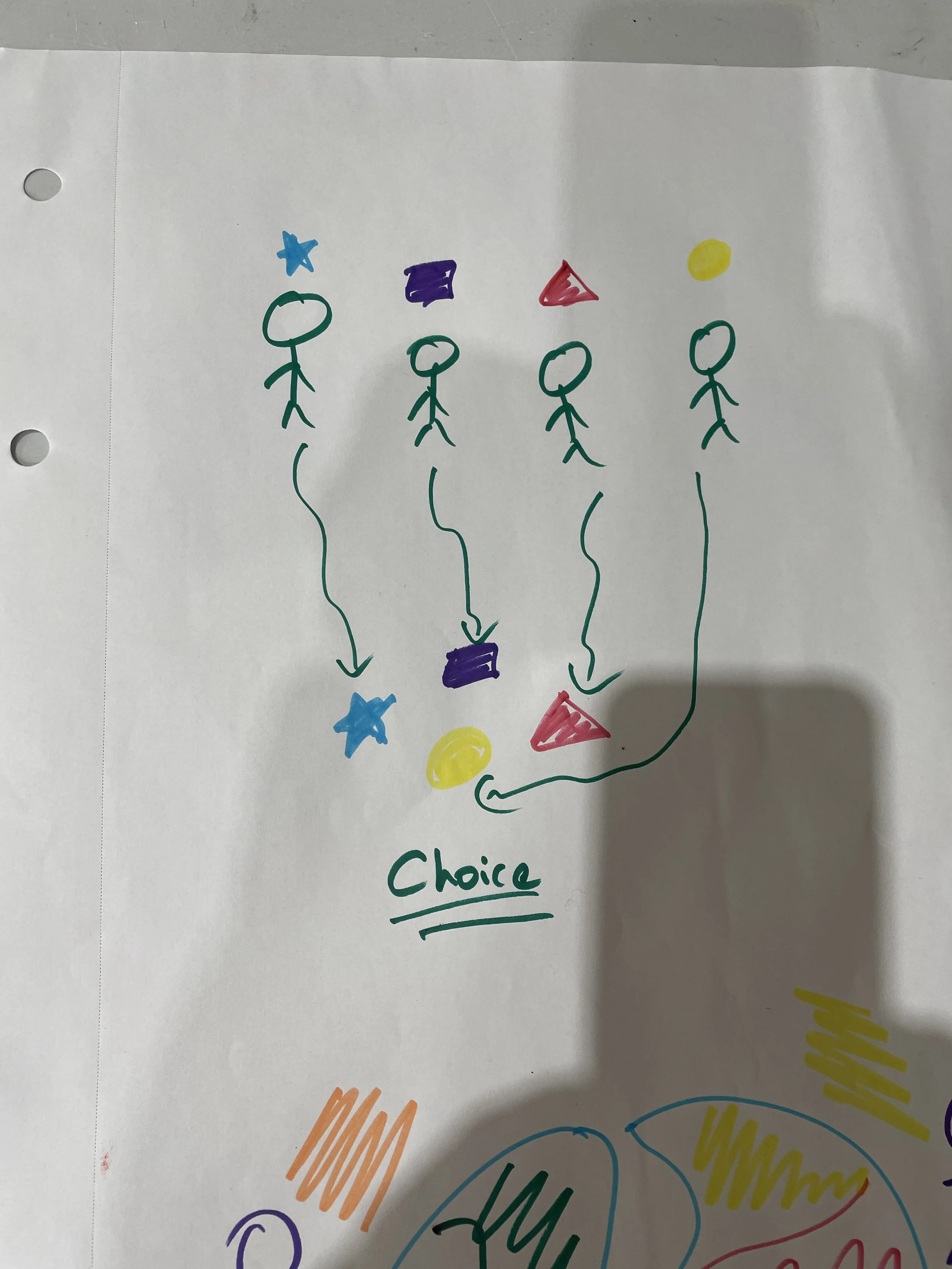
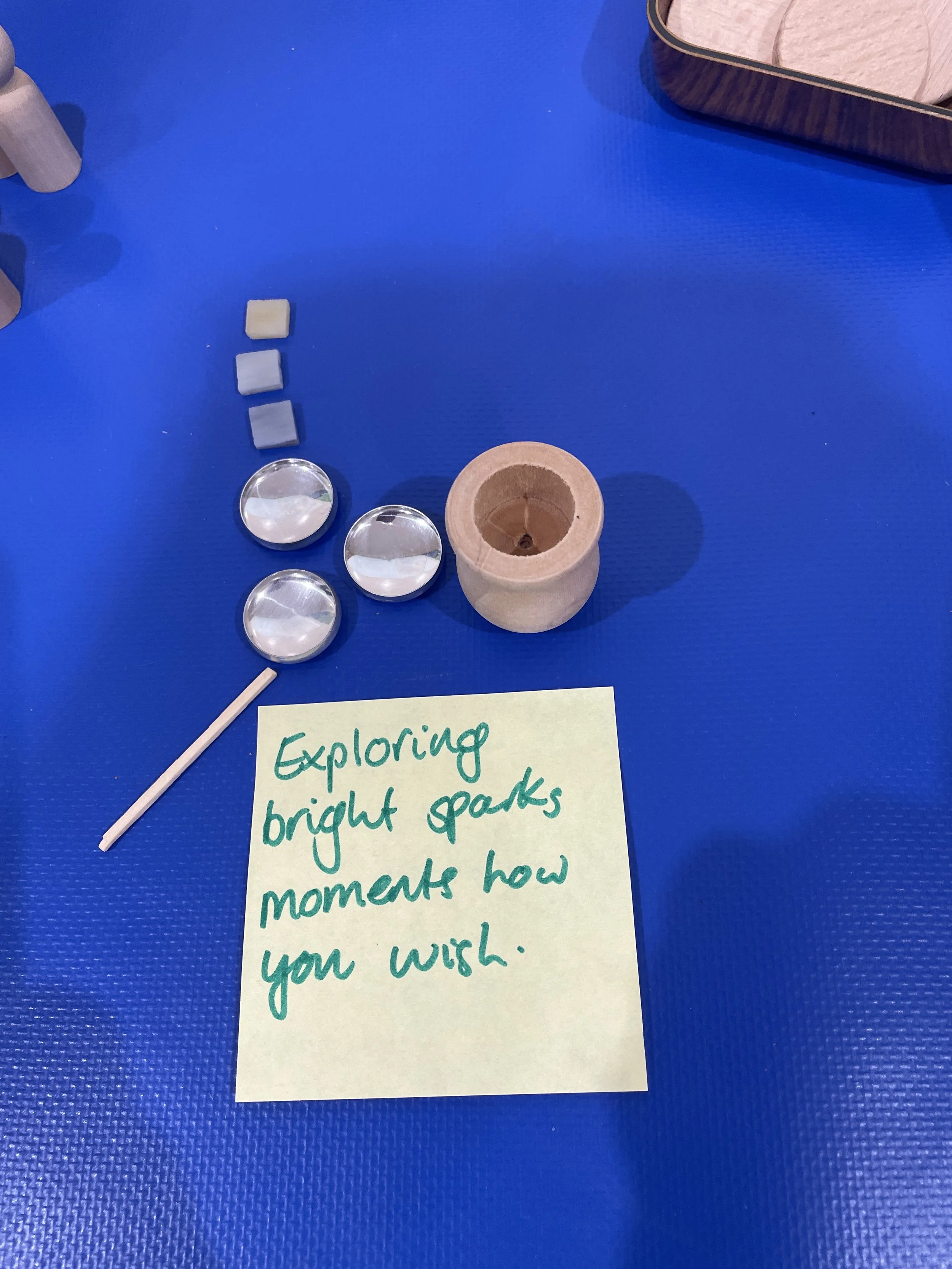
American International School Goungzhou, China
Single Subject Teachers’ Workshop: Single Subject Learning in the PYP: Bringing Conceptual Inquiry into Action
Teachers of Physical Education, Music, and Art engaged in exploring what conceptual inquiry looks like within their disciplines. The focus was on designing conceptual units, fostering inquiry, building understanding and supporting student agency.
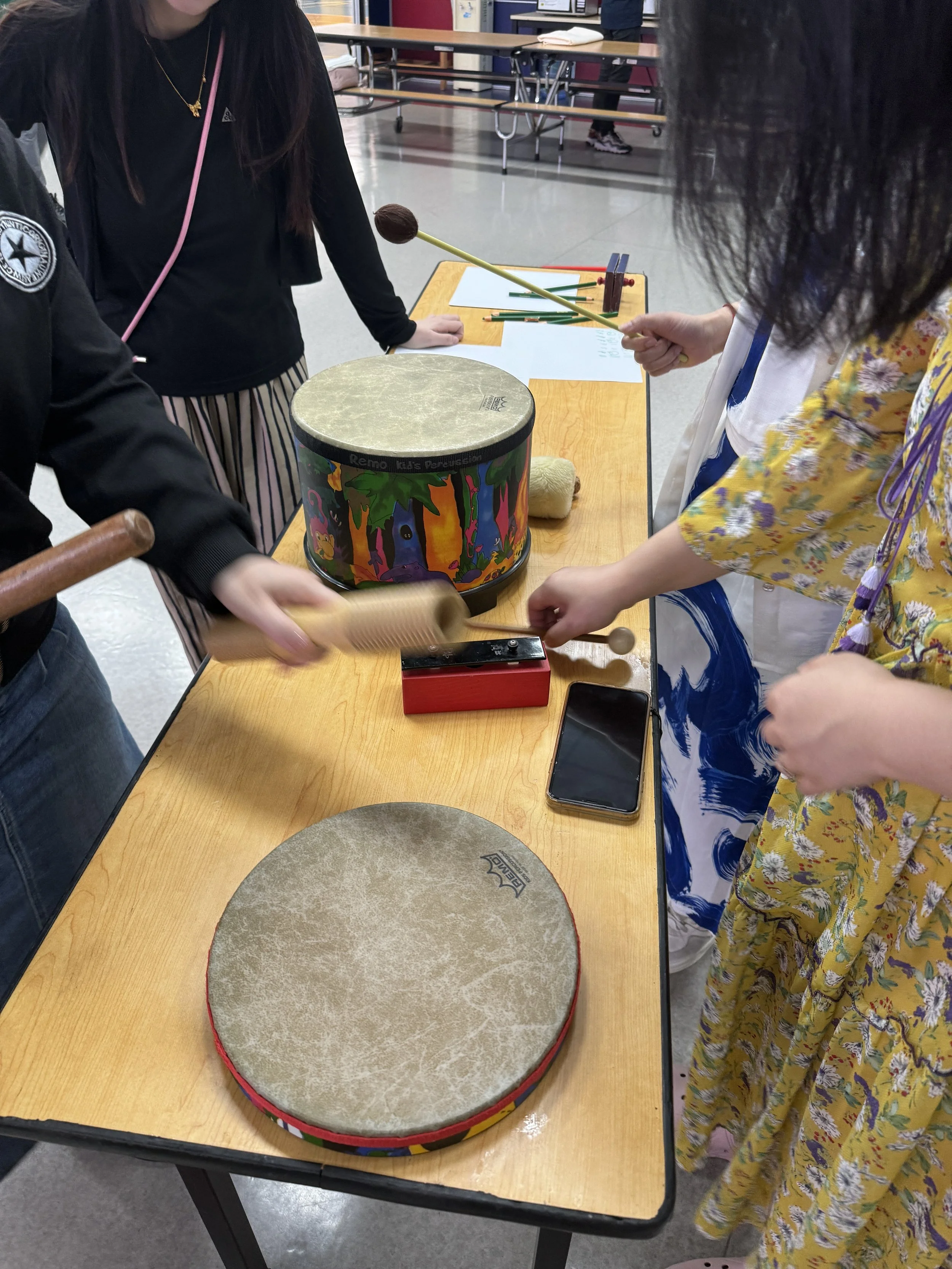
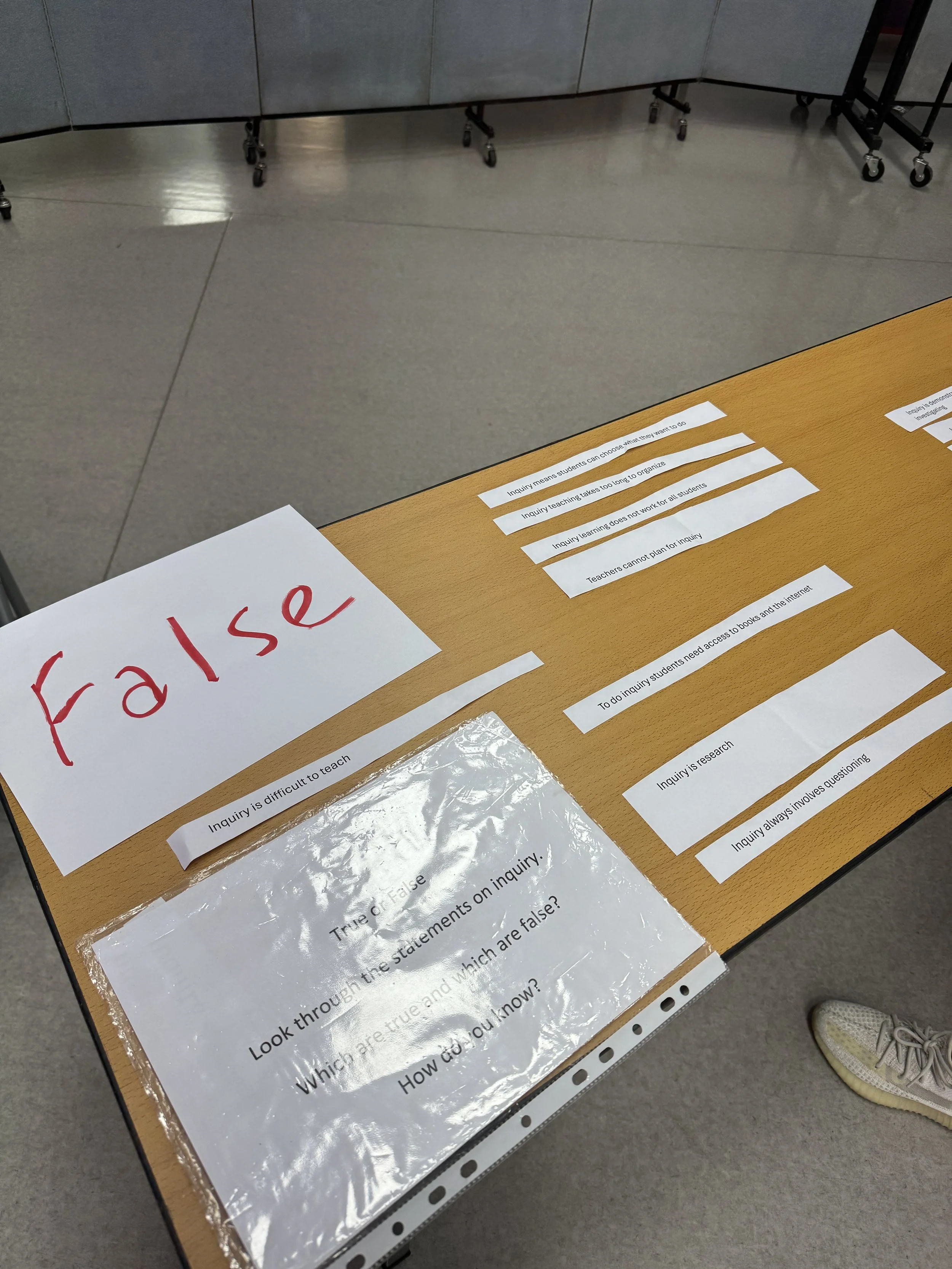
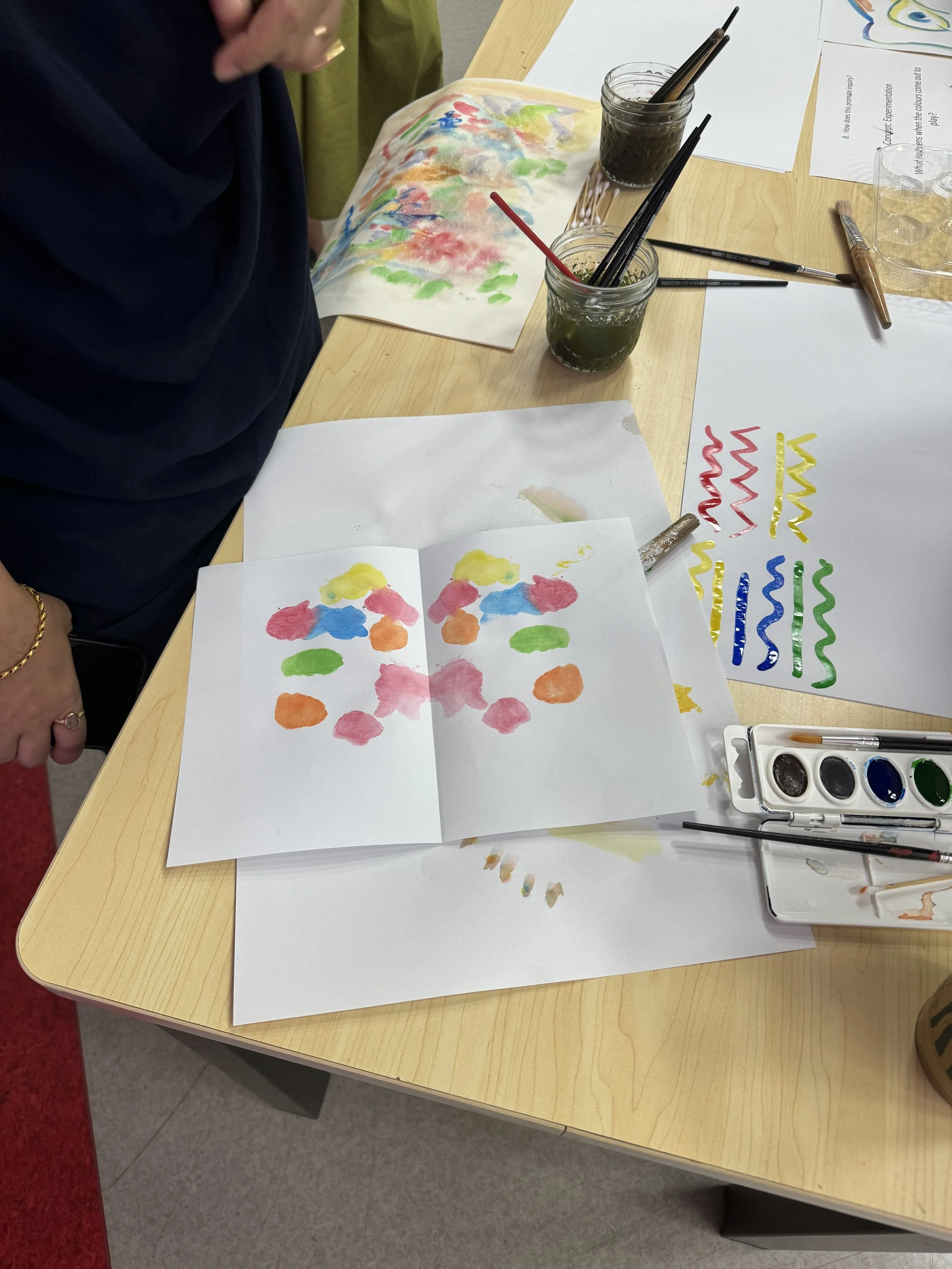
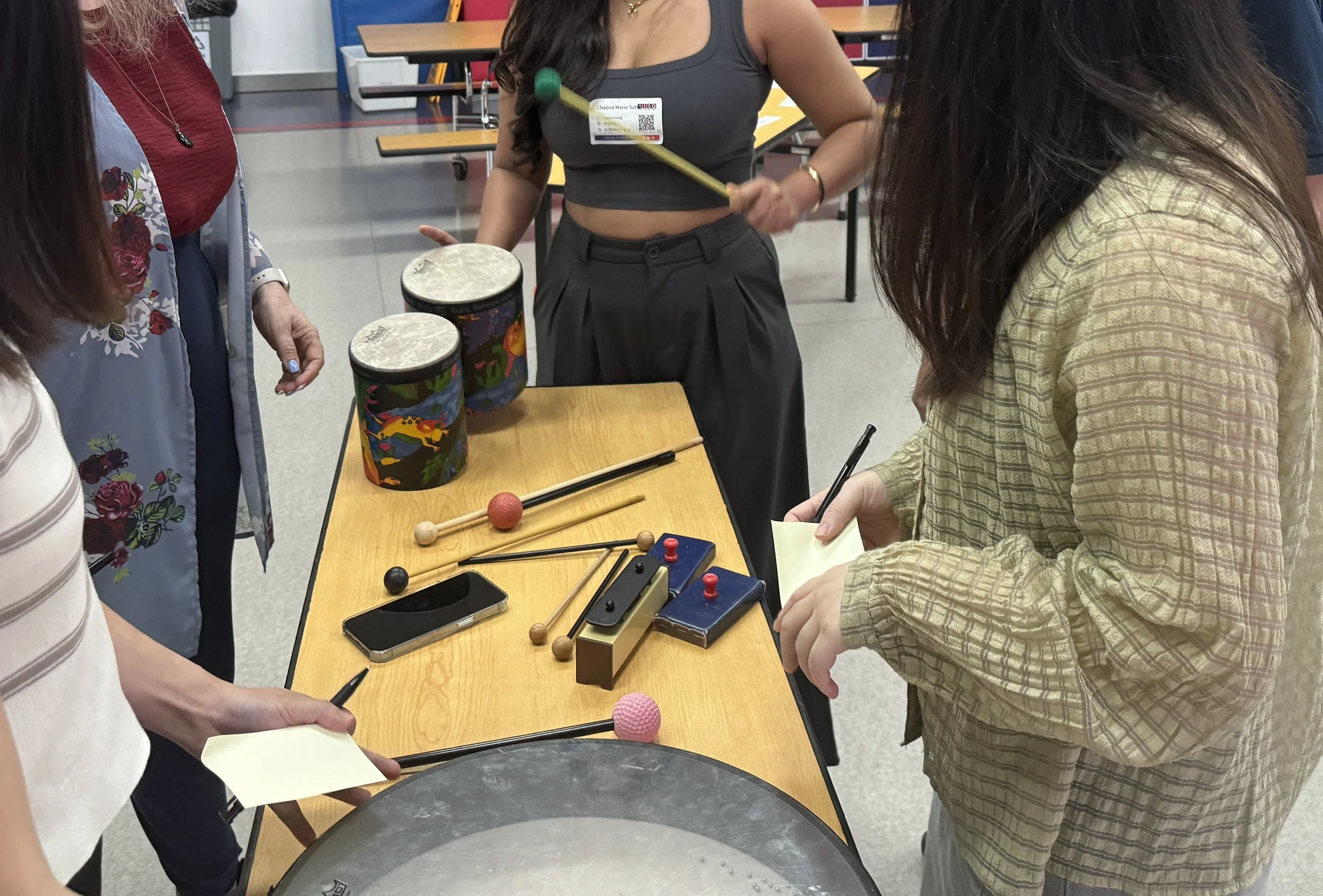
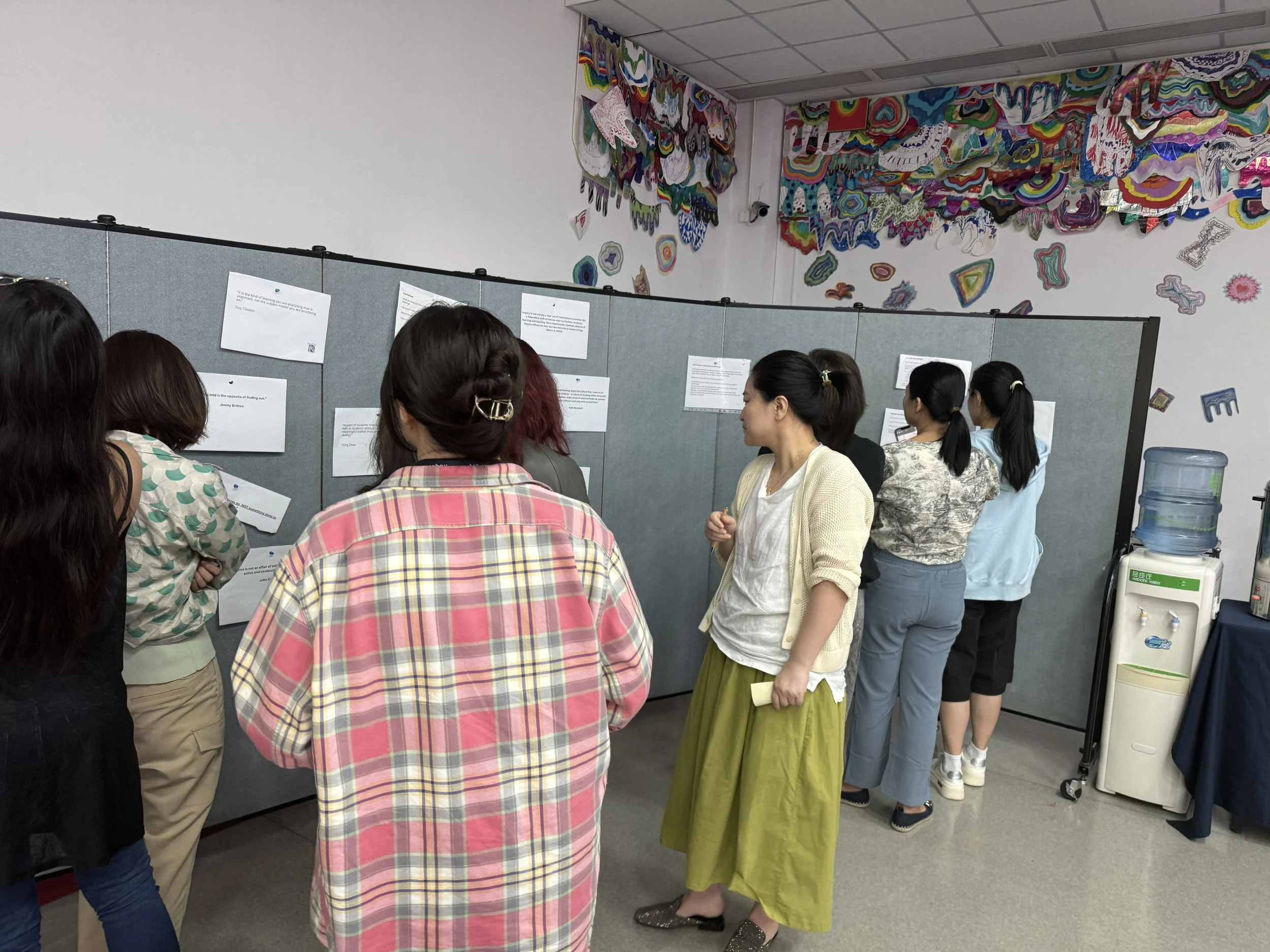
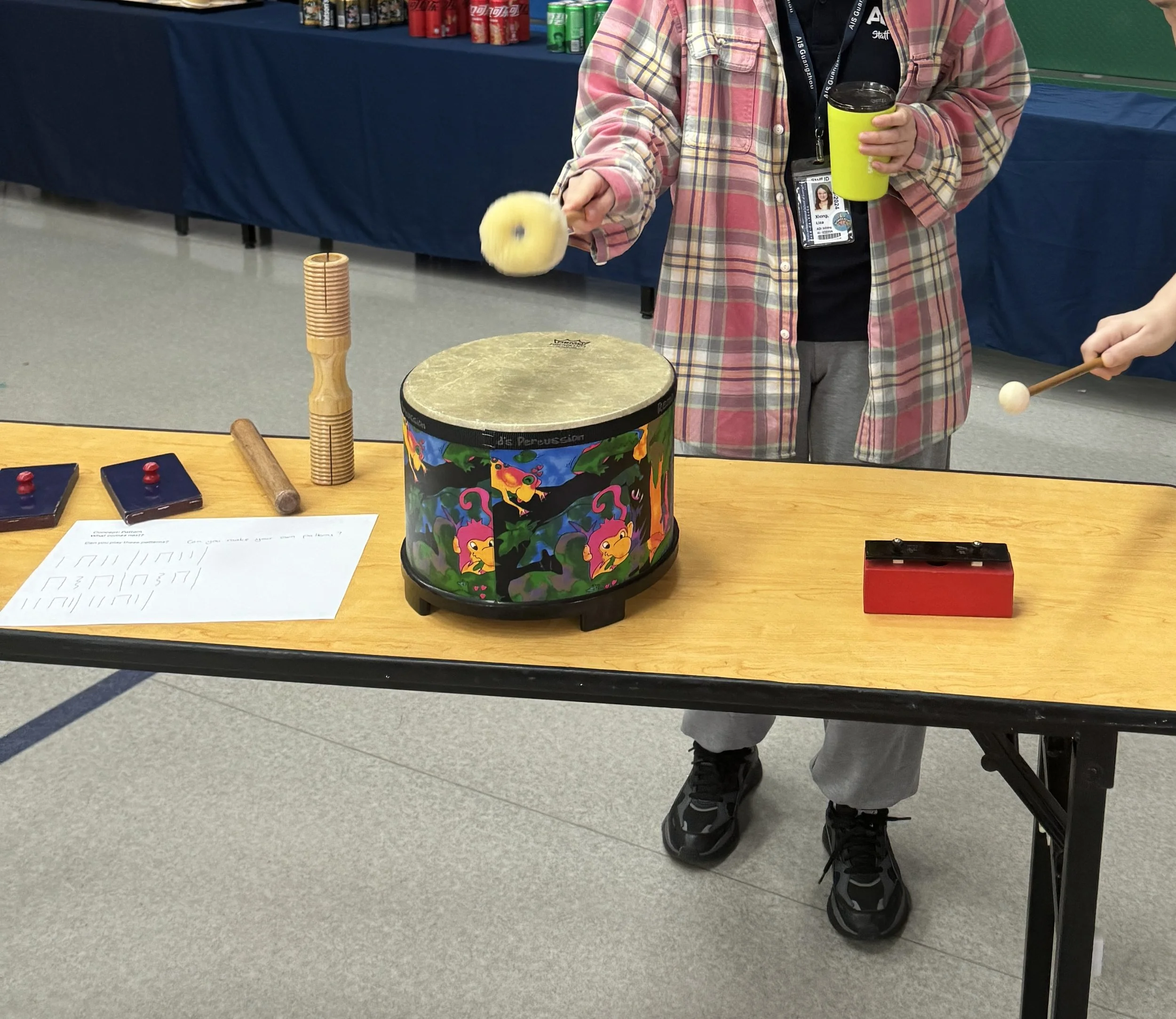
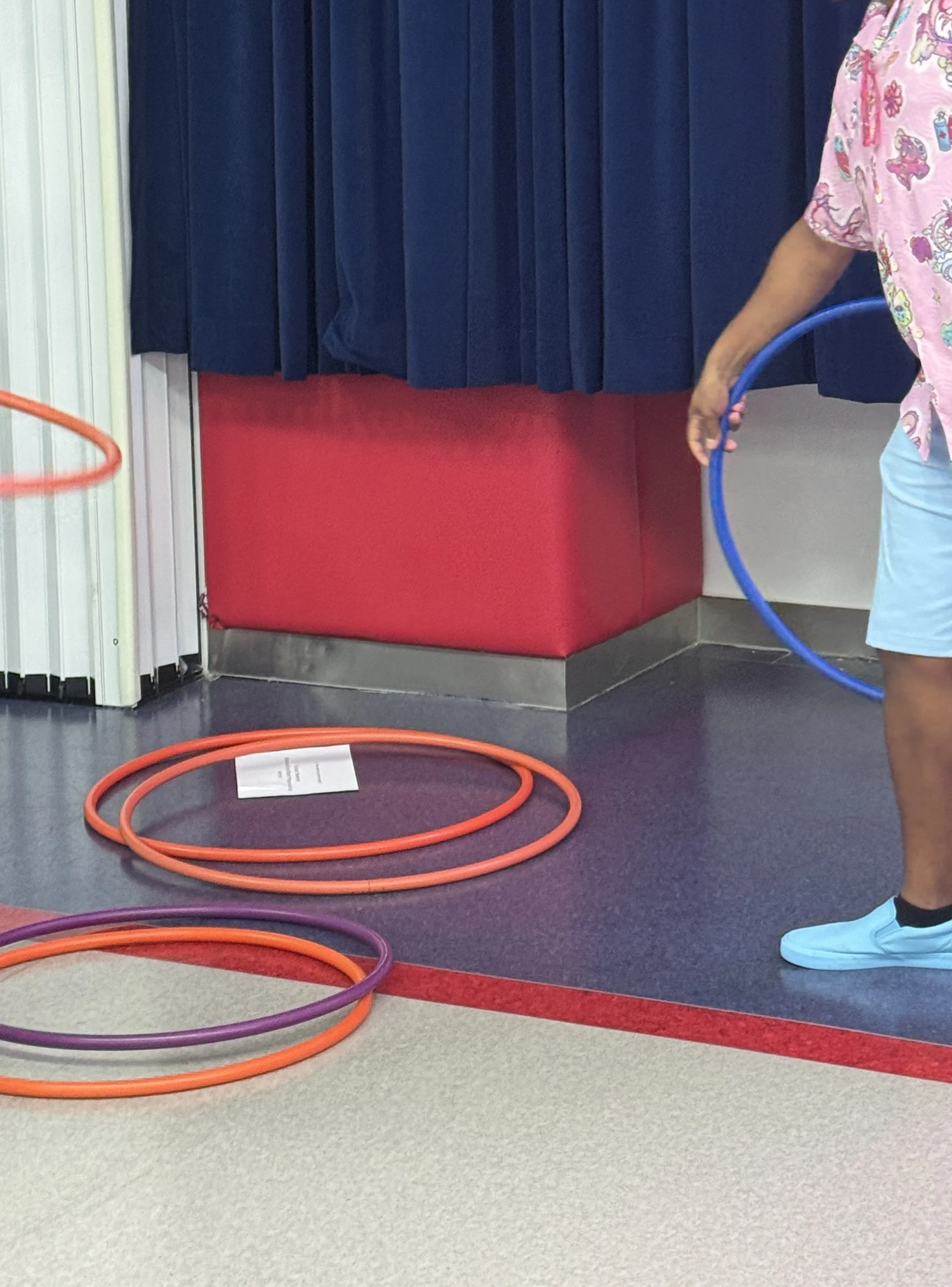
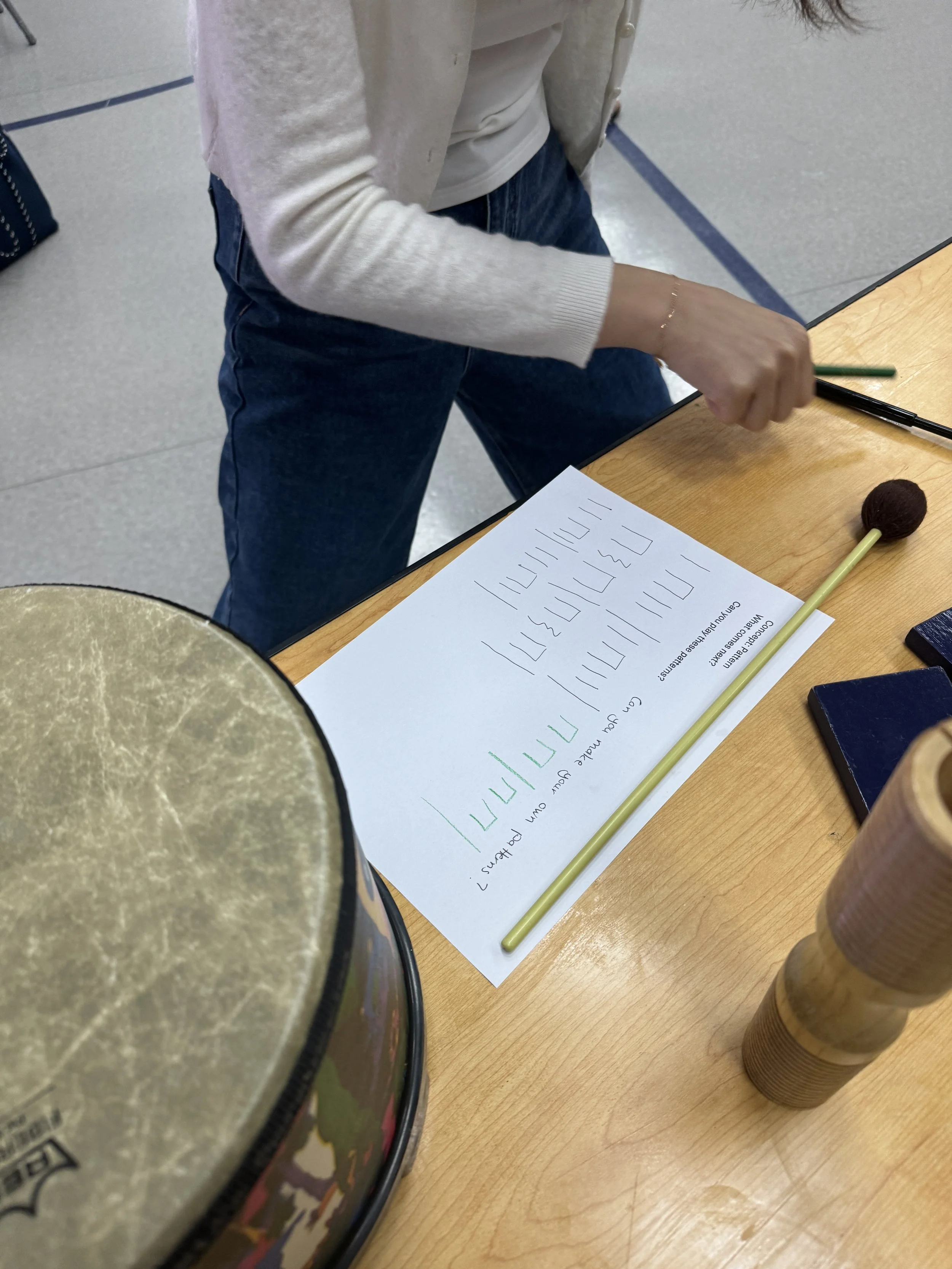
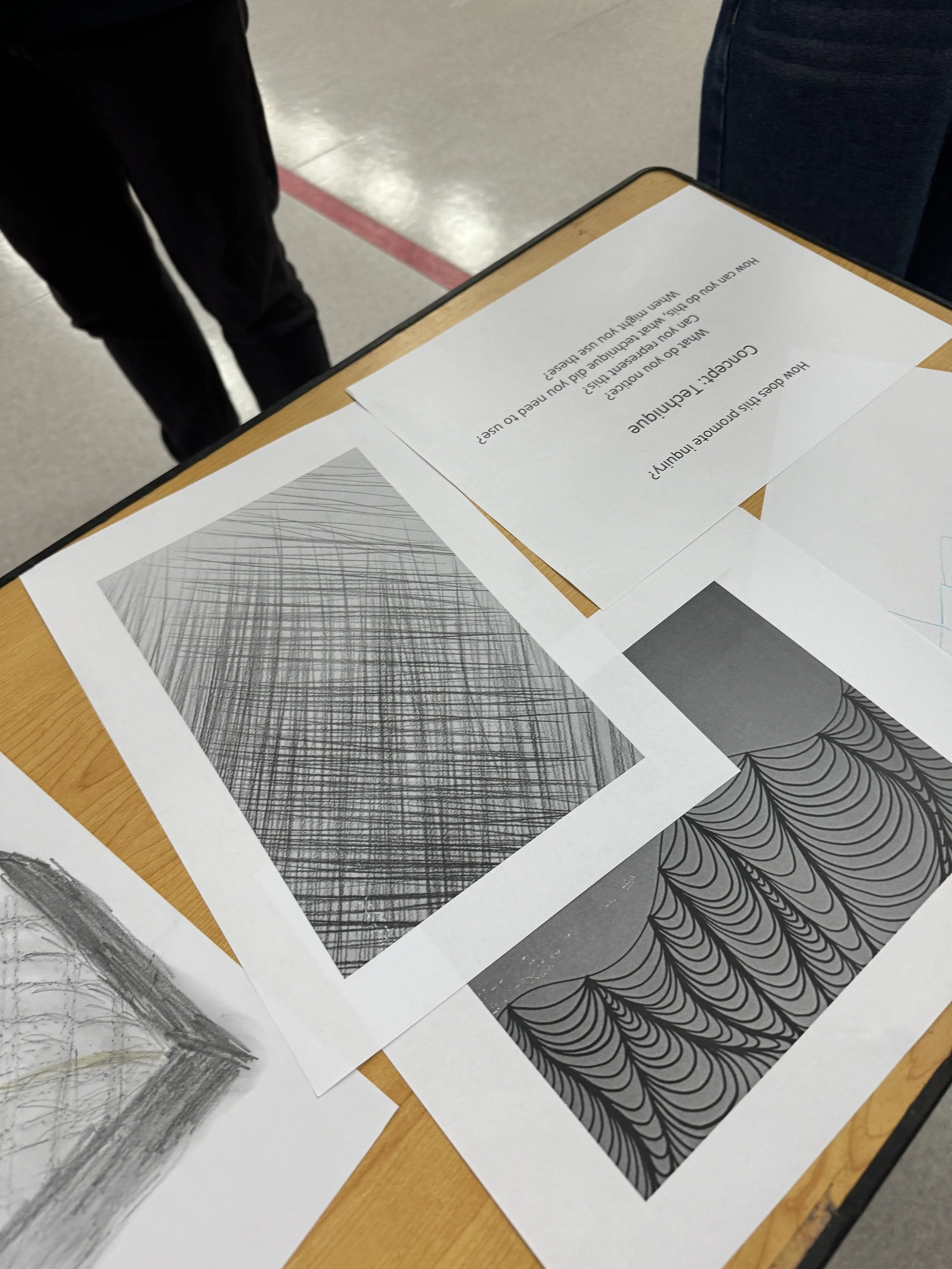
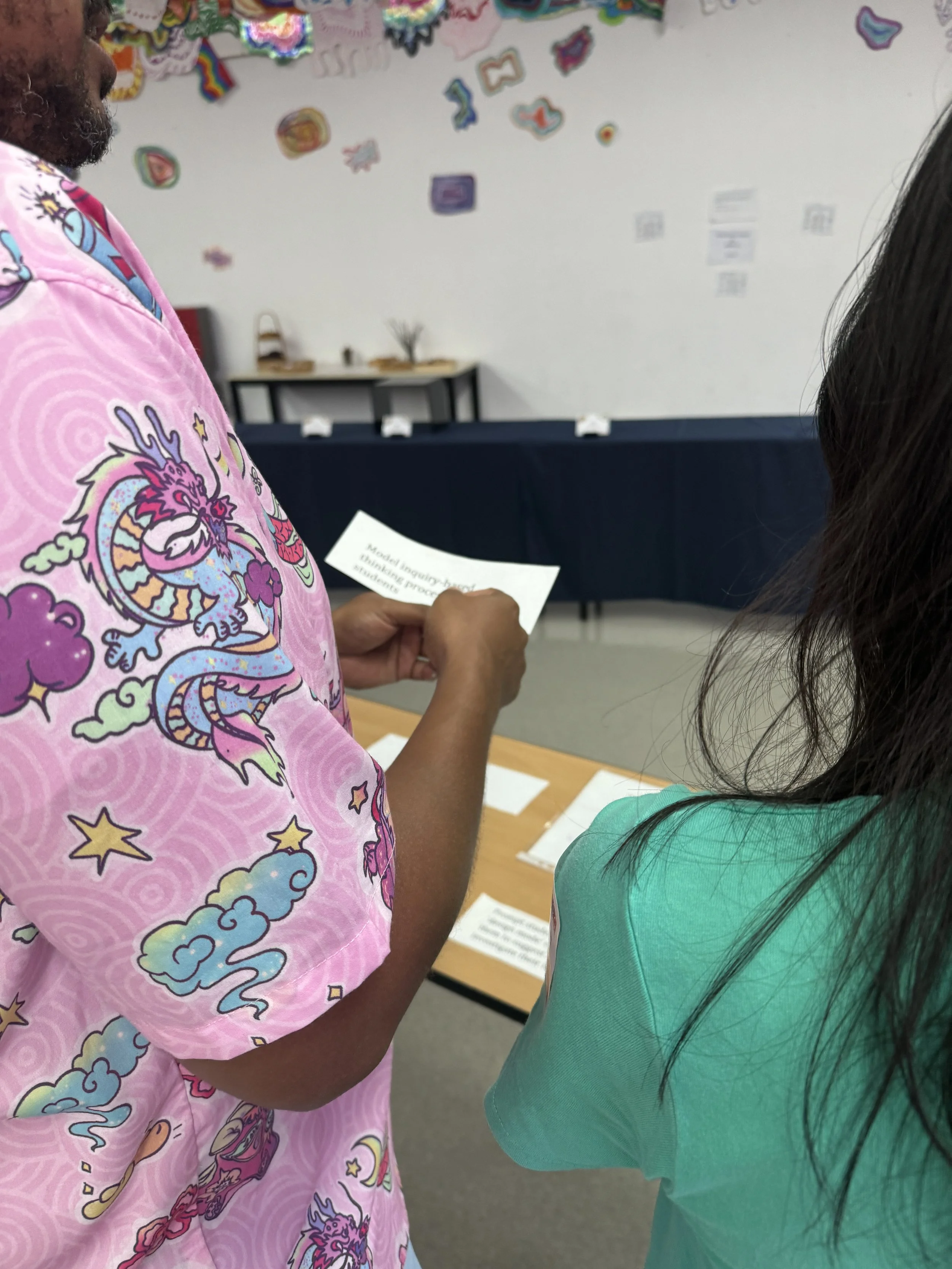
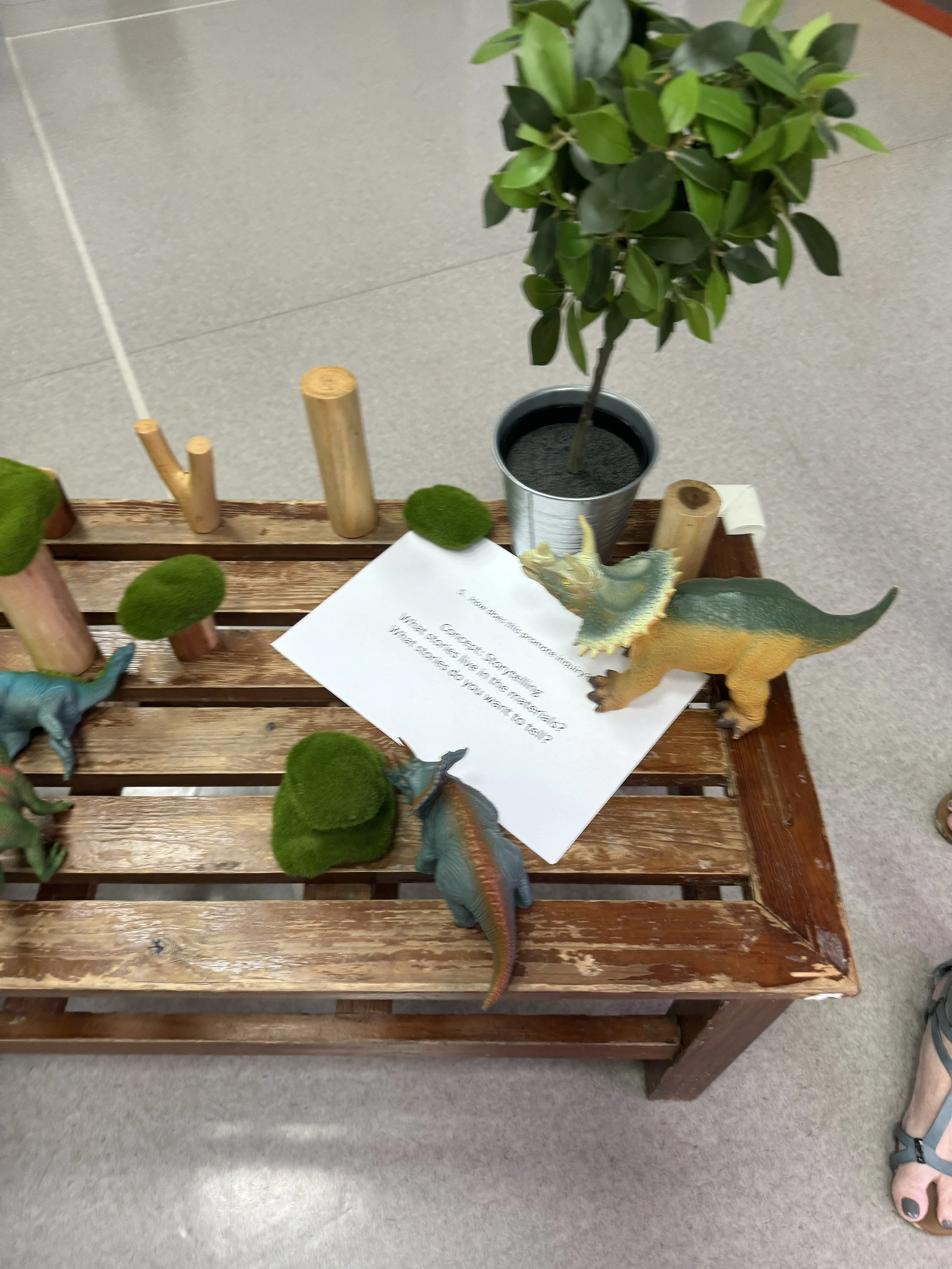
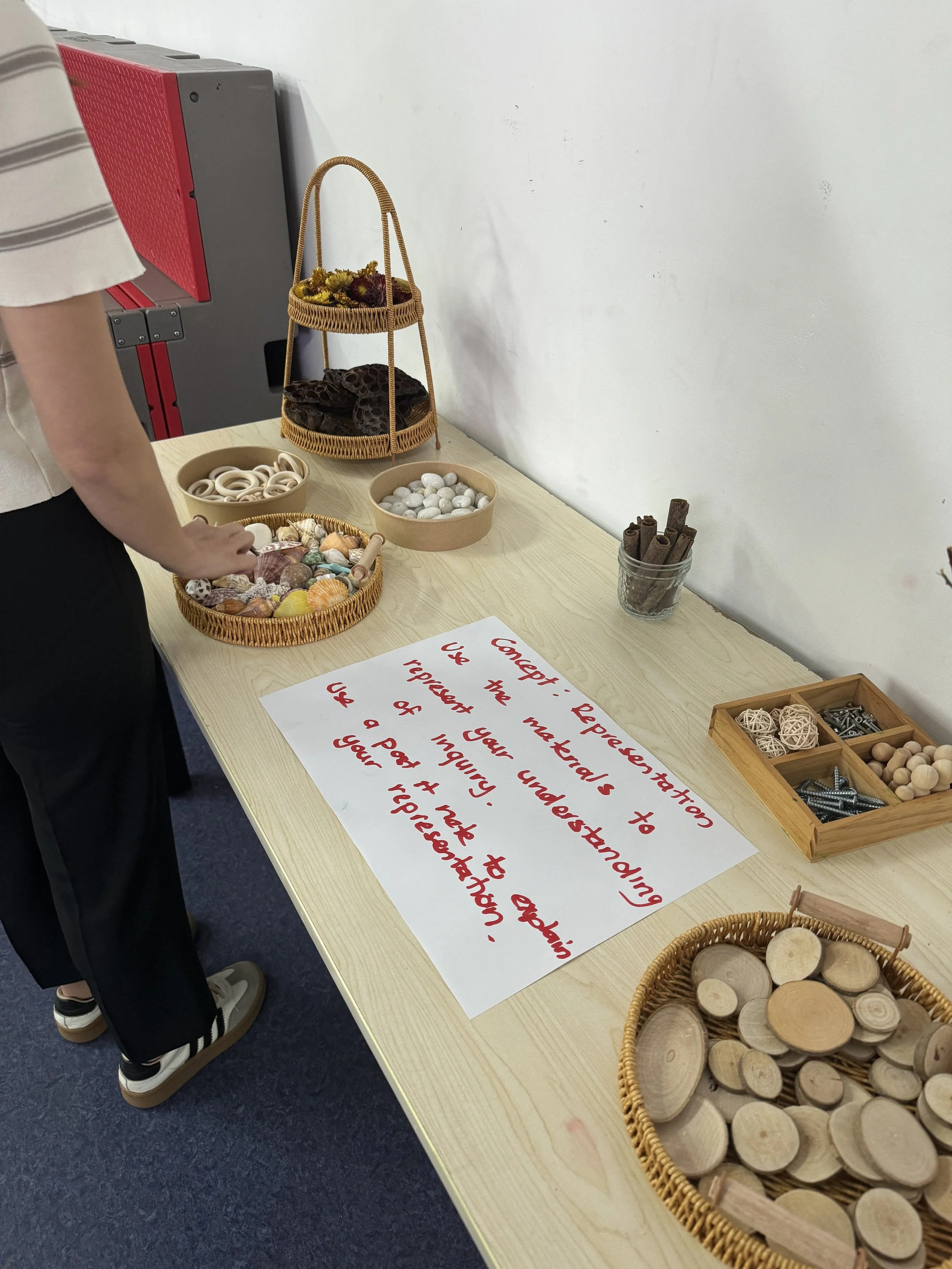
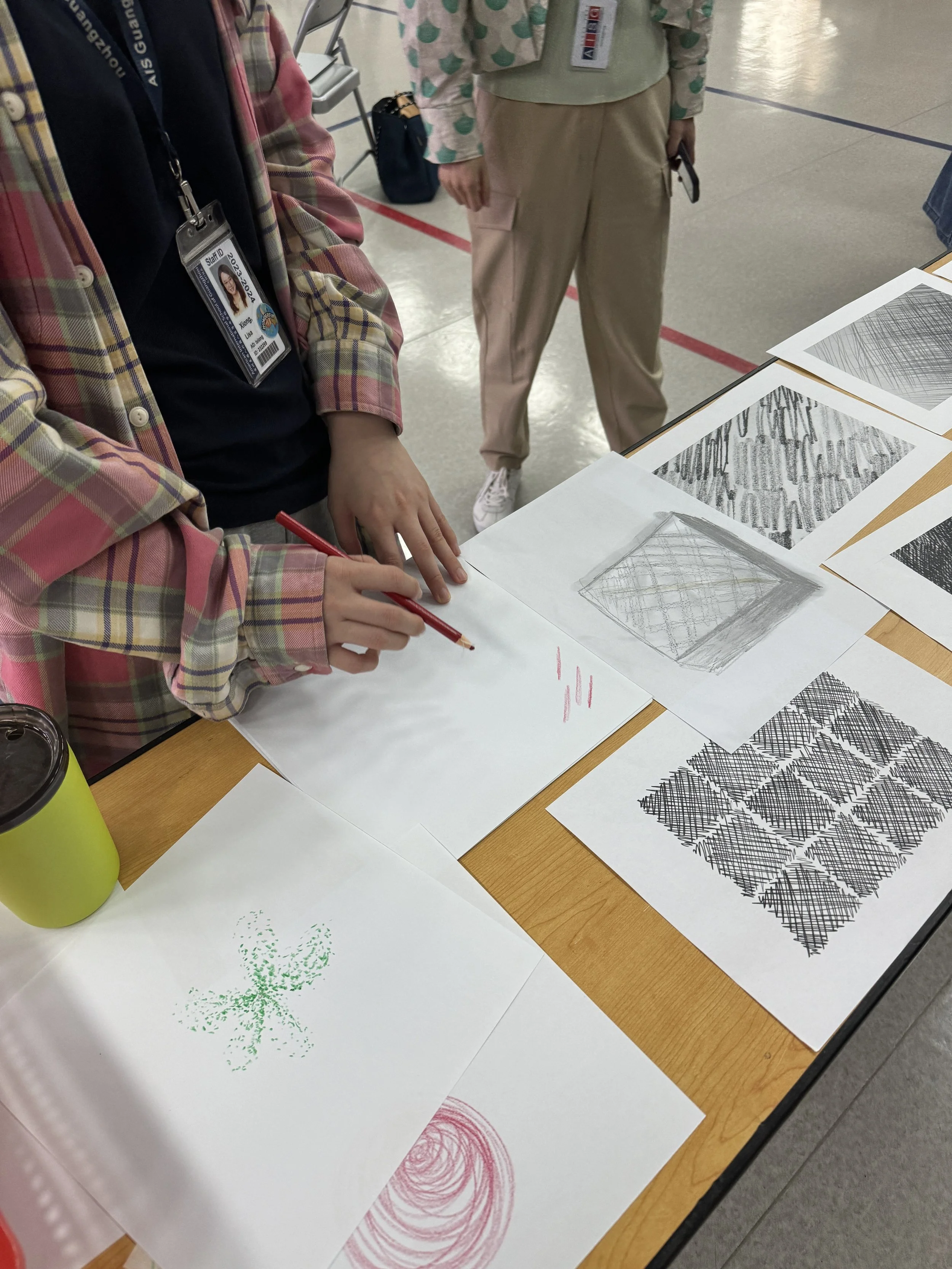
Shanghai American School, Shanghai, China
Middle Years teachers shared their ideas on how to embed inquiry practices into their own teaching and learning. Modelling inquiry is essential, as it allows educators to experience first-hand what it means to engage in inquiry-based learning.
Workshop: Inquiry in Action
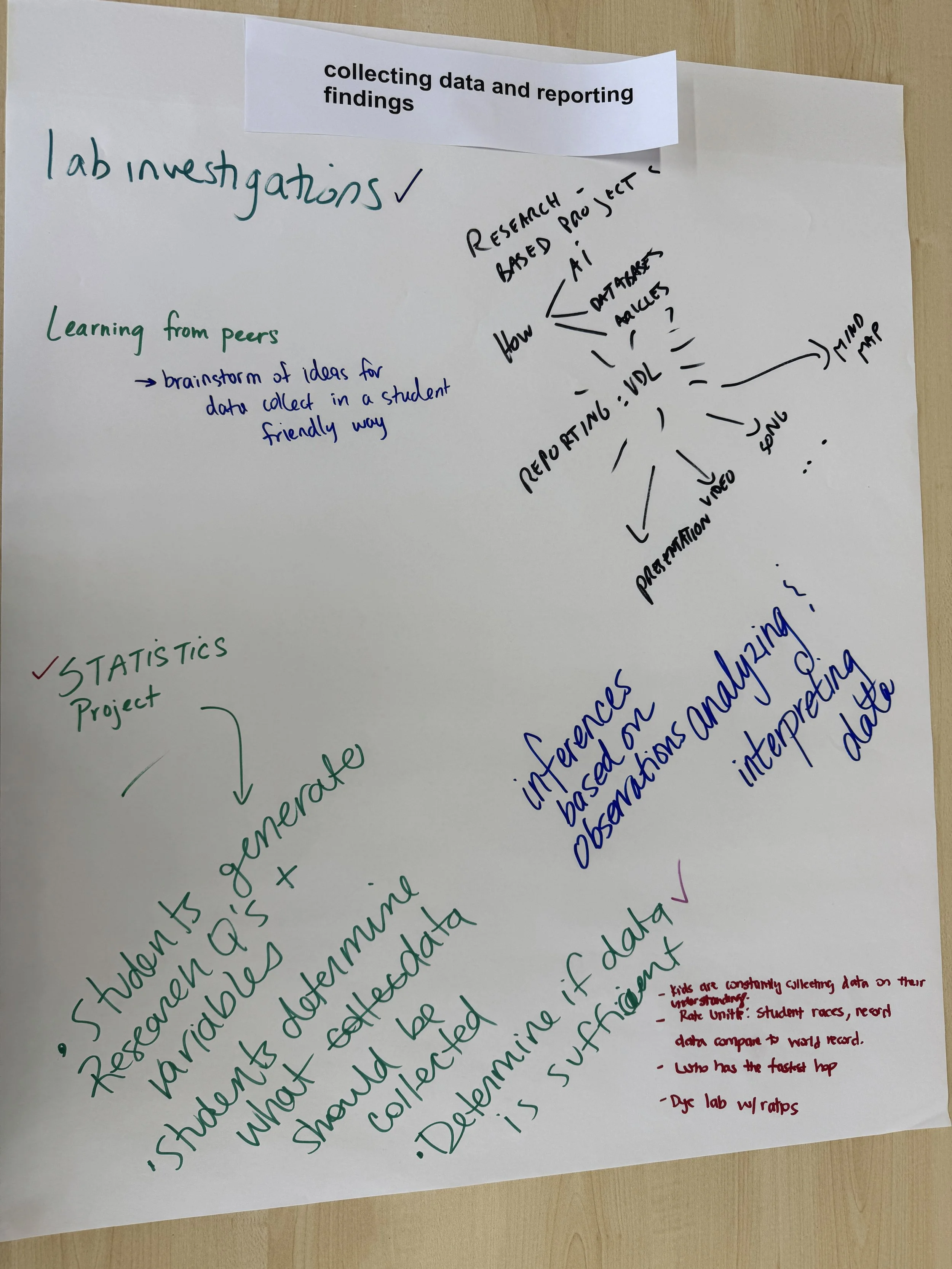
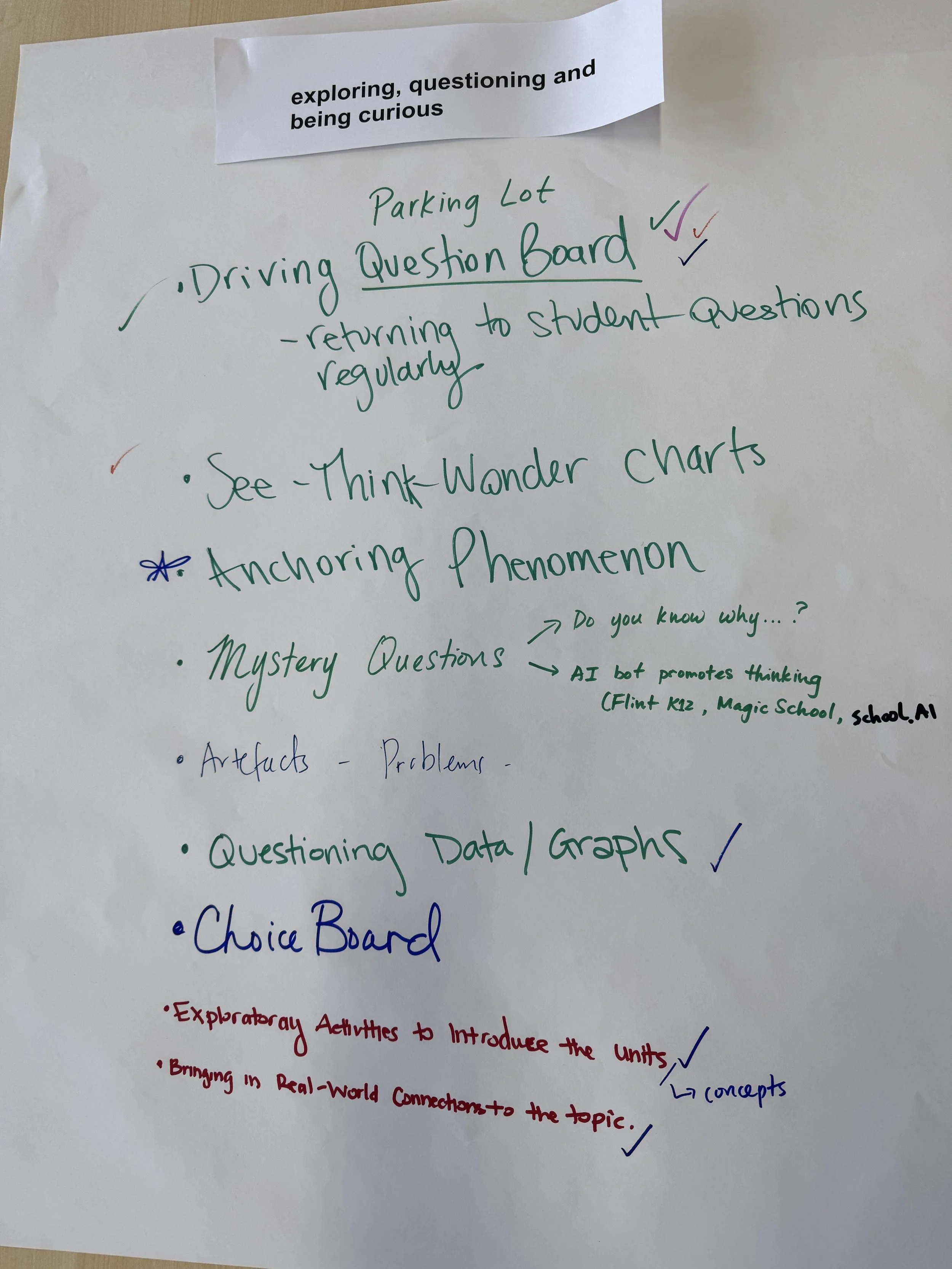
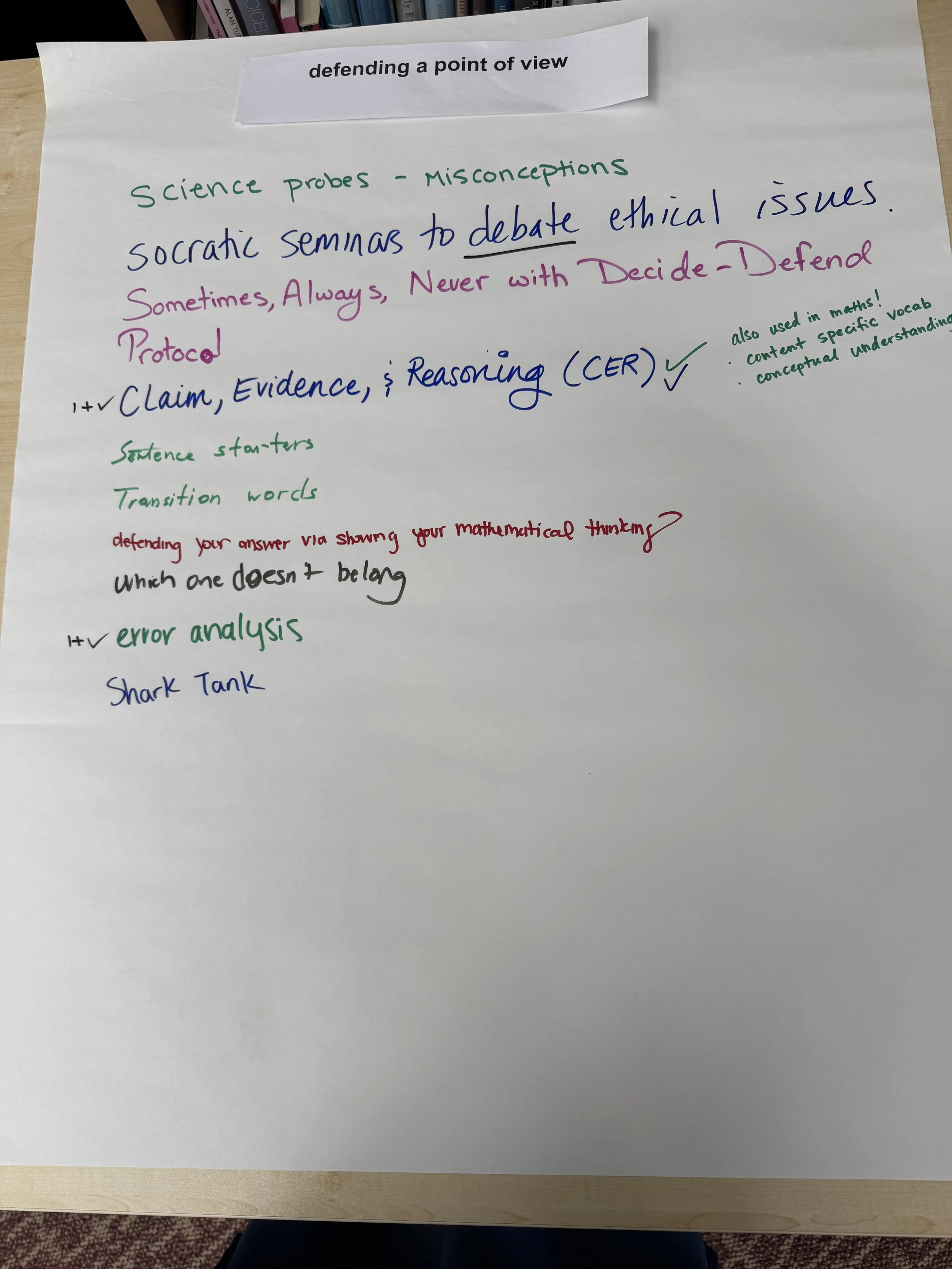
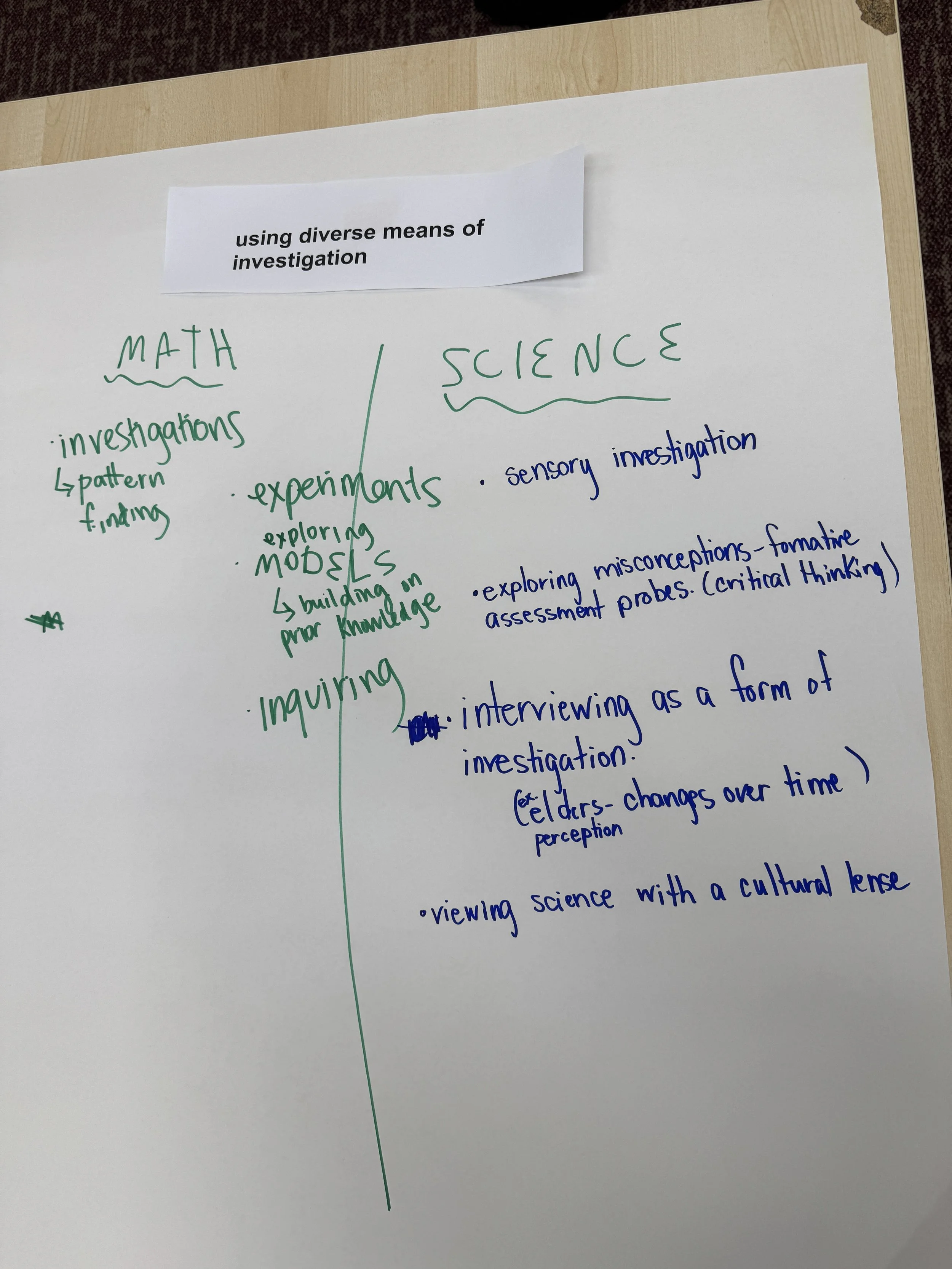
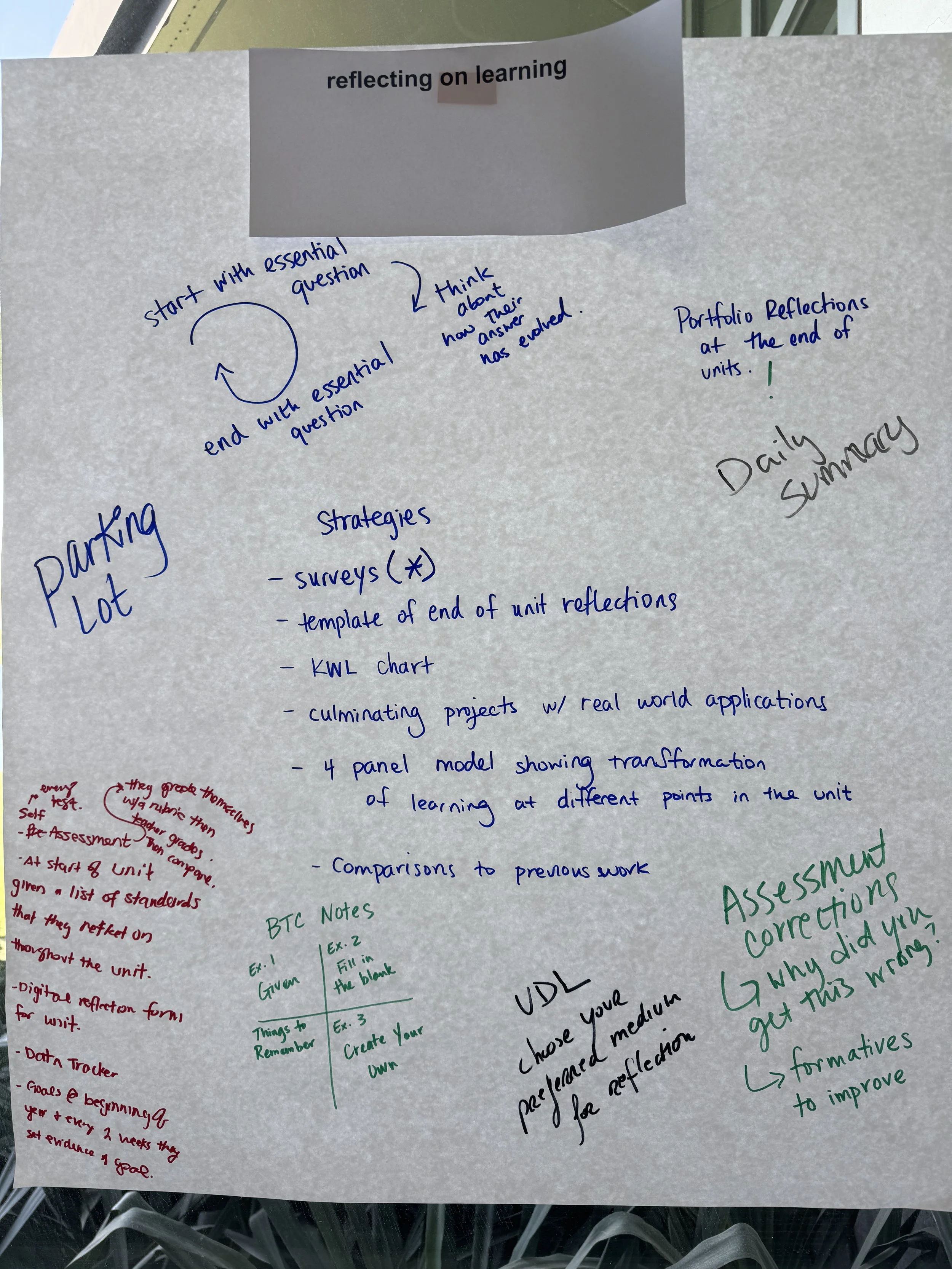

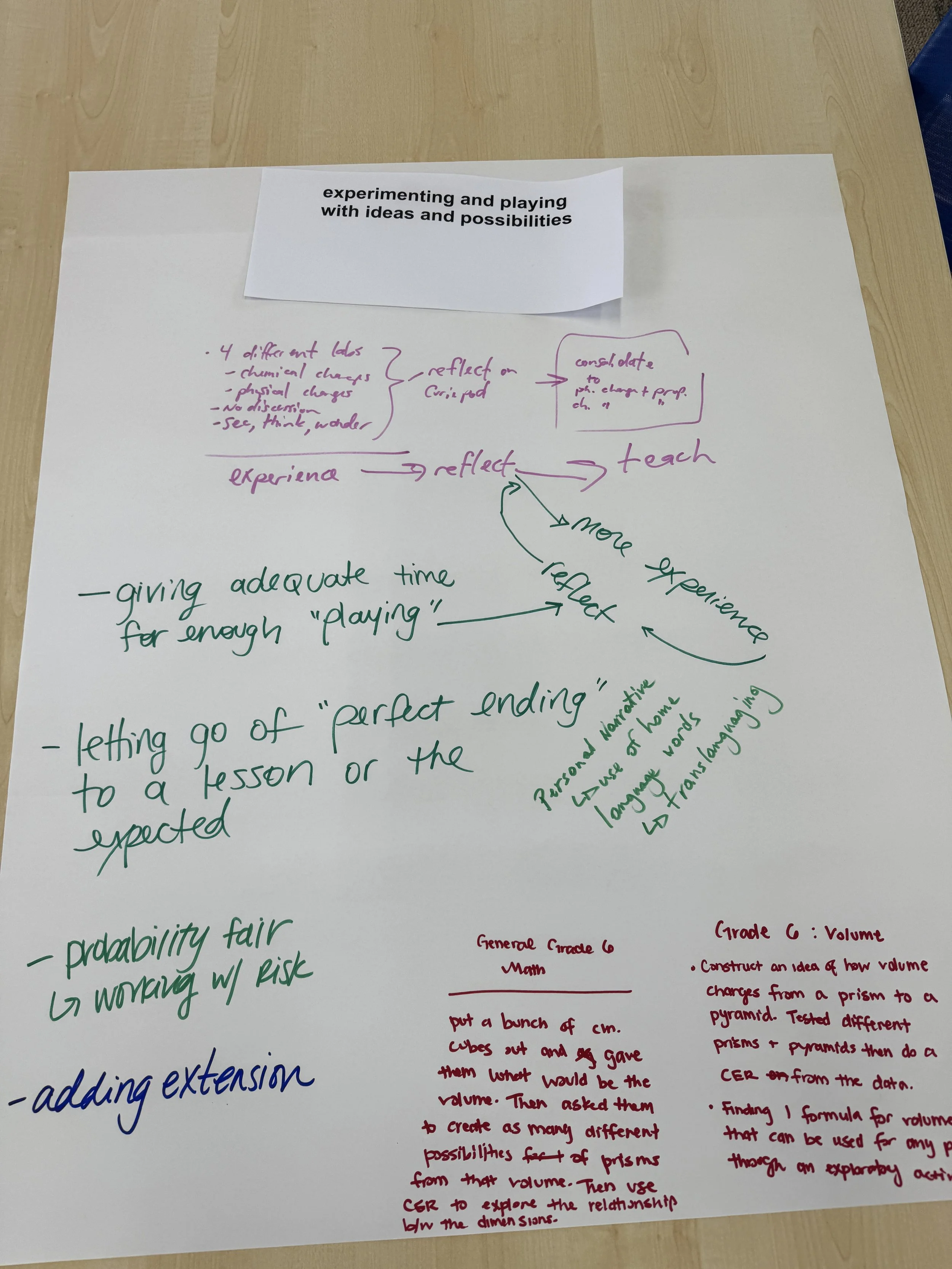
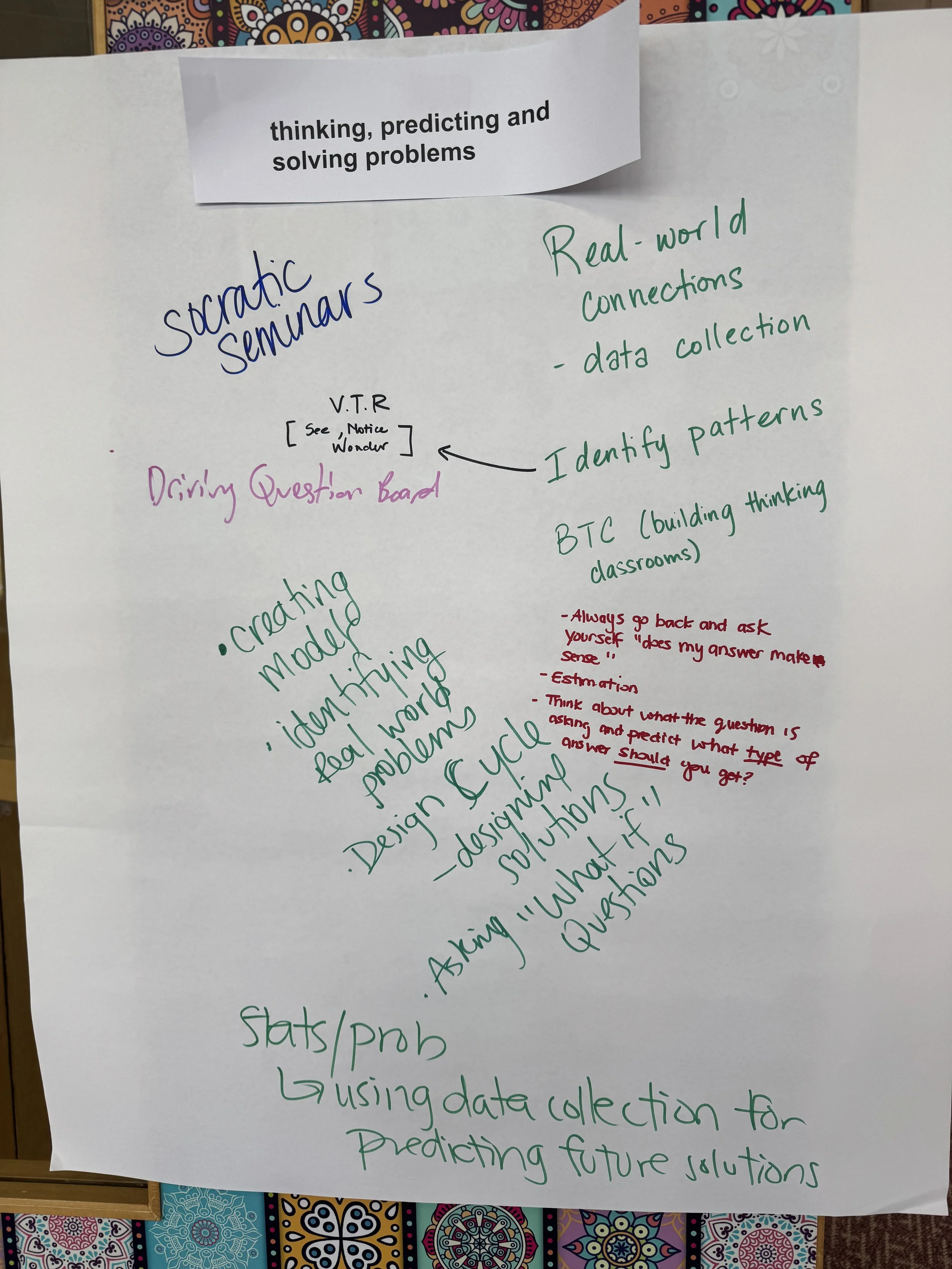
Radford College, Canberra, Australia
Participants engaged with a range of learning invitations designed to deepen their understanding of conceptual learning and inquiry, while also modelling strategies they can apply in their own classrooms.
Workshop: Conceptual Inquiry
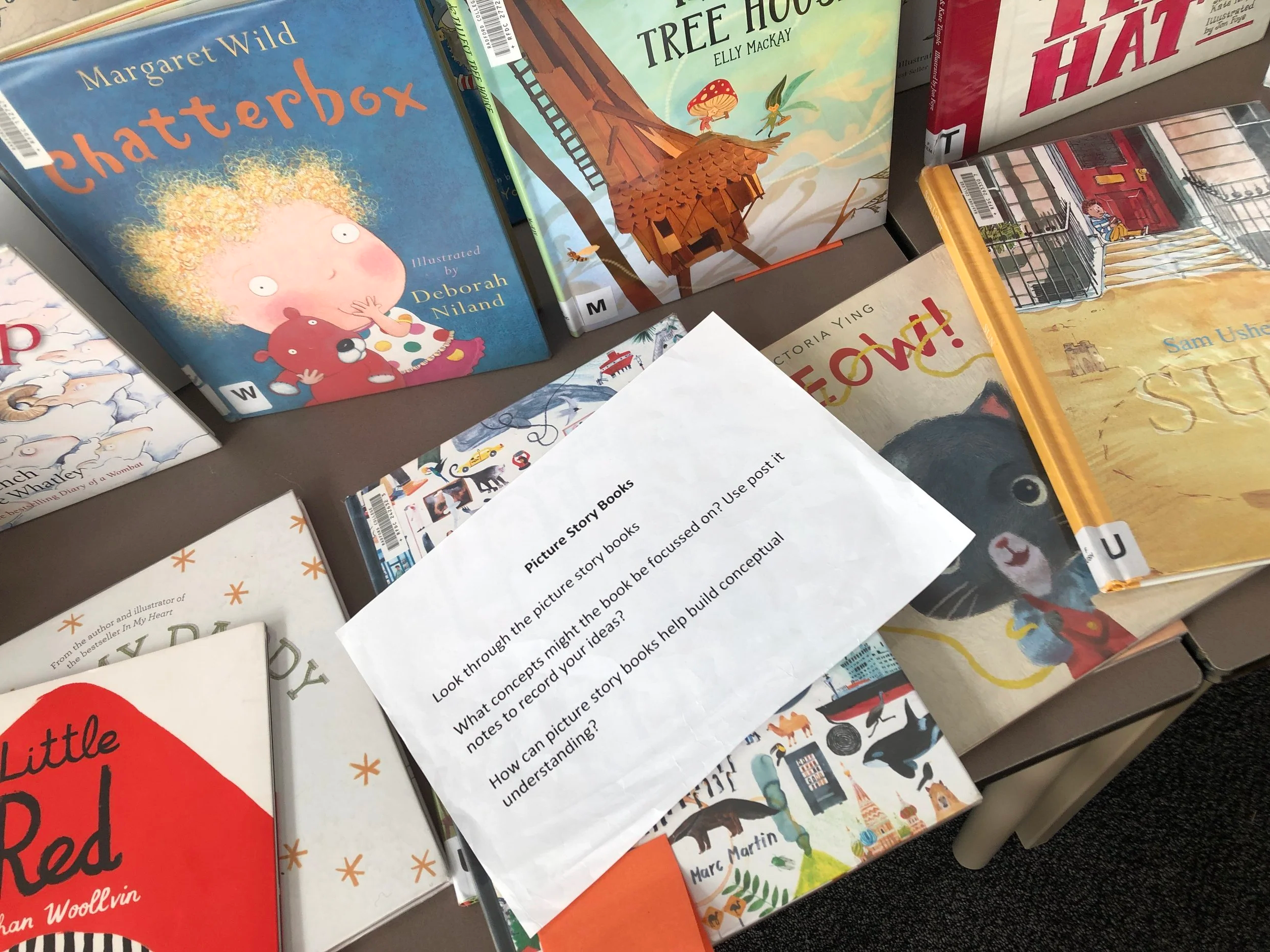


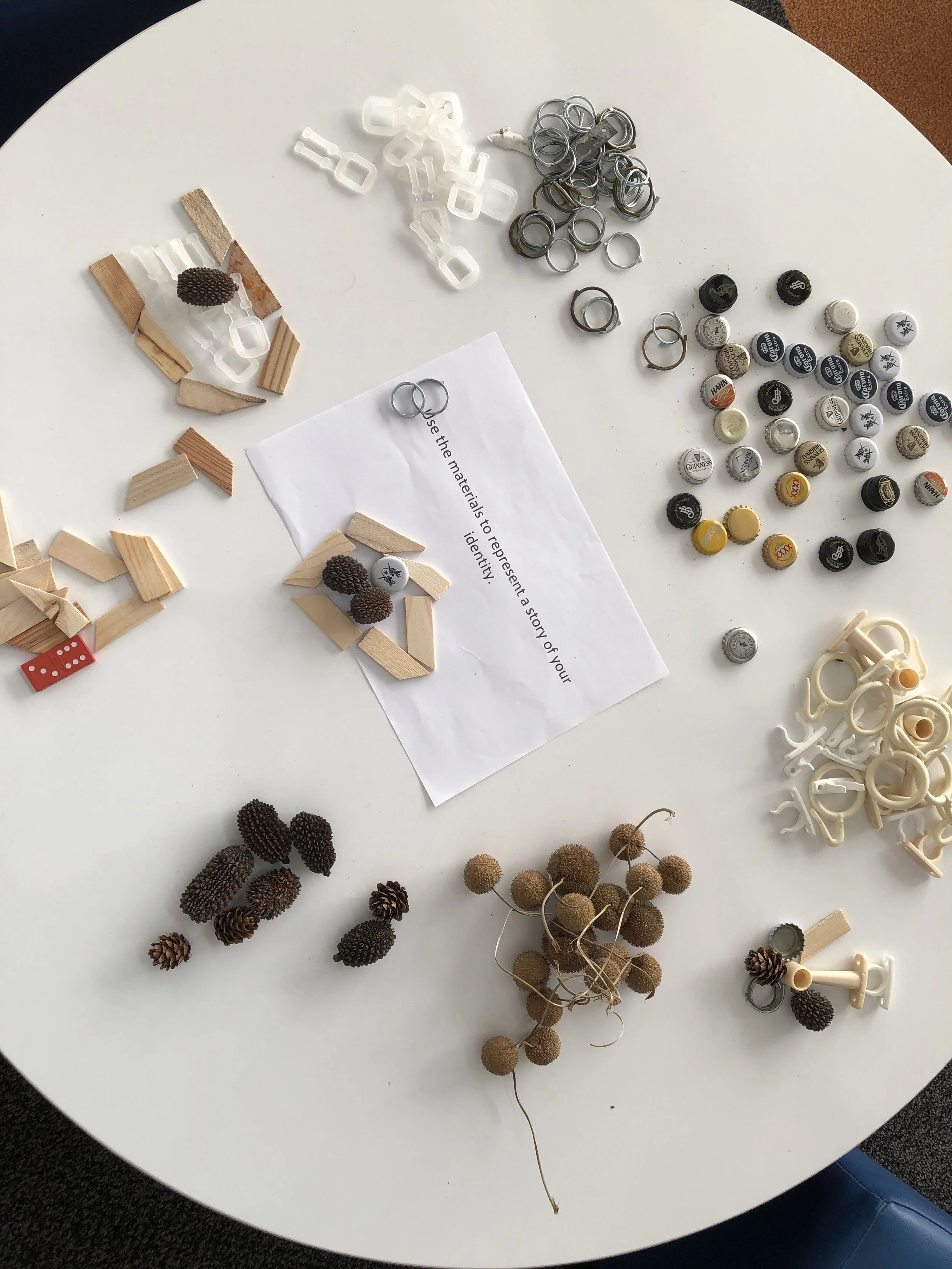

Oberoi International School, Mumbai, India
Workshop: Assess to Progress: Unleashing Learning Potential Through Effective Assessment
Middle Years educators explored how continuous and authentic assessment can deepen conceptual understanding and support student agency. The learning focused on using rubrics, feedback, and student involvement to inform responsive planning and enhance engagement. Teachers reflected on their current practices and identified ways to strengthen assessment through diverse, purposeful strategies.
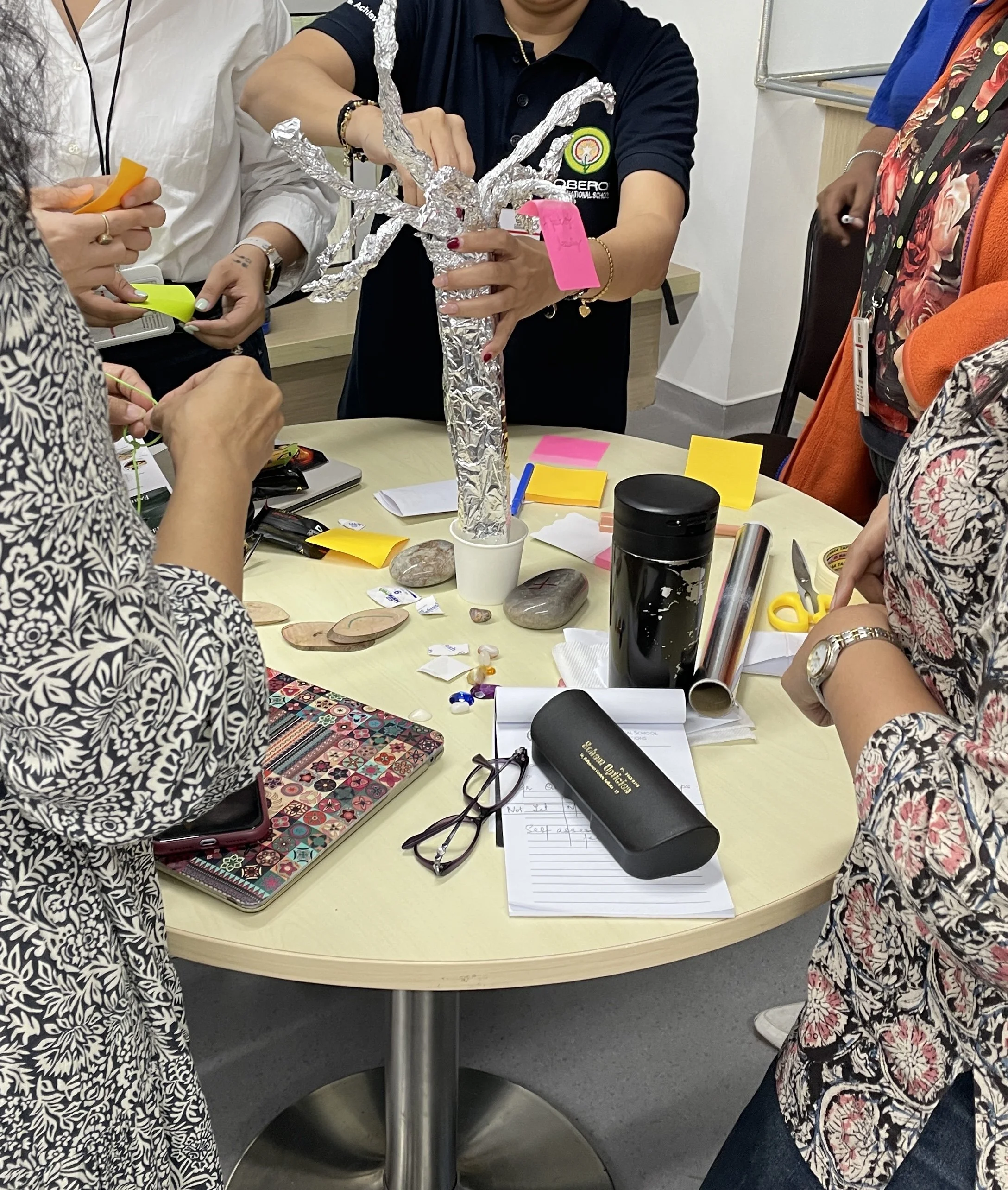
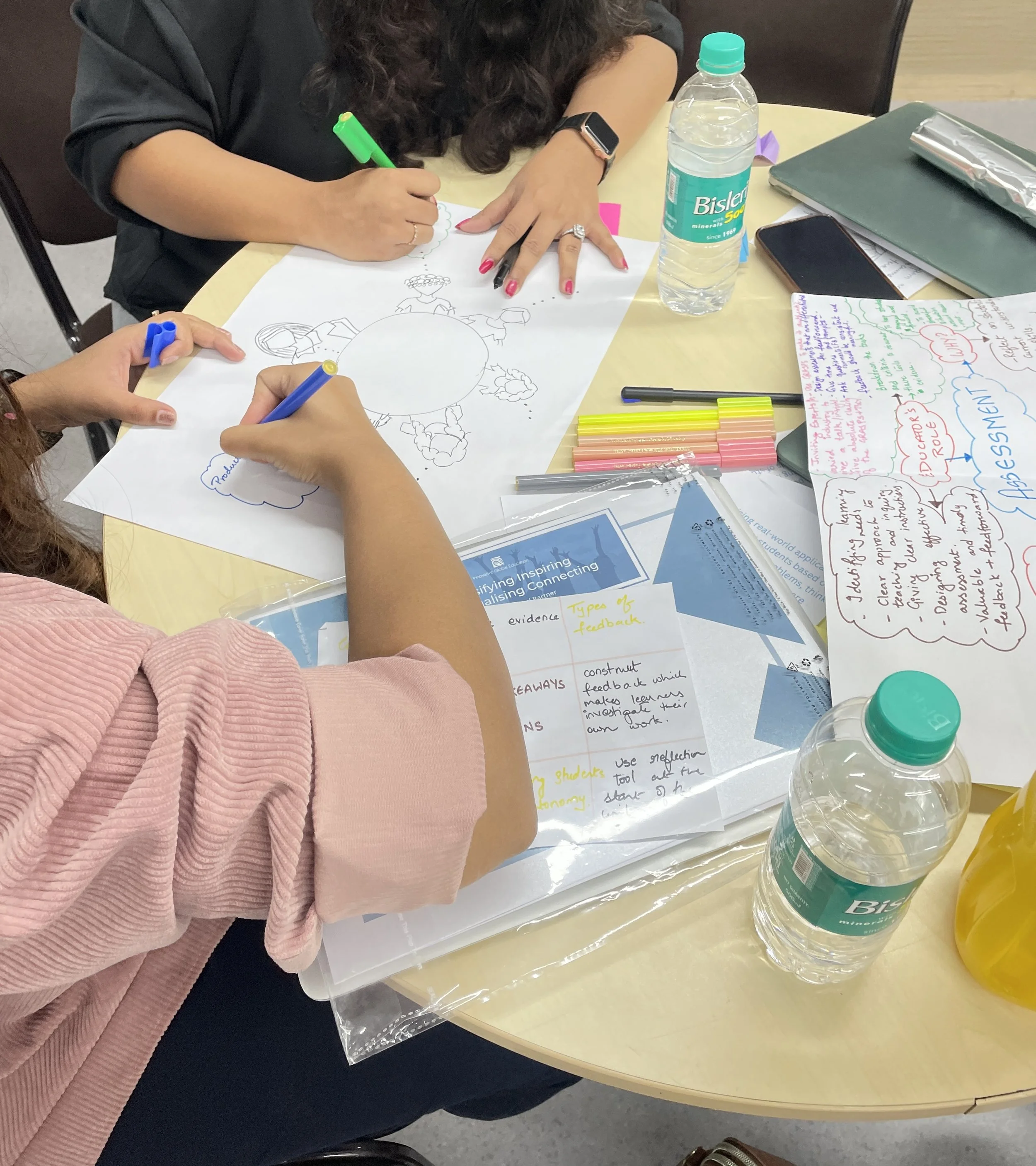
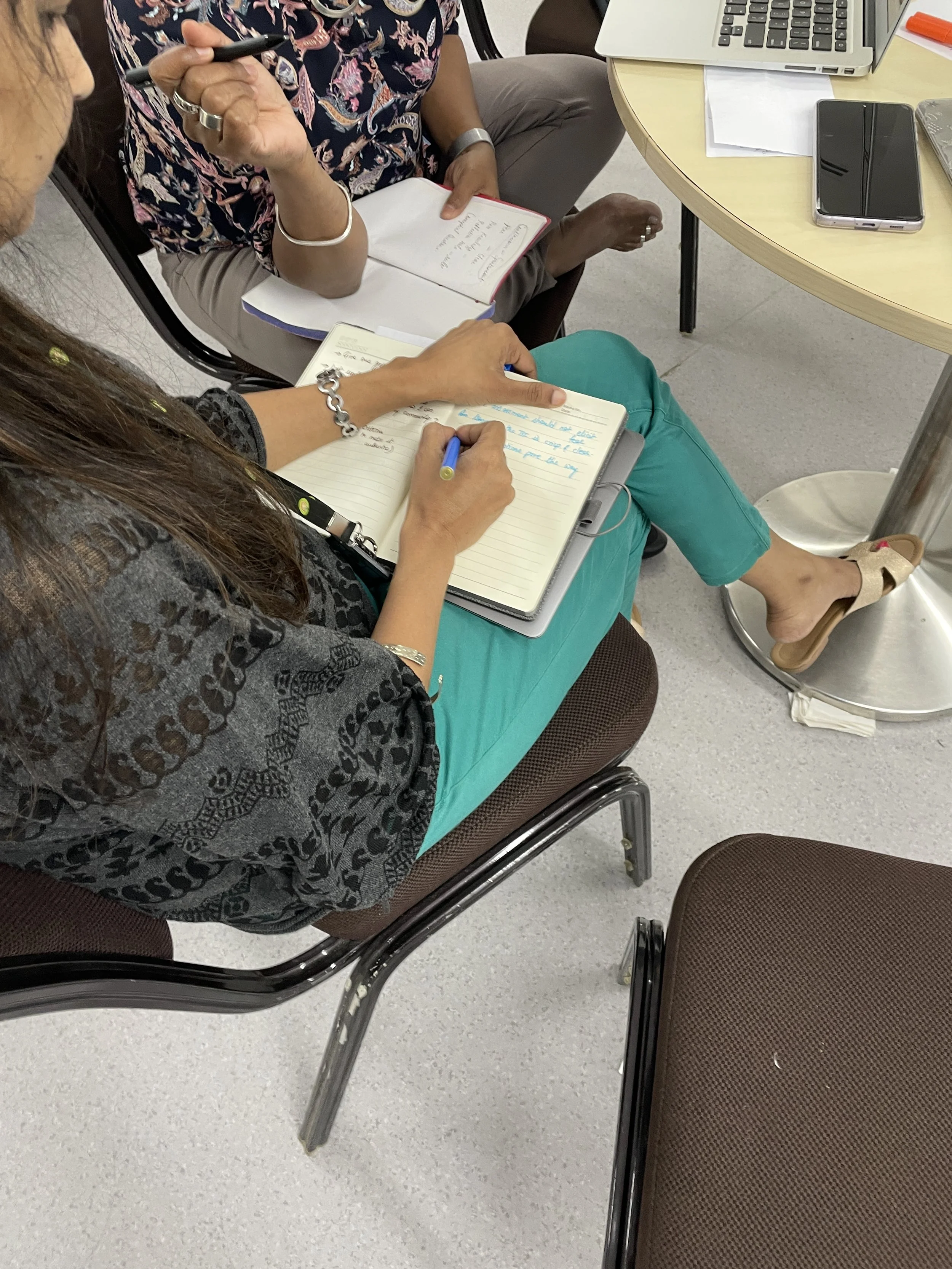
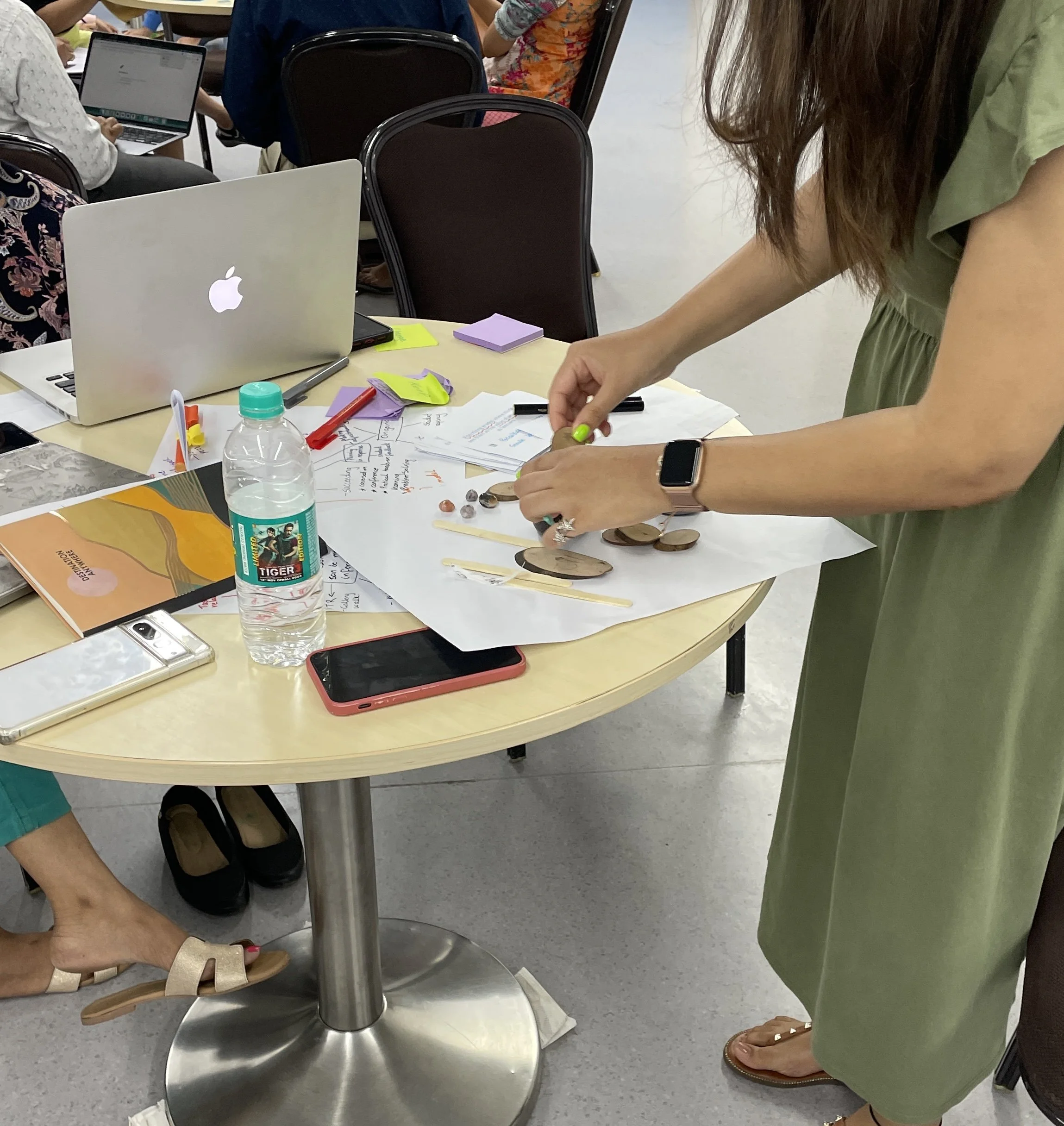
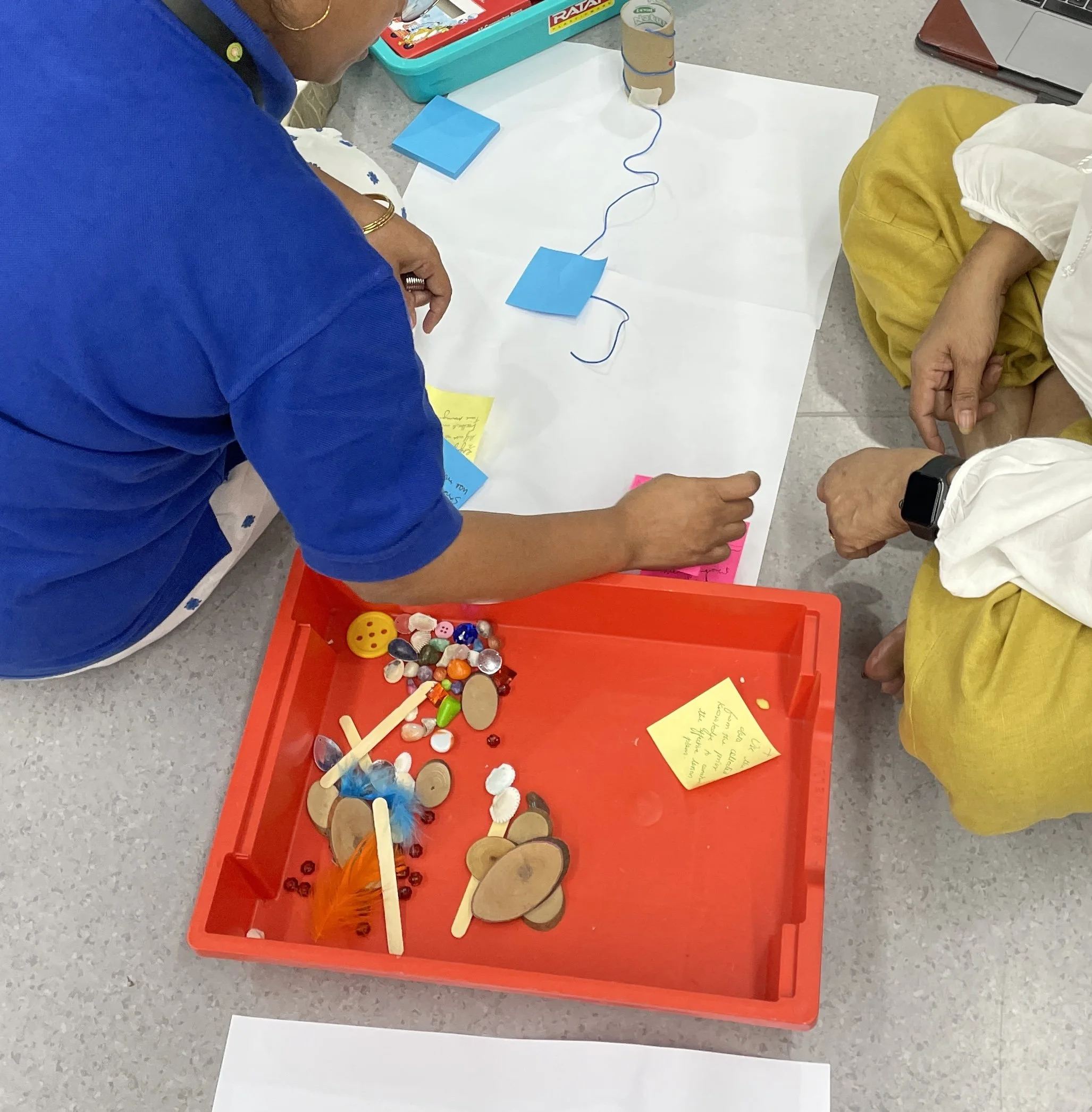
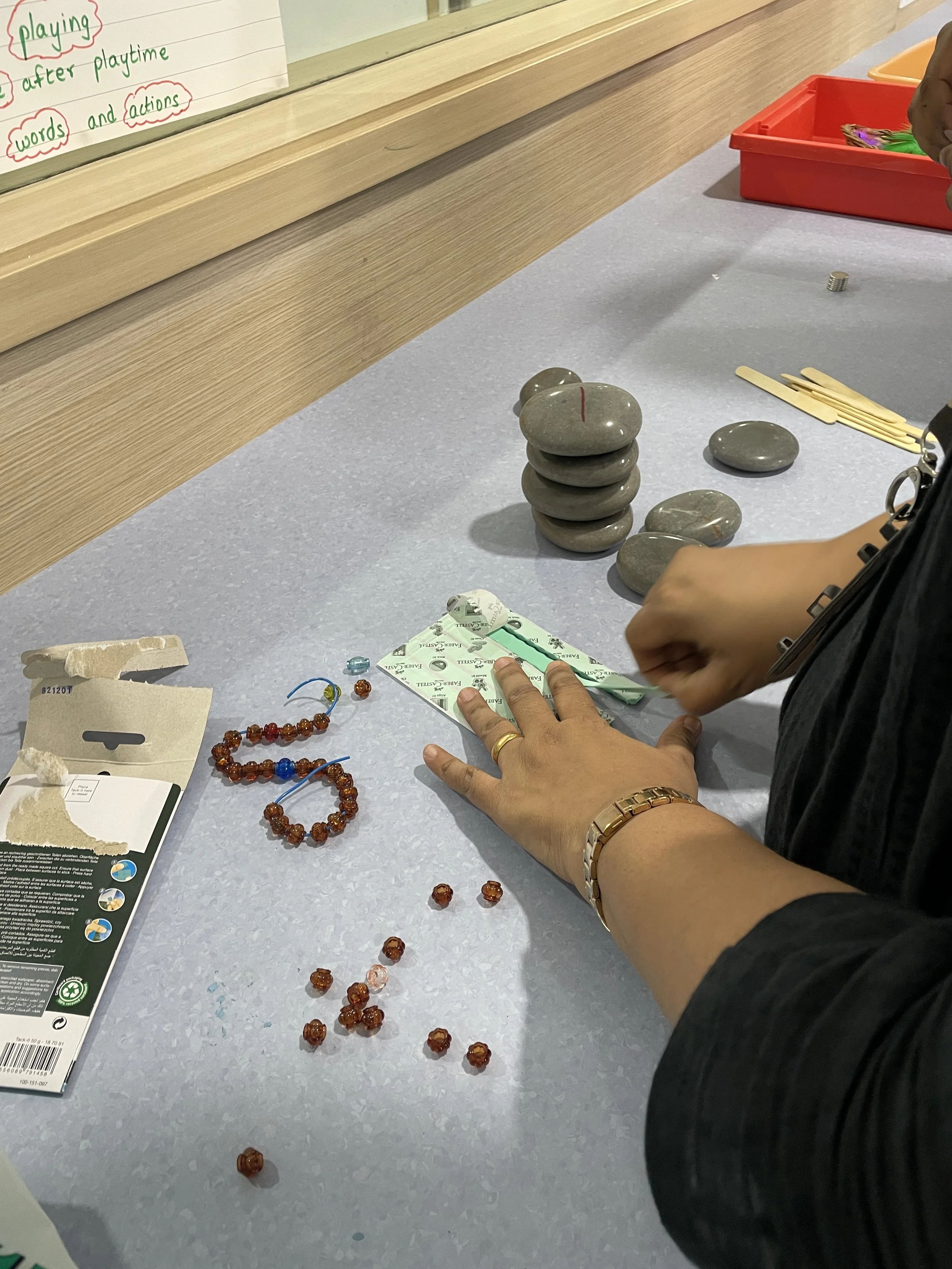
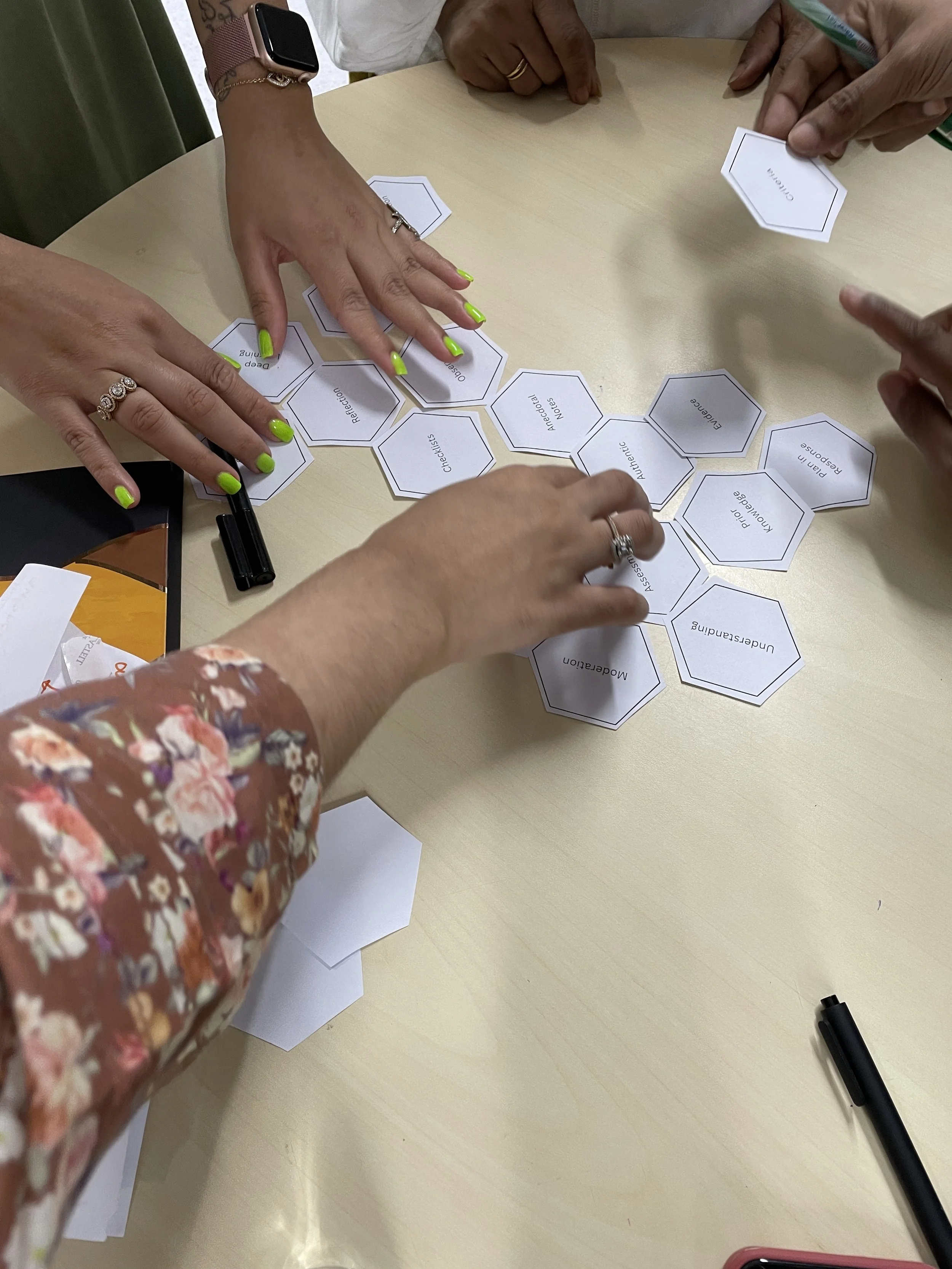
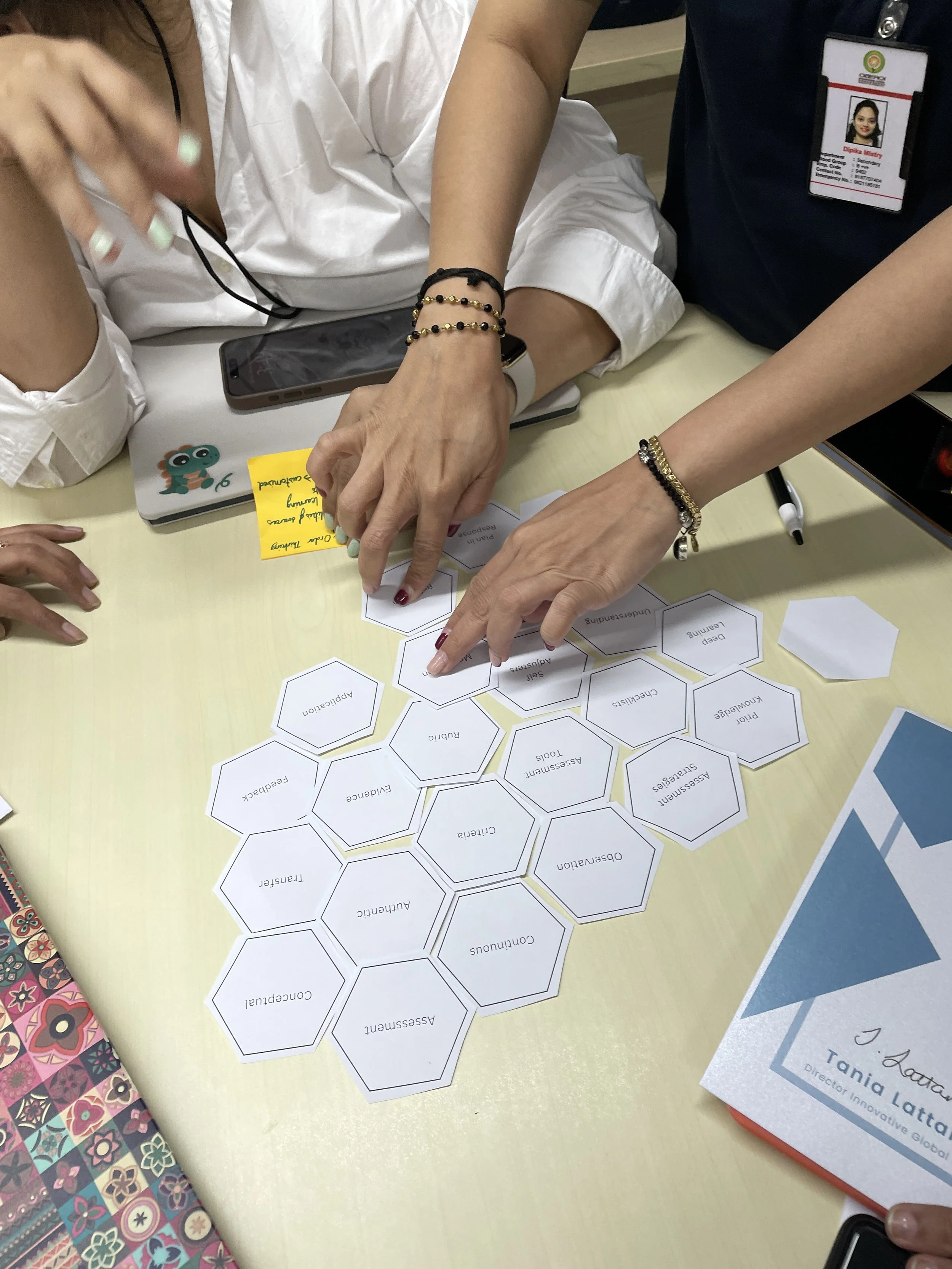
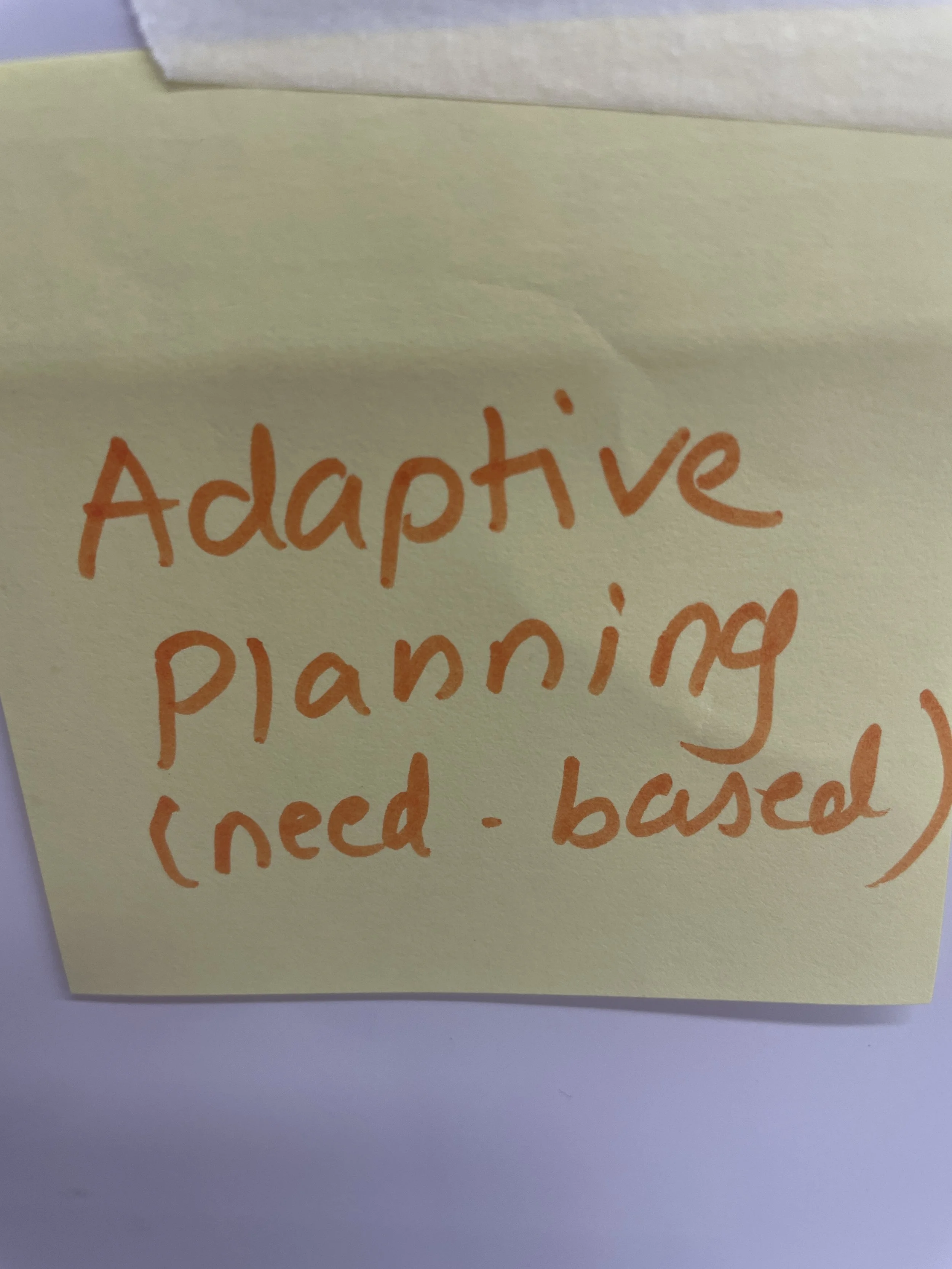
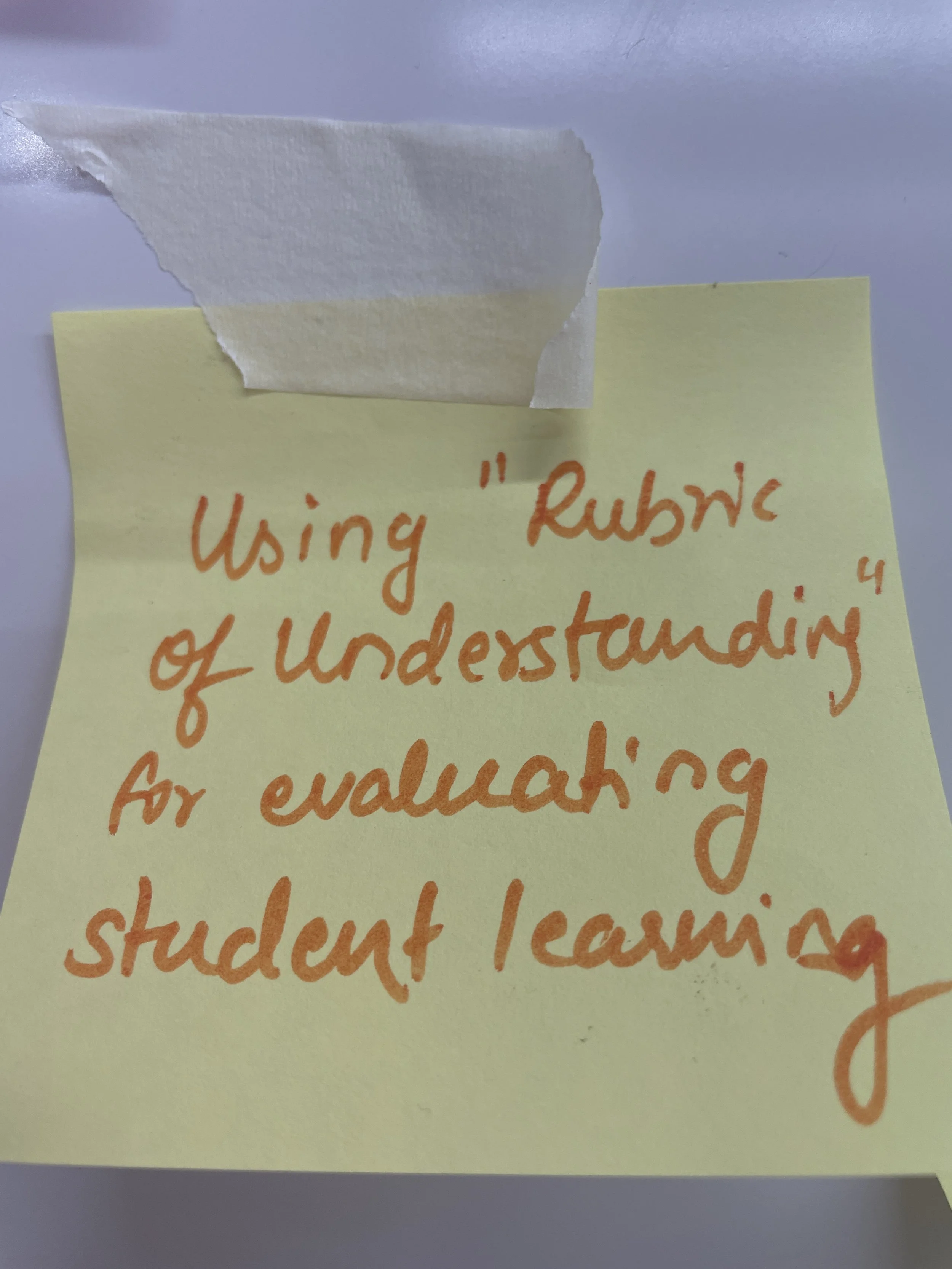
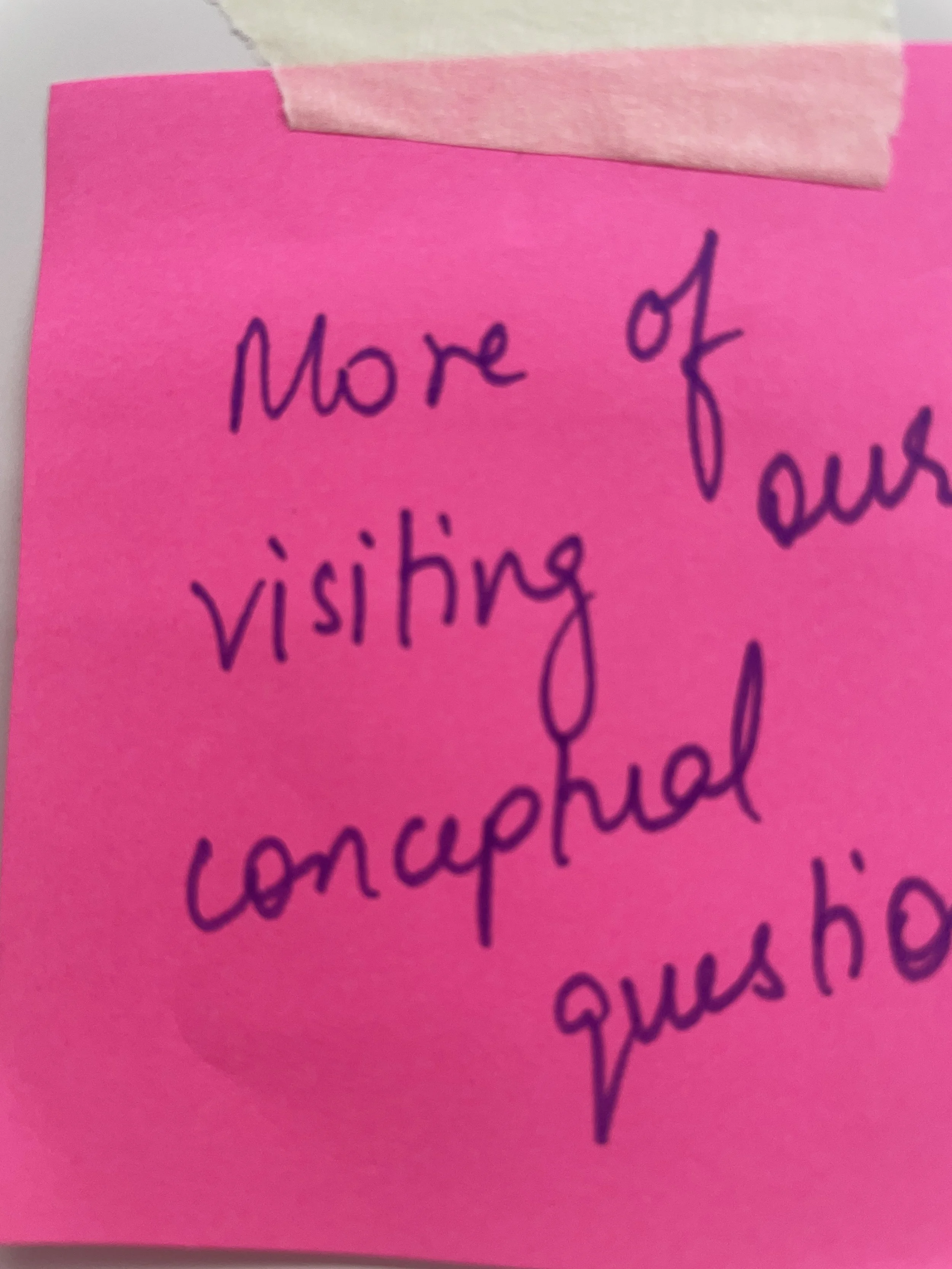
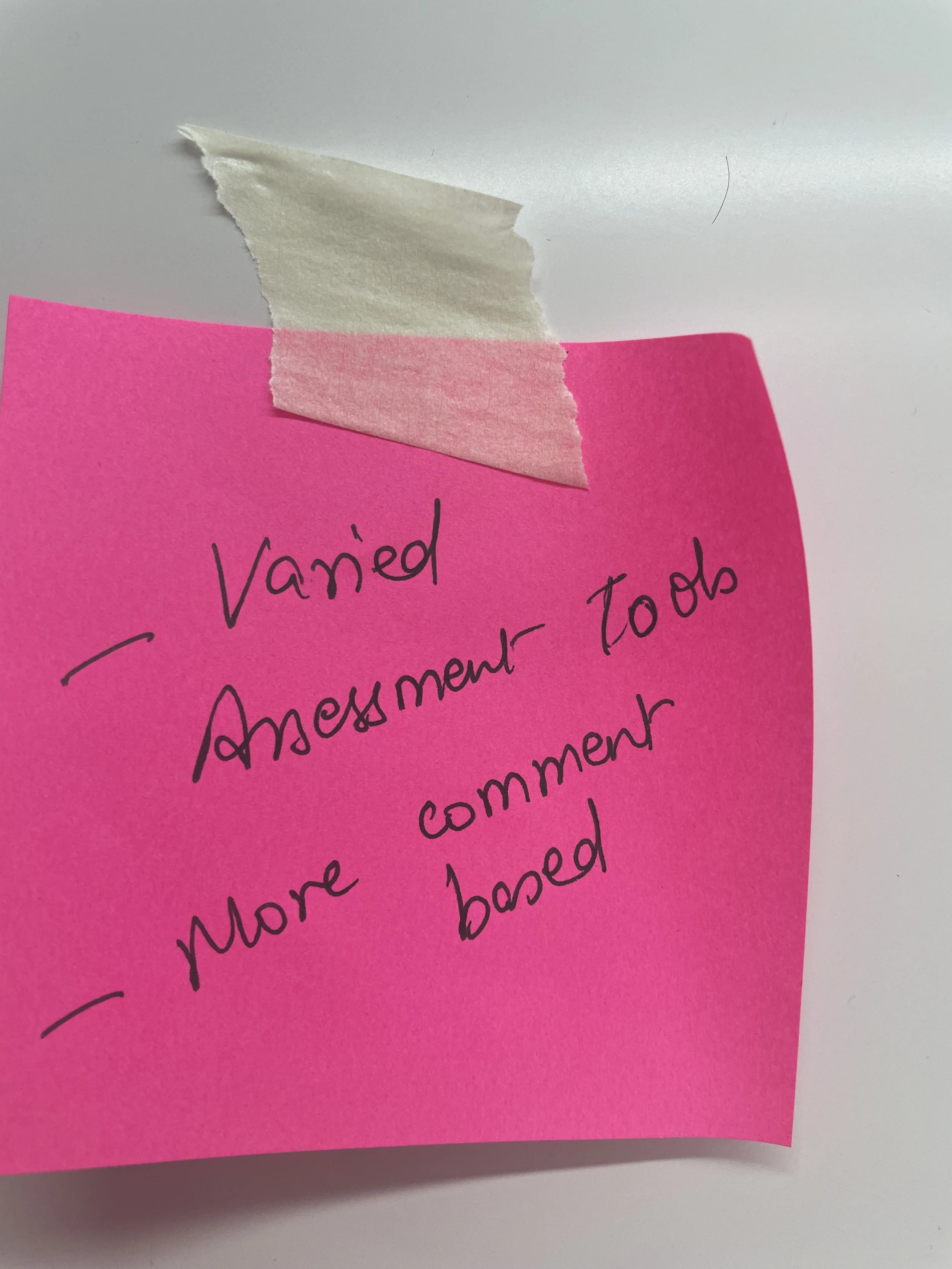
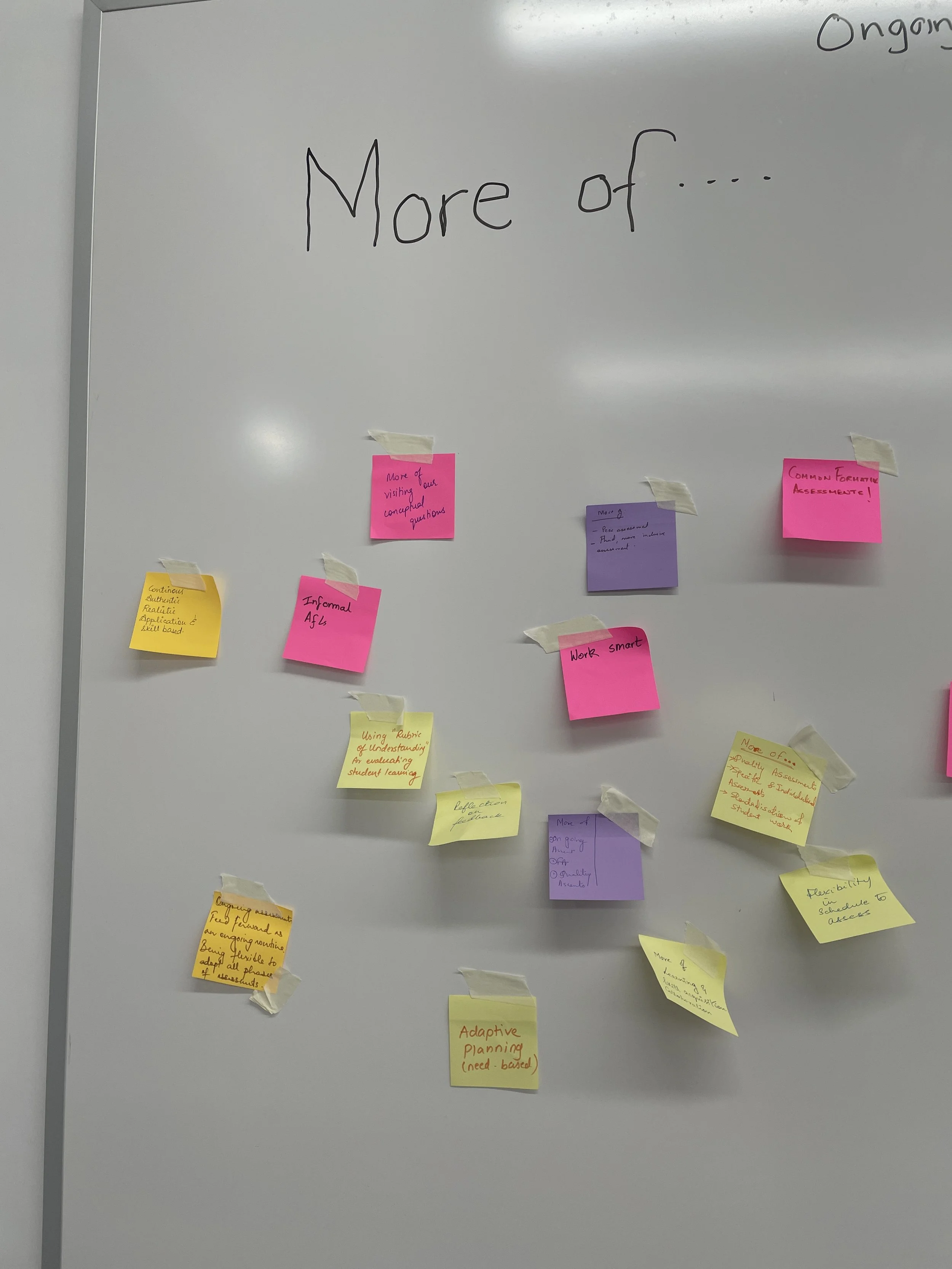
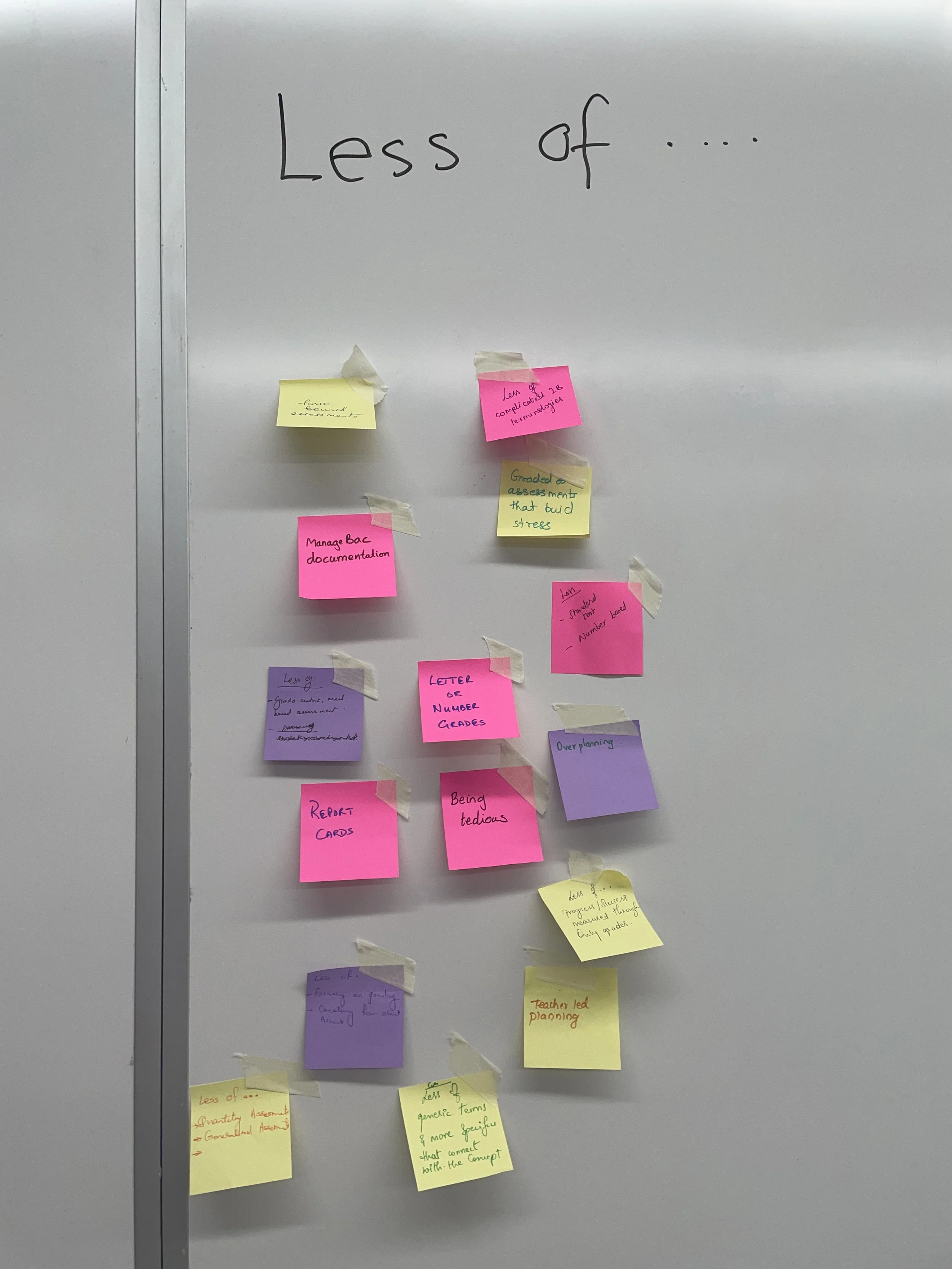
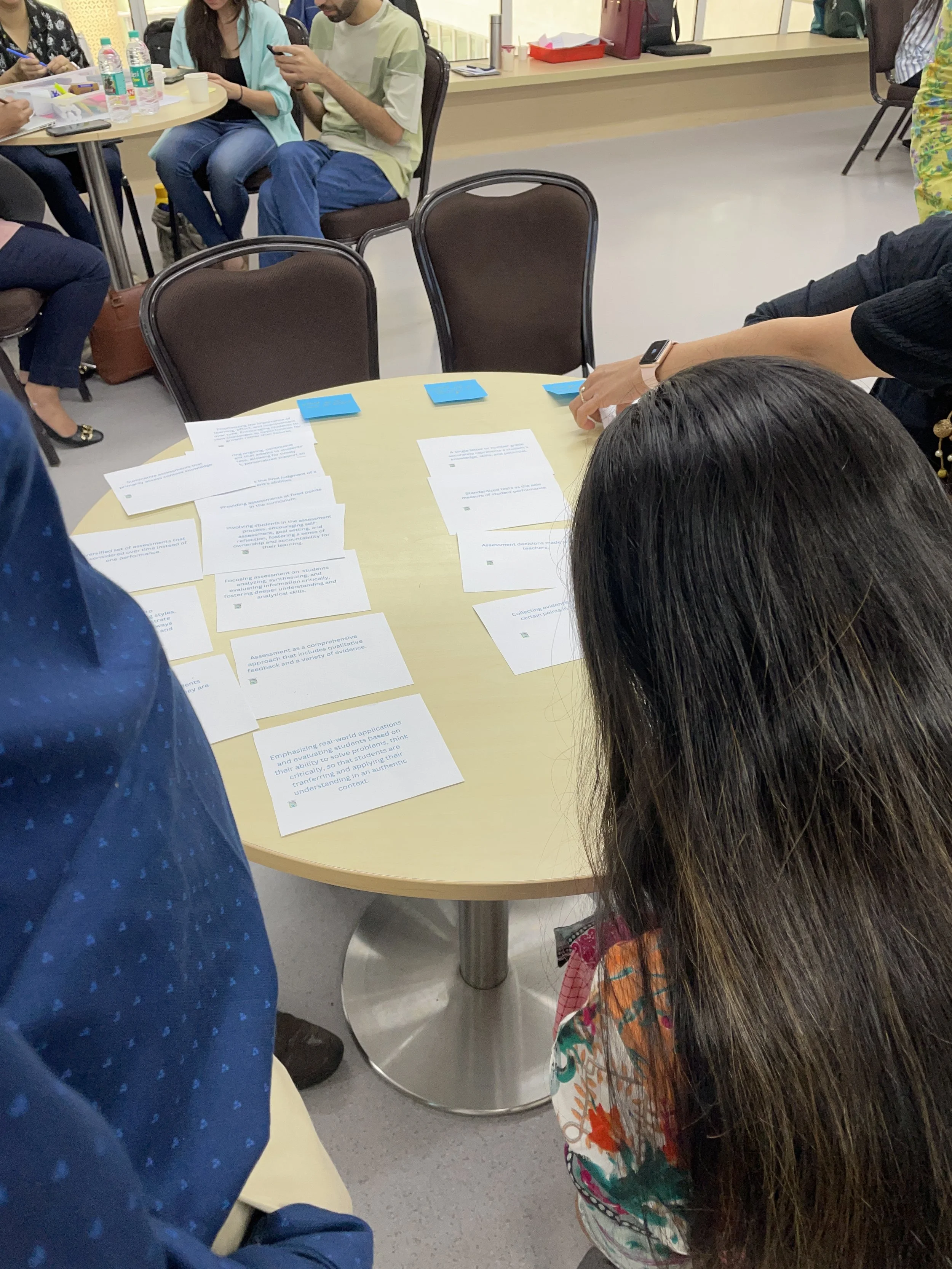
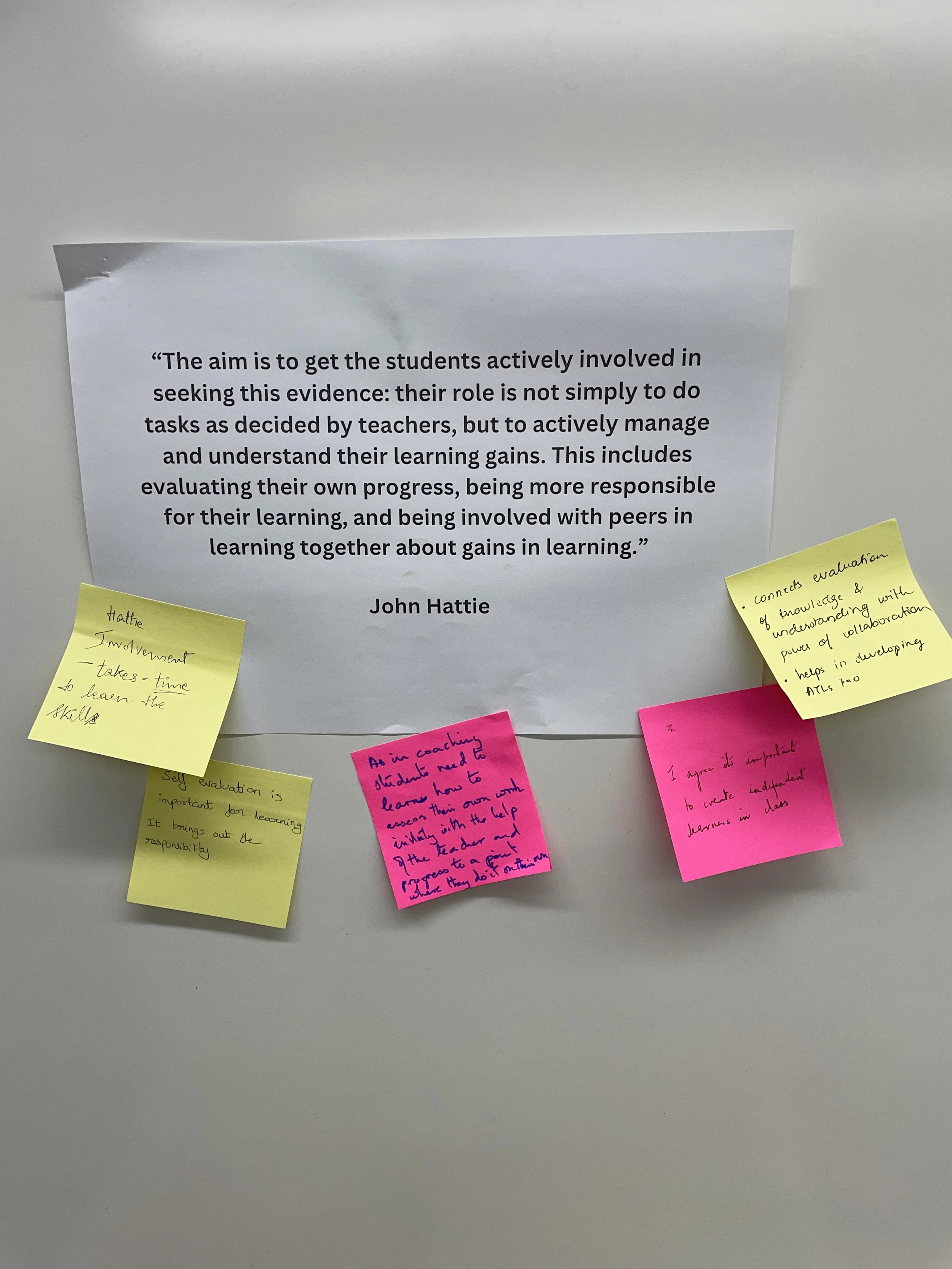
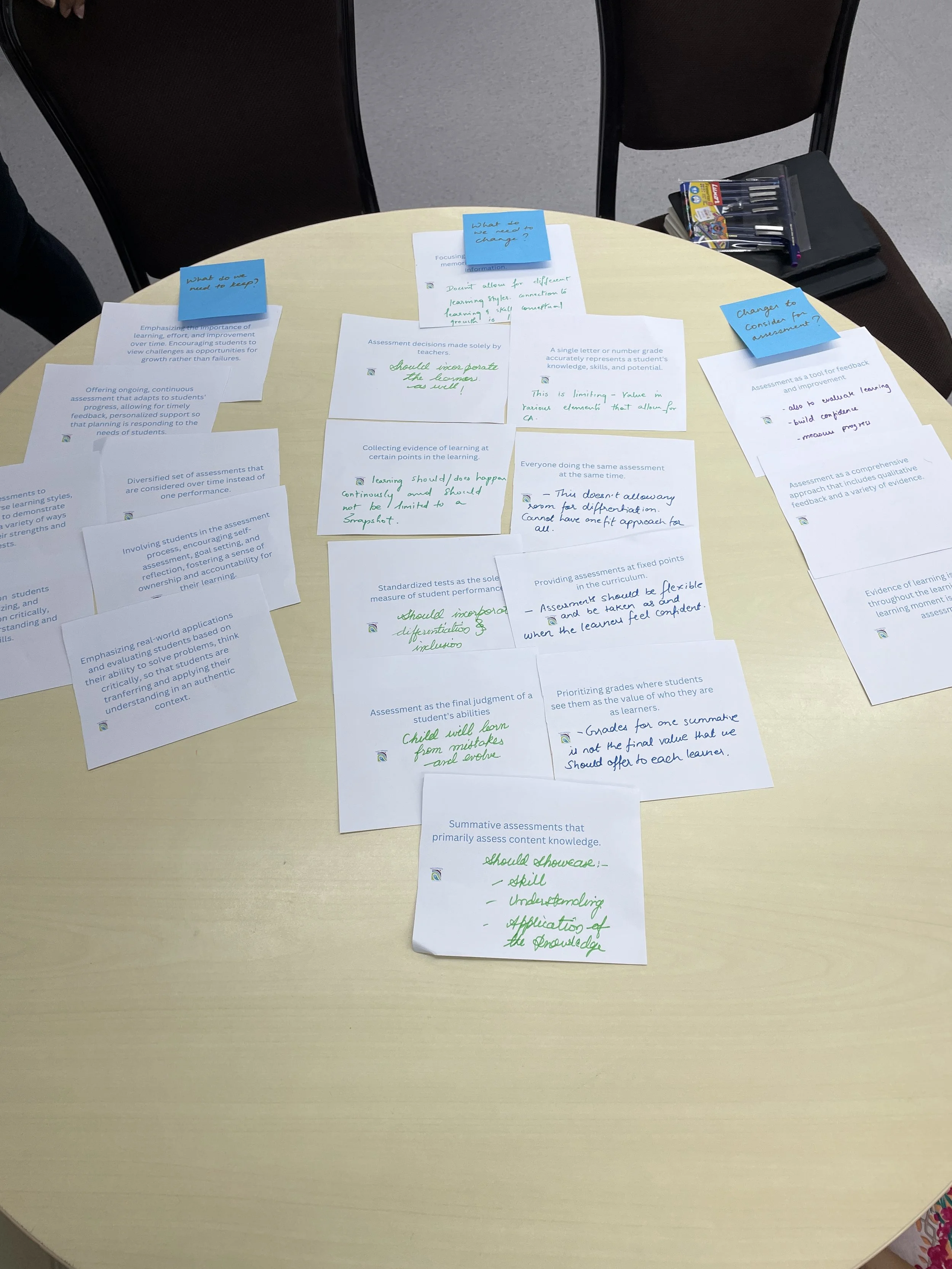
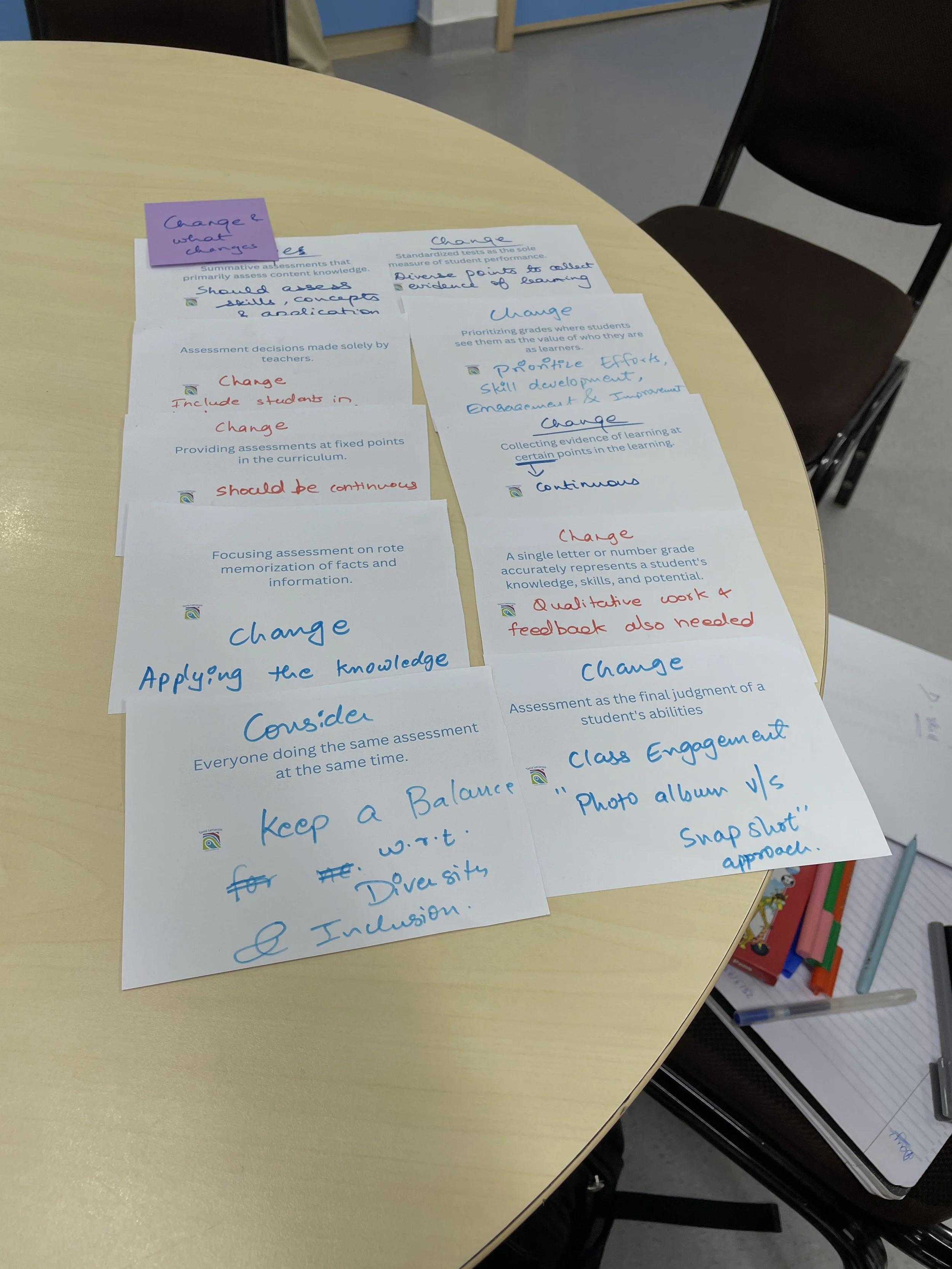
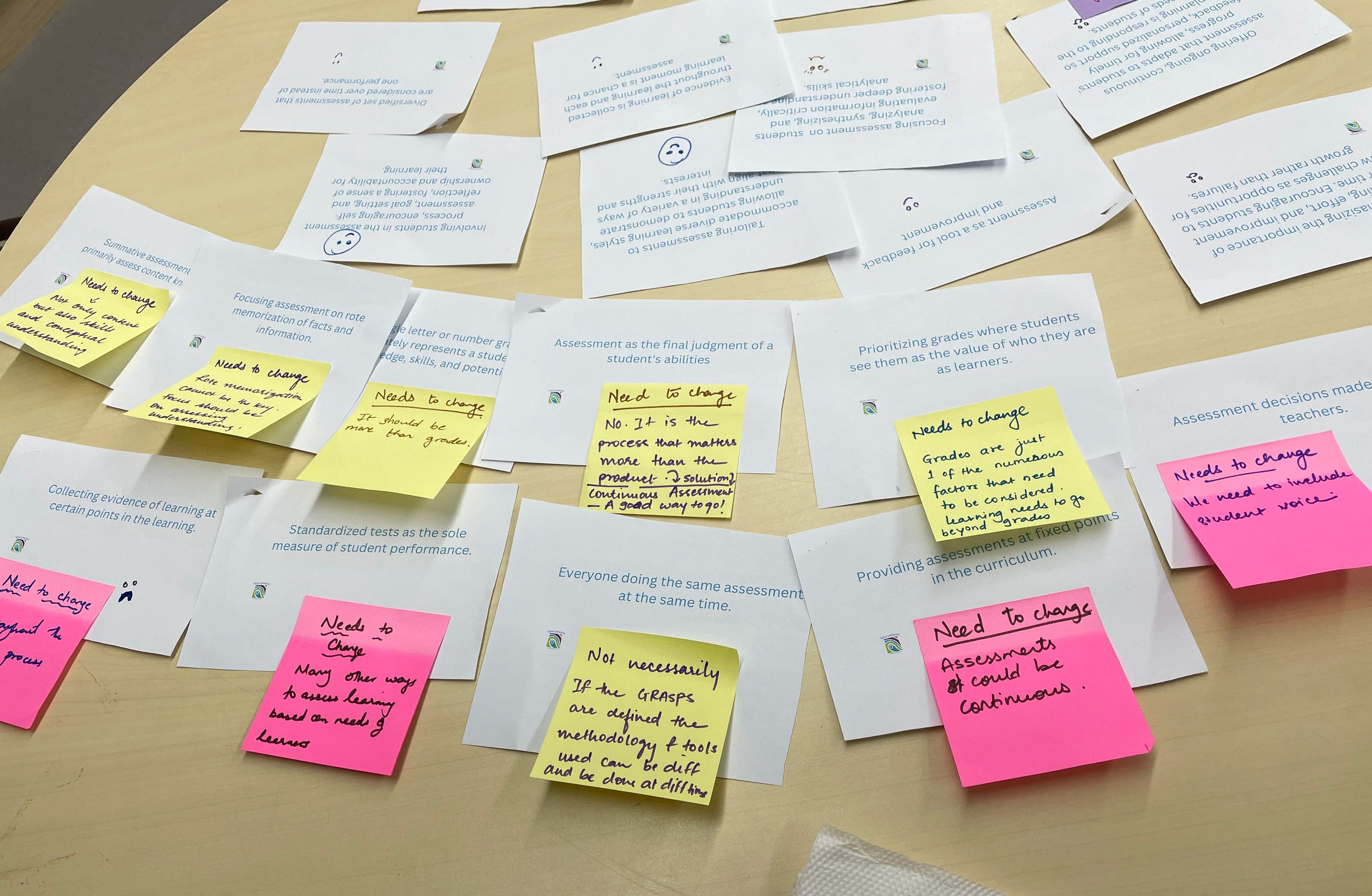
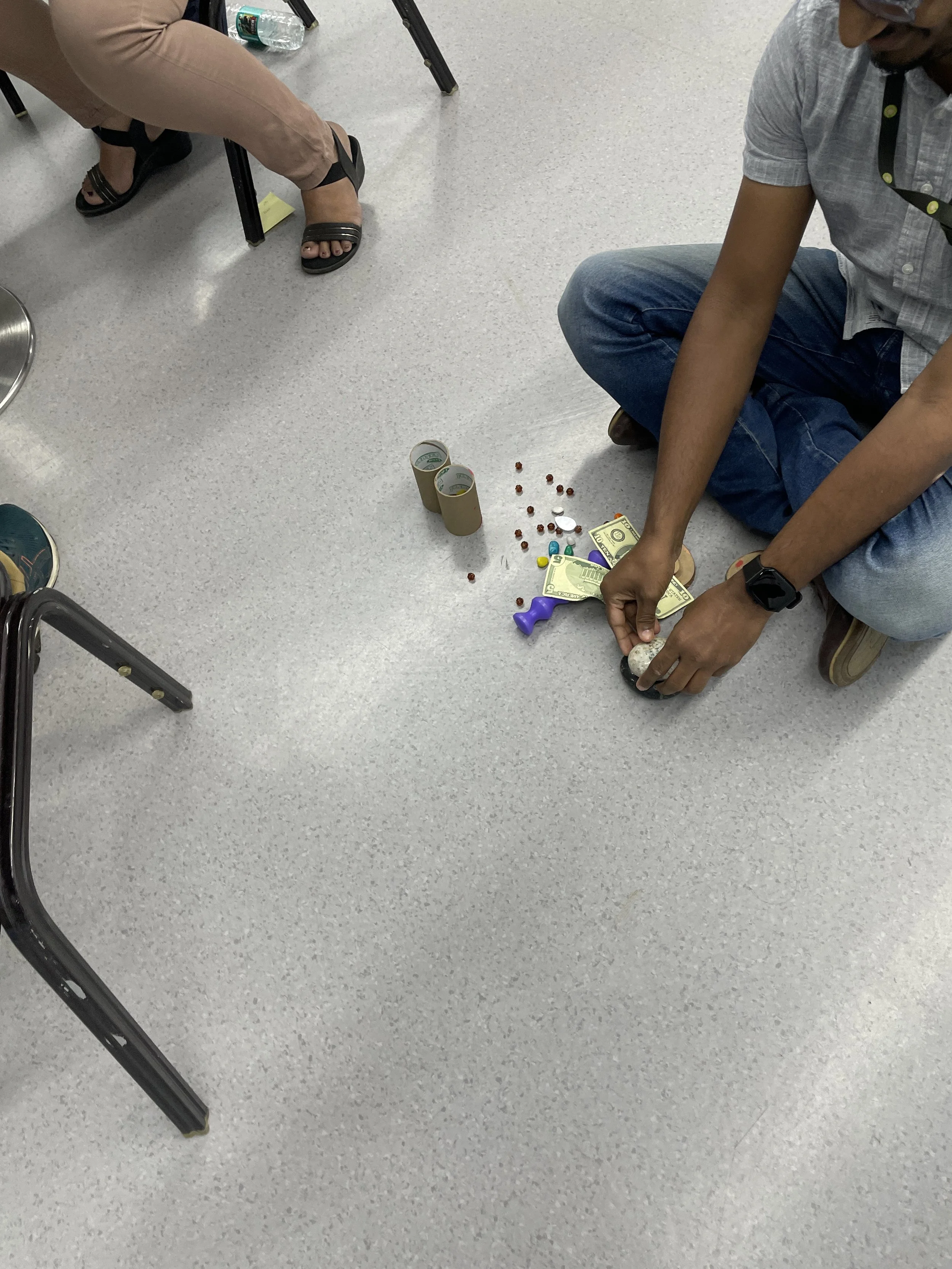
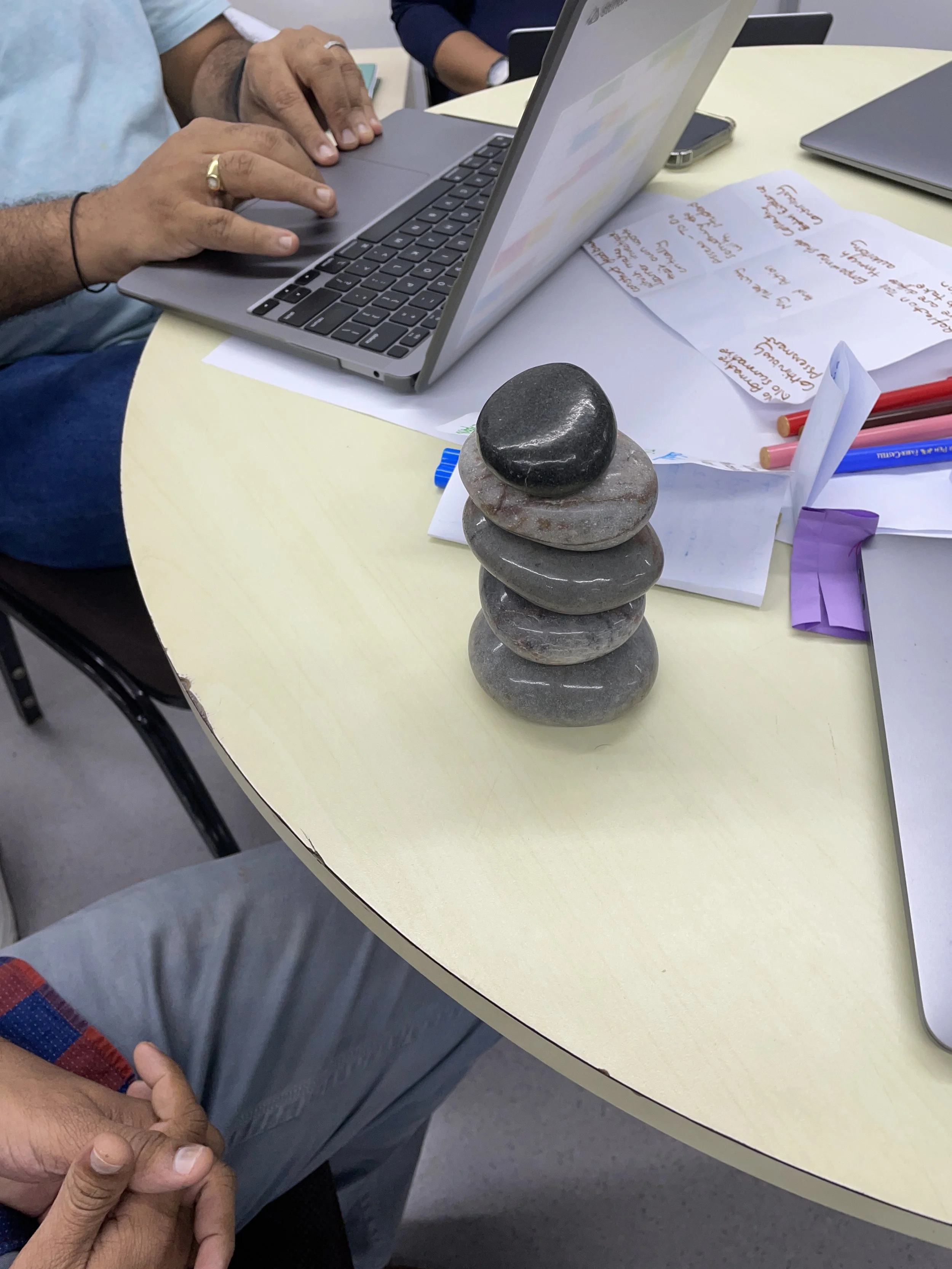
ISHCMC (International School Ho Chi Minh City), Vietnam
Workshop: Setting the Scene Framing the Inquiry
Middle Years educators participated in a workshop exploring the role of conceptual learning in the Middle Years Programme. The focus was on understanding the importance of concepts and how to design learning that is conceptually driven and inquiry-based. Through hands-on experiences, educators deepened their own understanding and gained practical strategies they could transfer directly to their classroom practice.
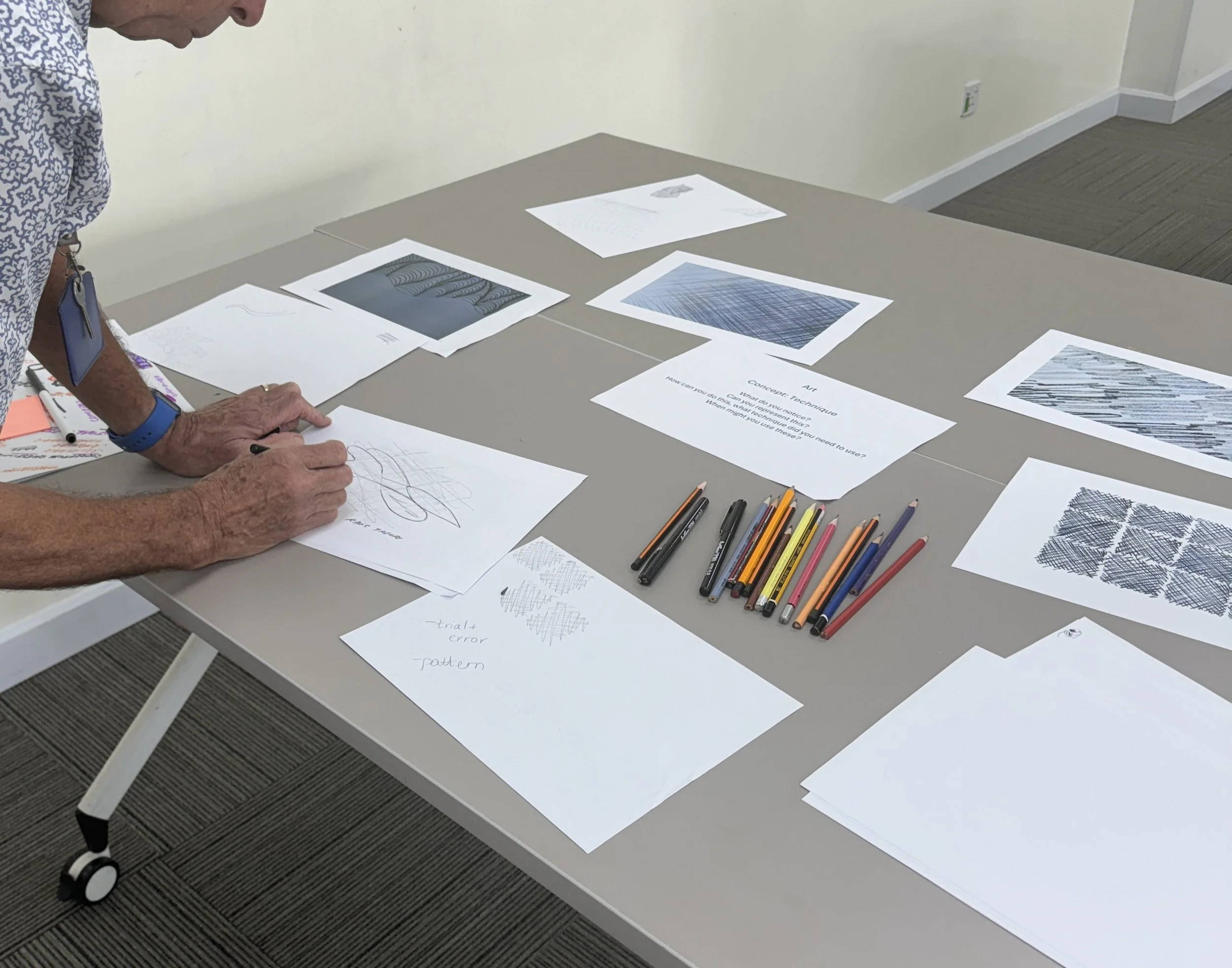
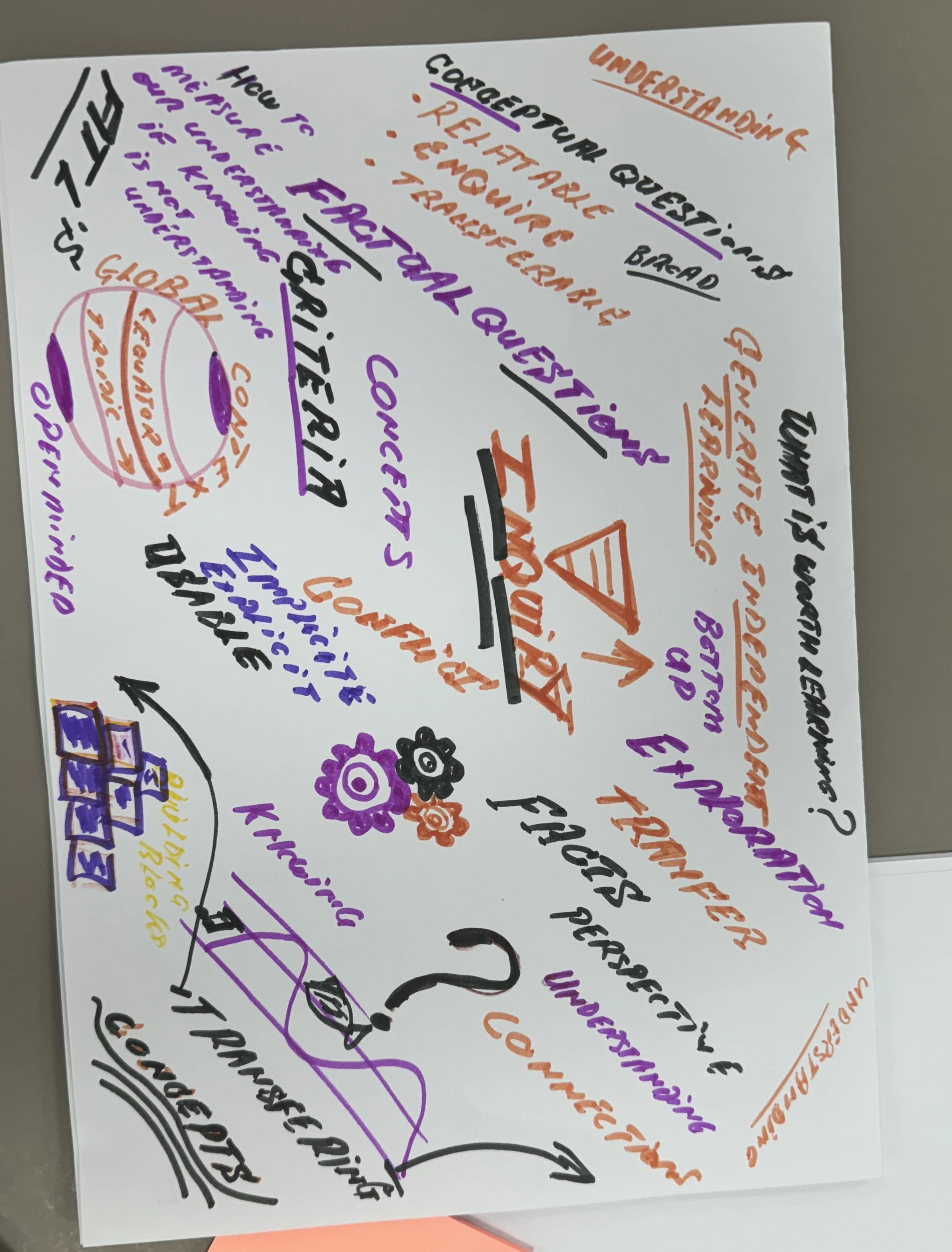
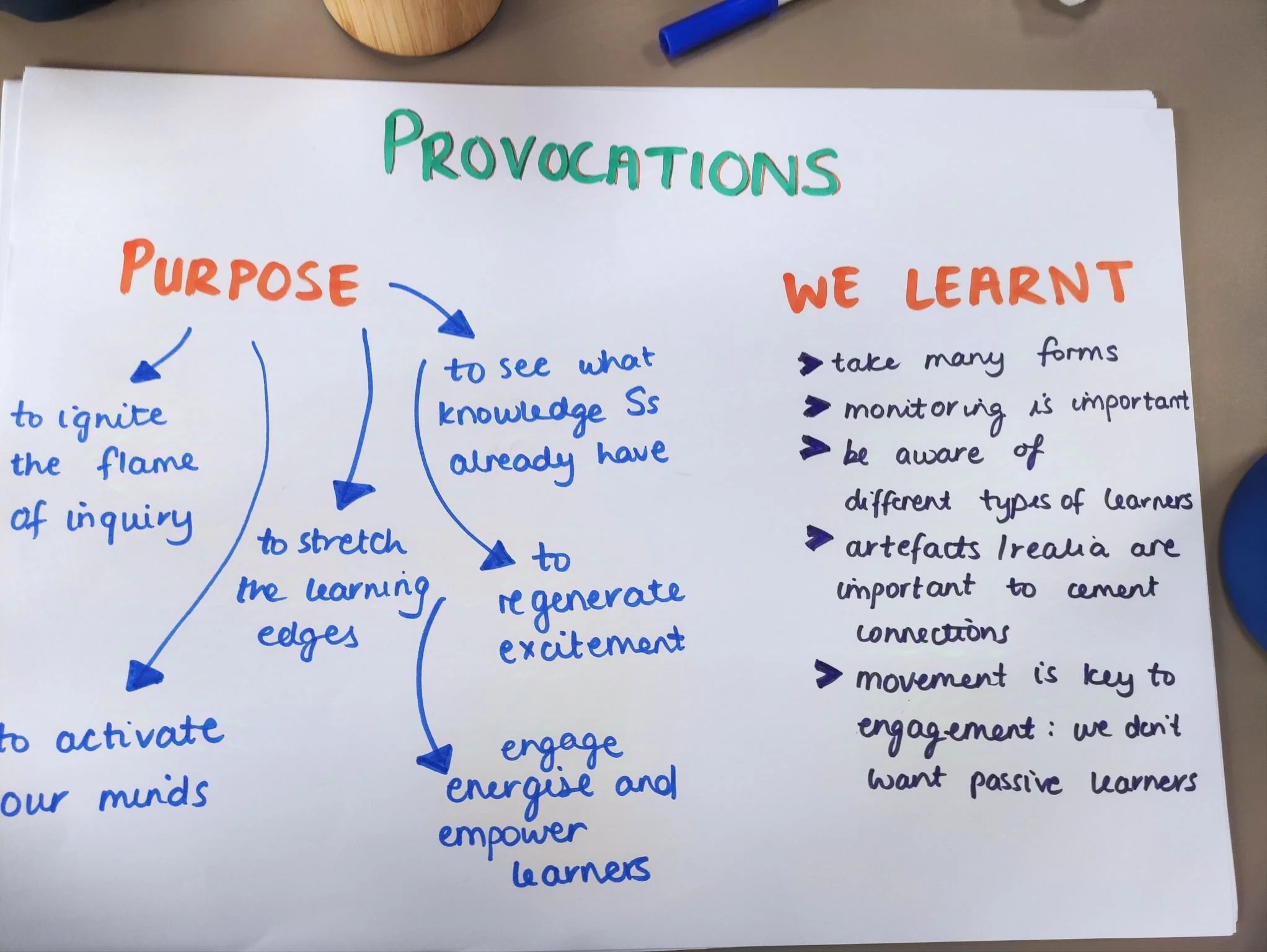
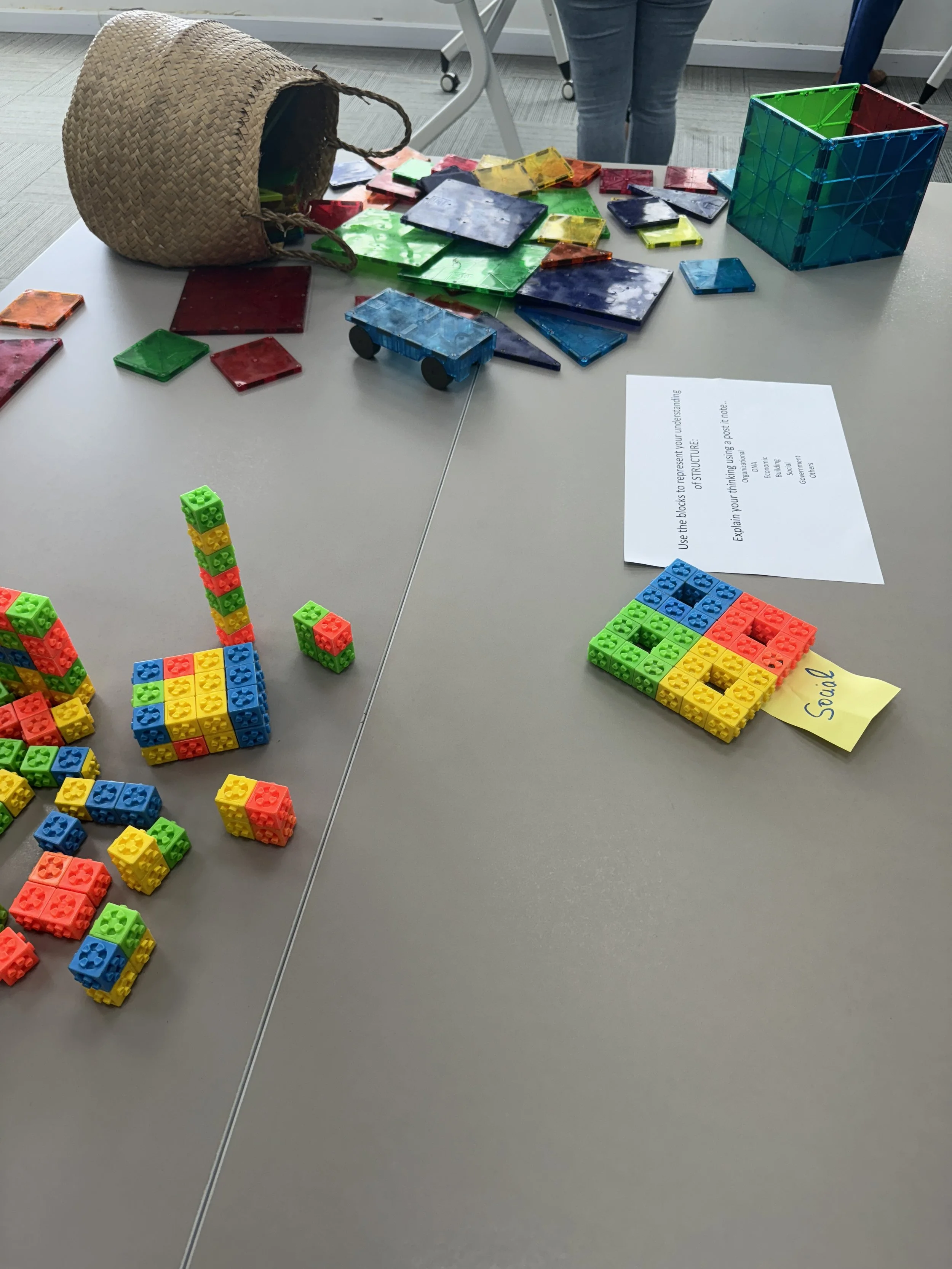
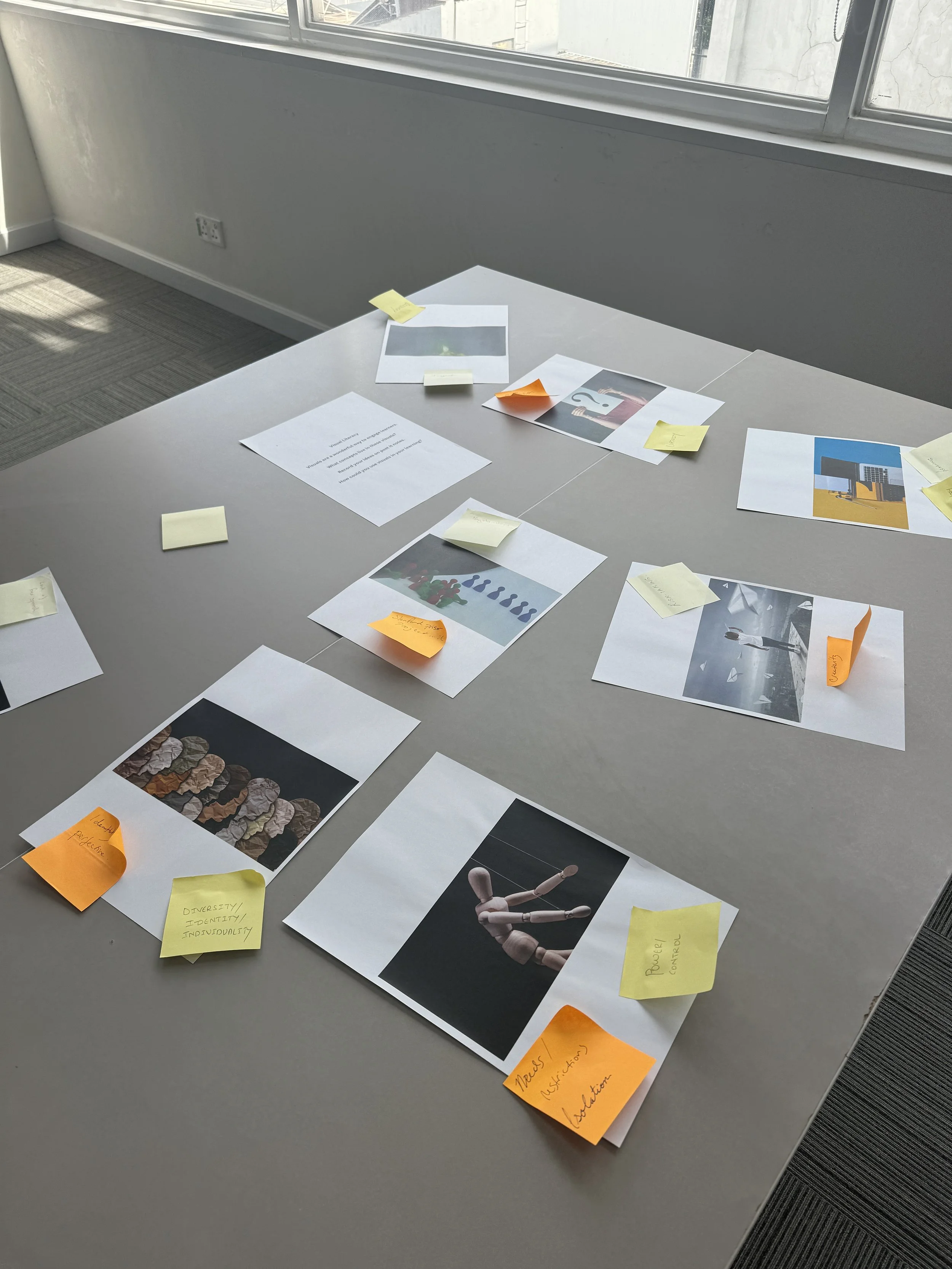
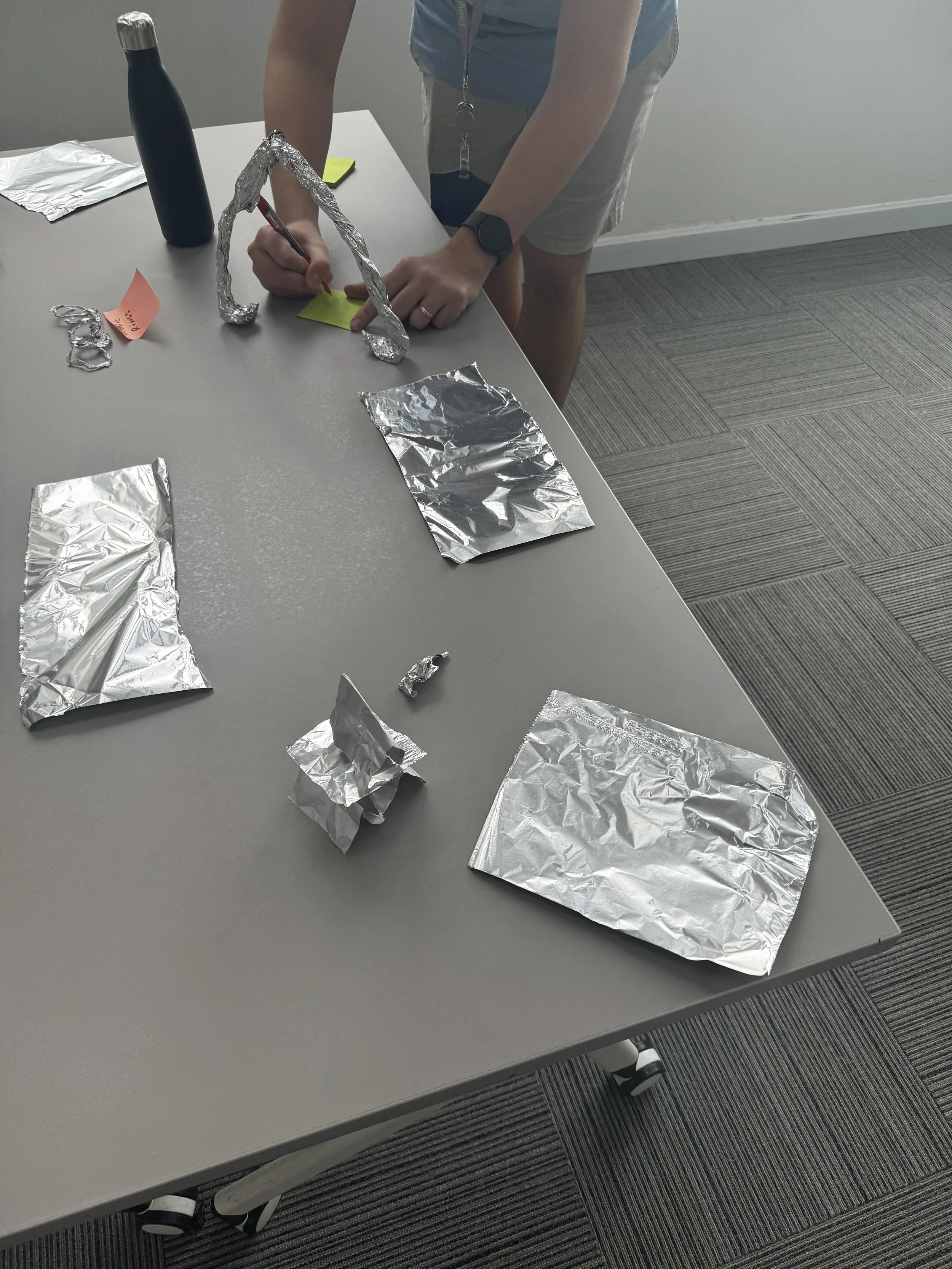
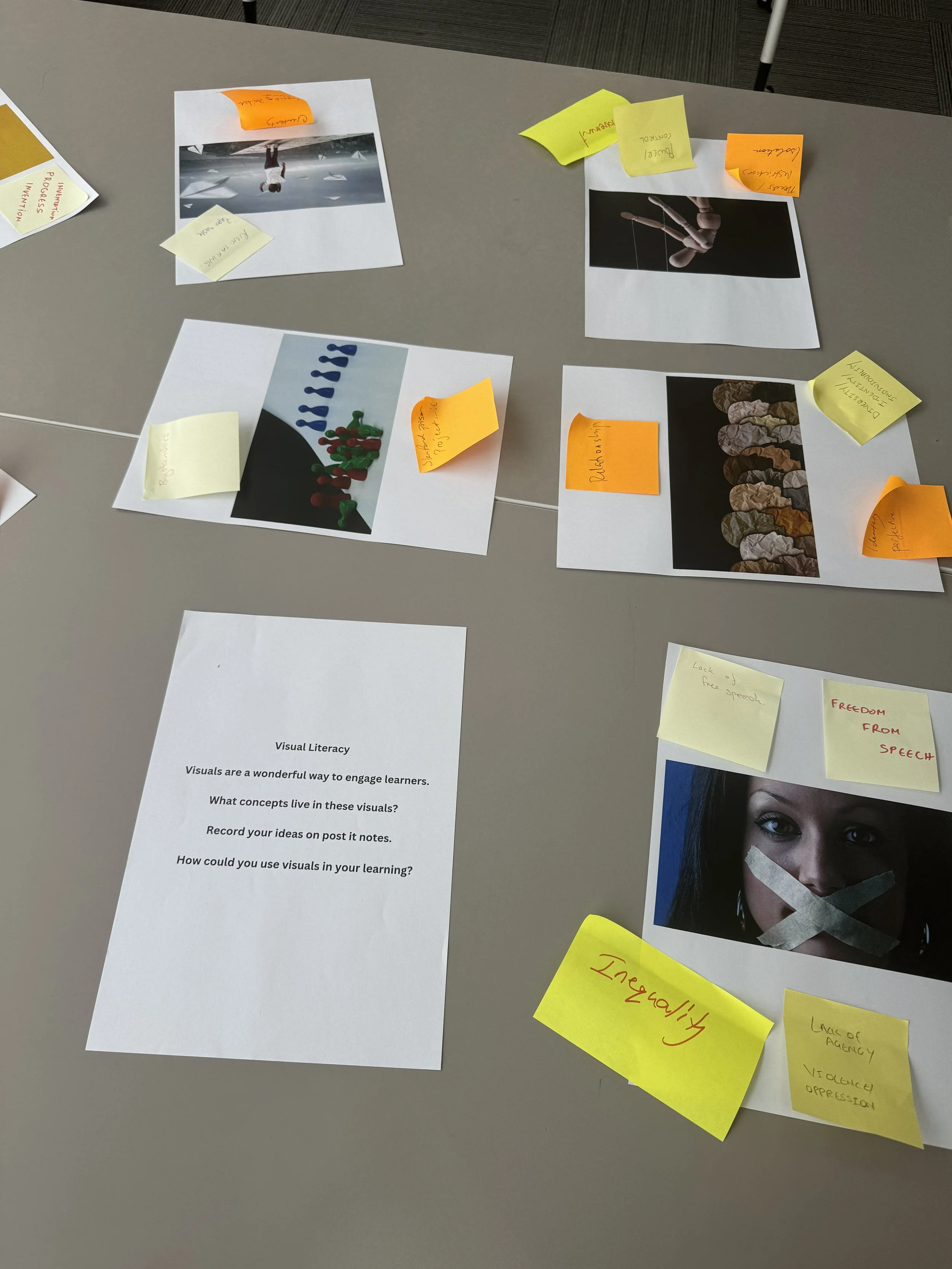
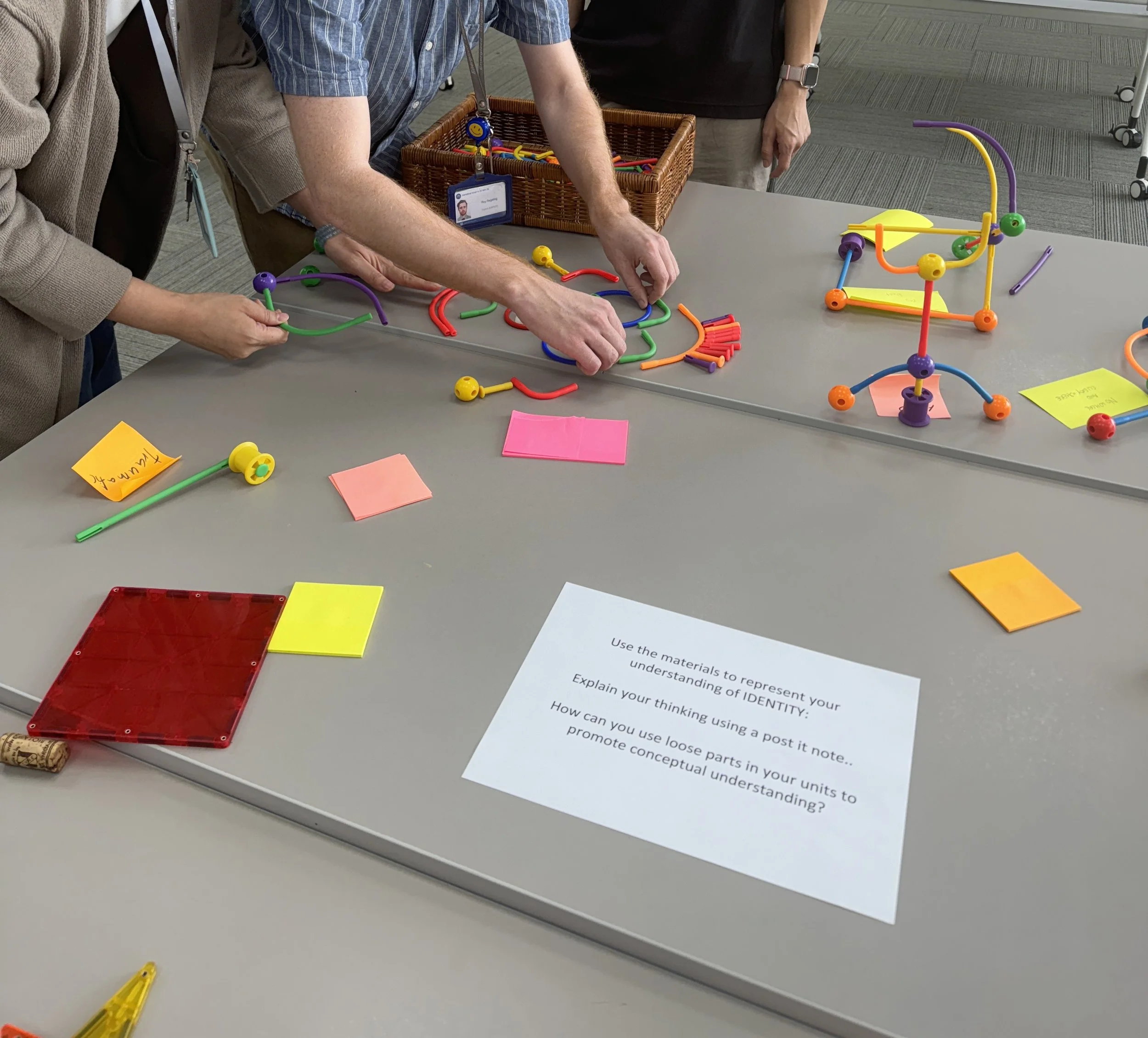
Gabon International School, Libreville, Gabon
Educators from Early Years through High School engaged in a workshop that used invitations connected to concept-based learning. These experiences not only deepened their own understanding, but also expanded their repertoire of strategies to apply in their own teaching and learning contexts.
Workshop: Concepts into Action
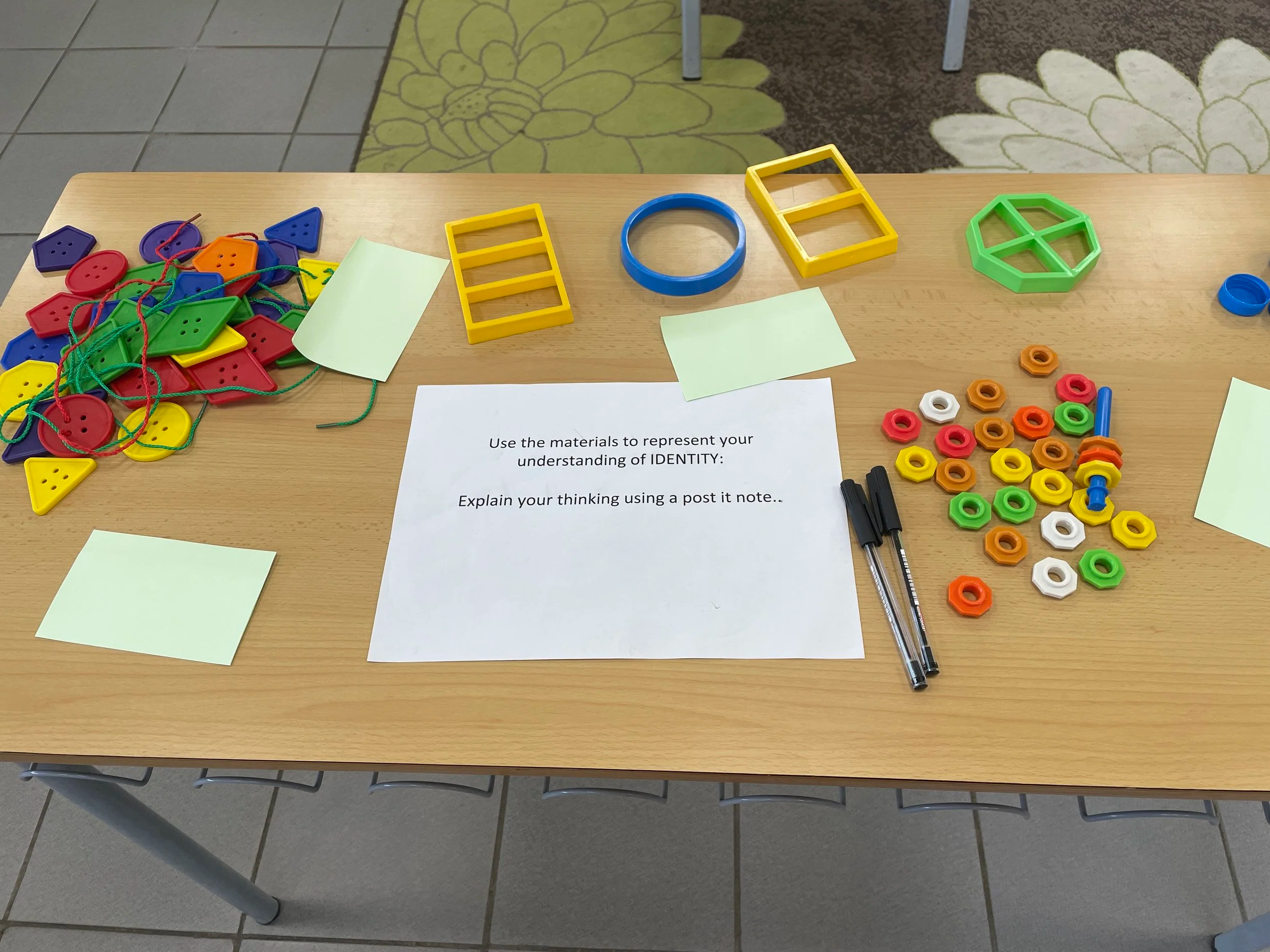
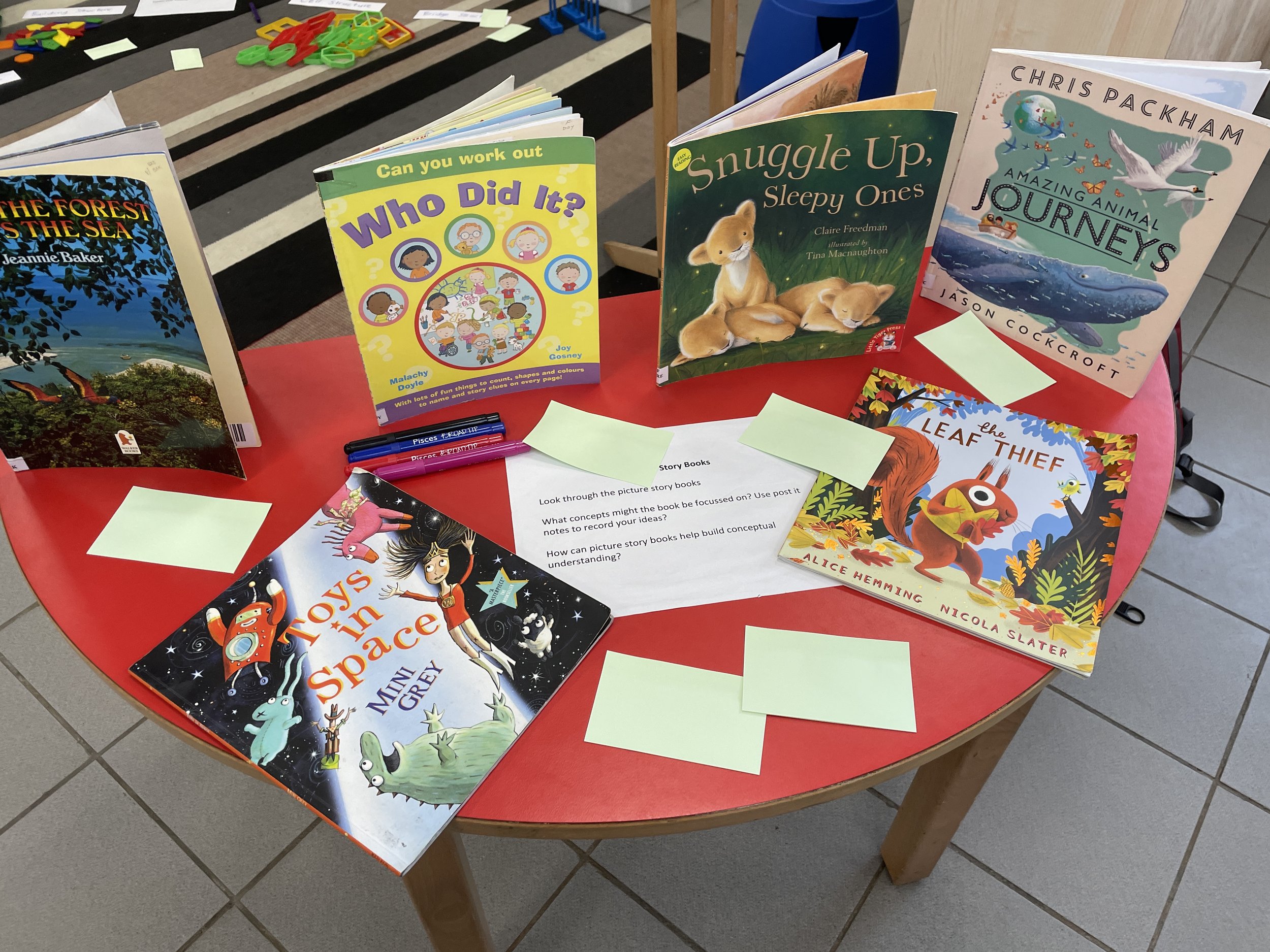
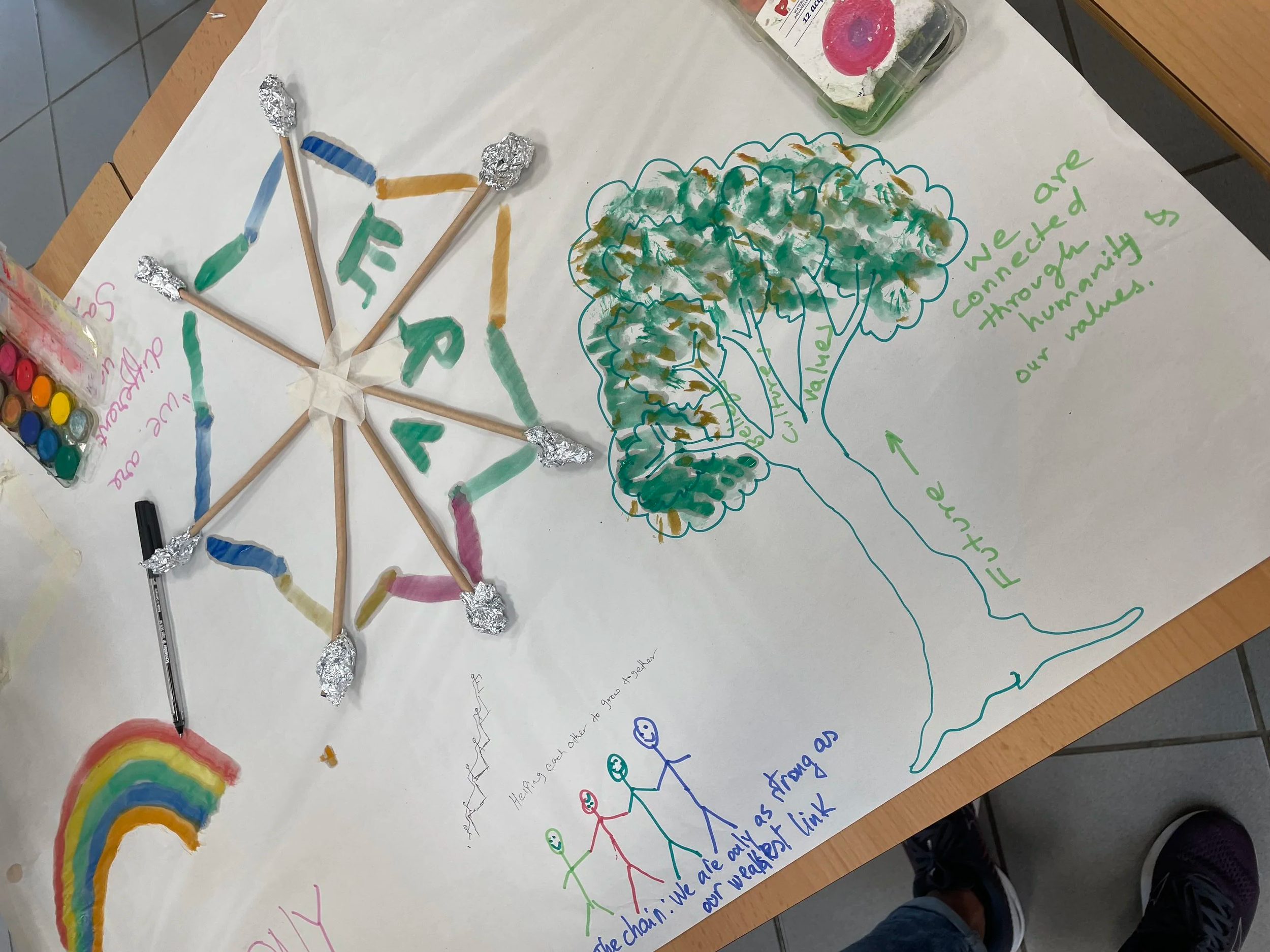
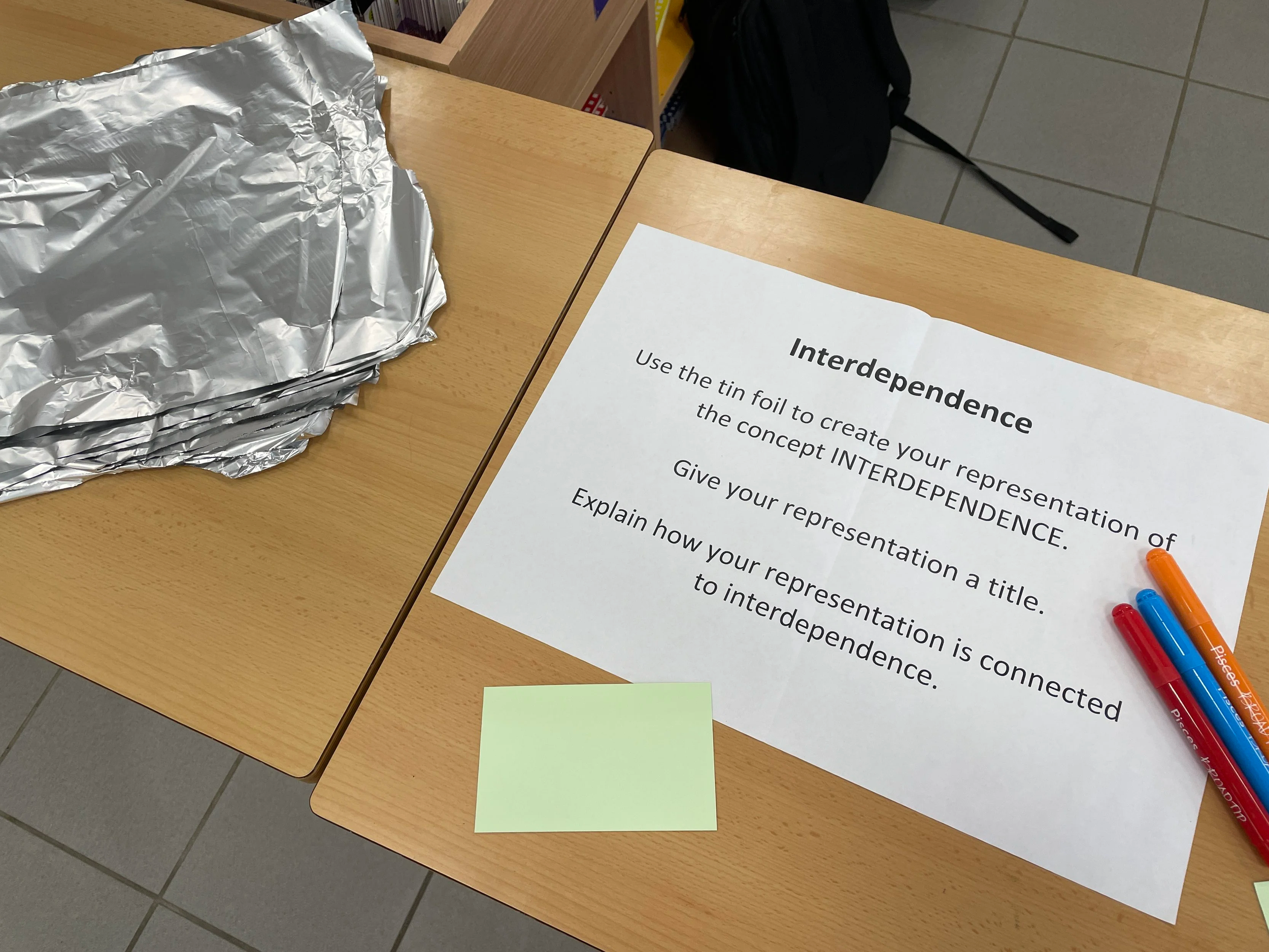
Colegio Anglo Colombiano, Bogota, Columbia
Participants from elementary and middle school engaged in a workshop that allowed them to experience learning from the perspective of a student. They explored the role and importance of concepts in learning and reflected on how to transfer these ideas into their own teaching practices.
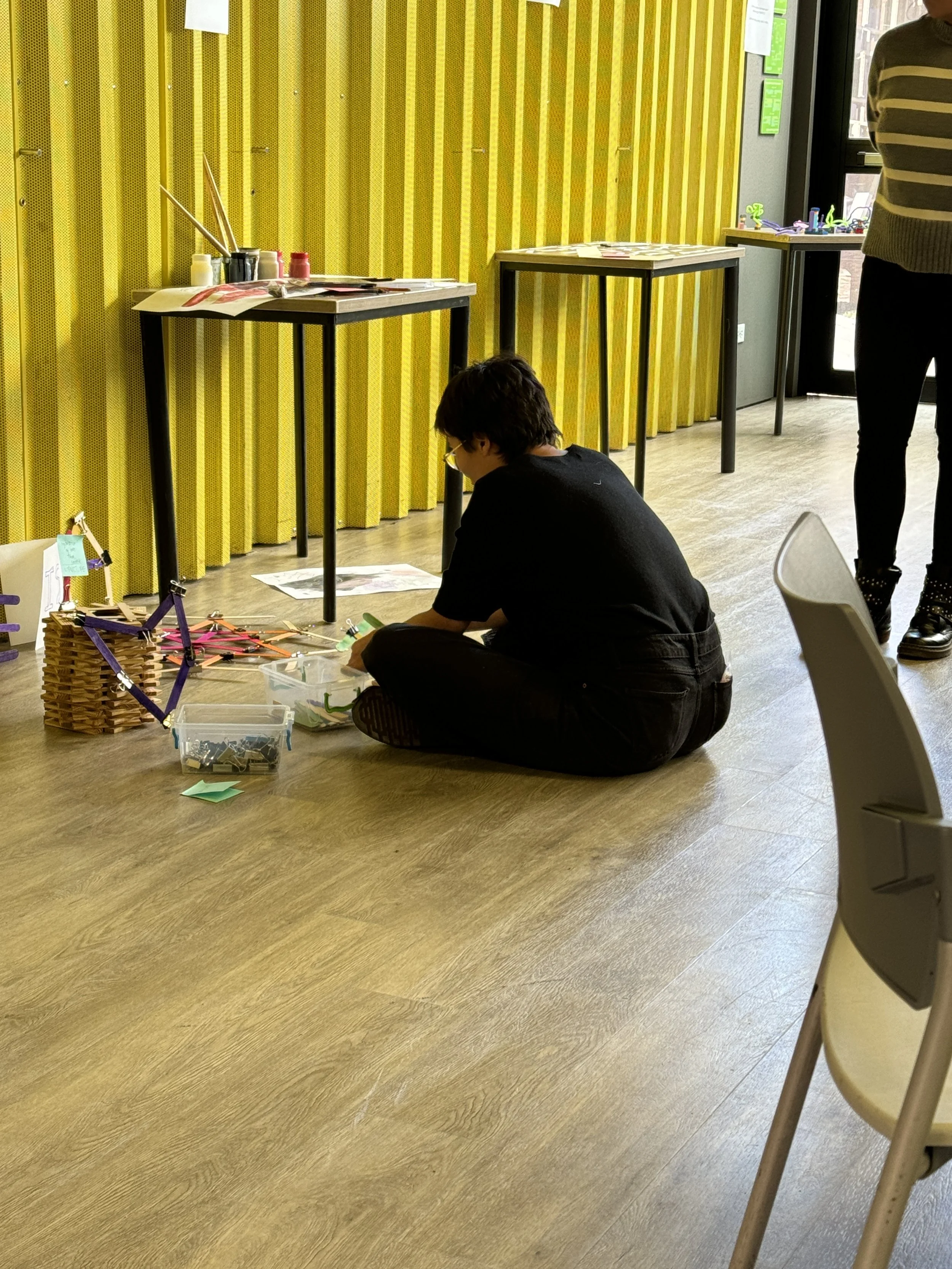
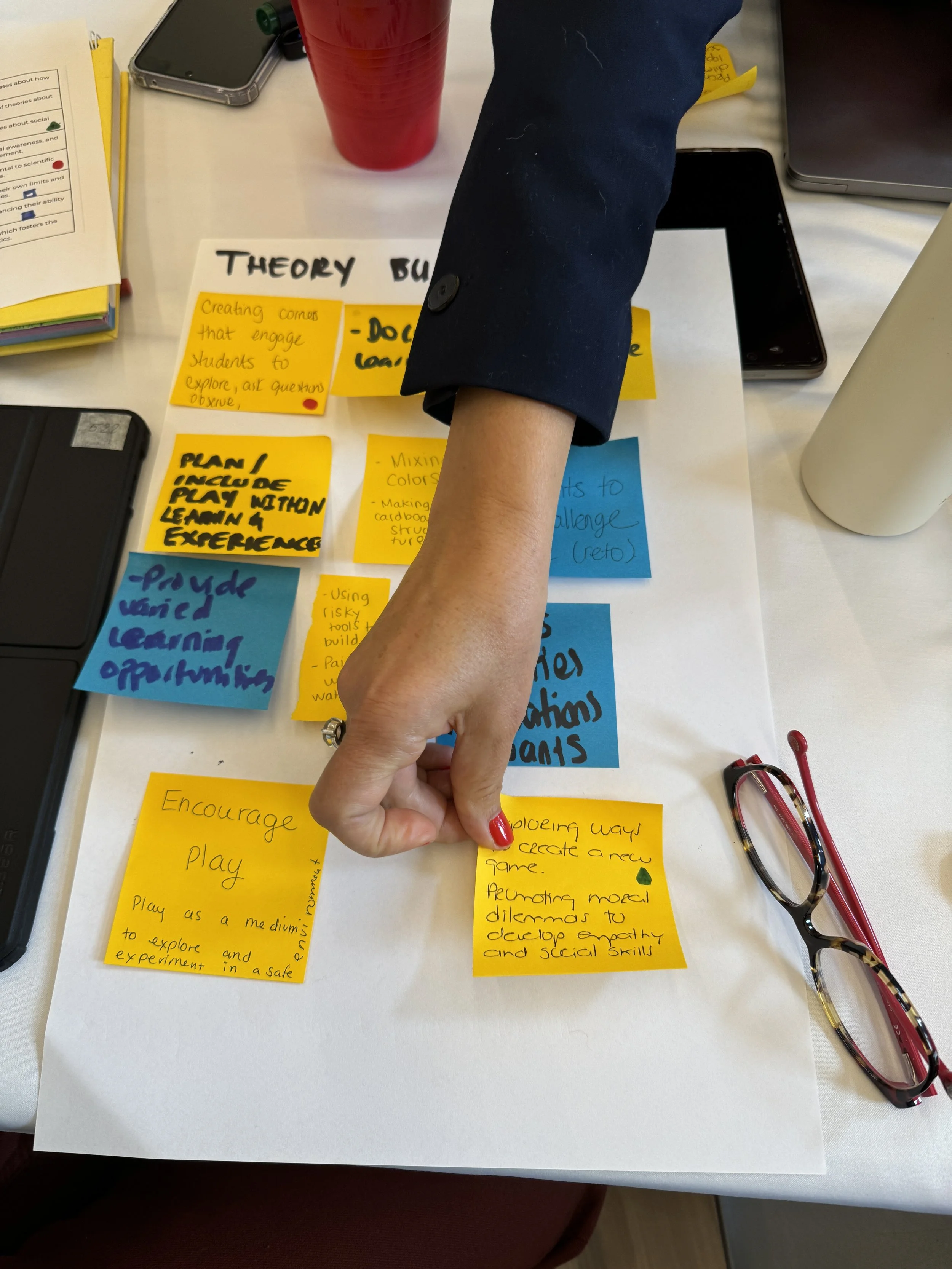
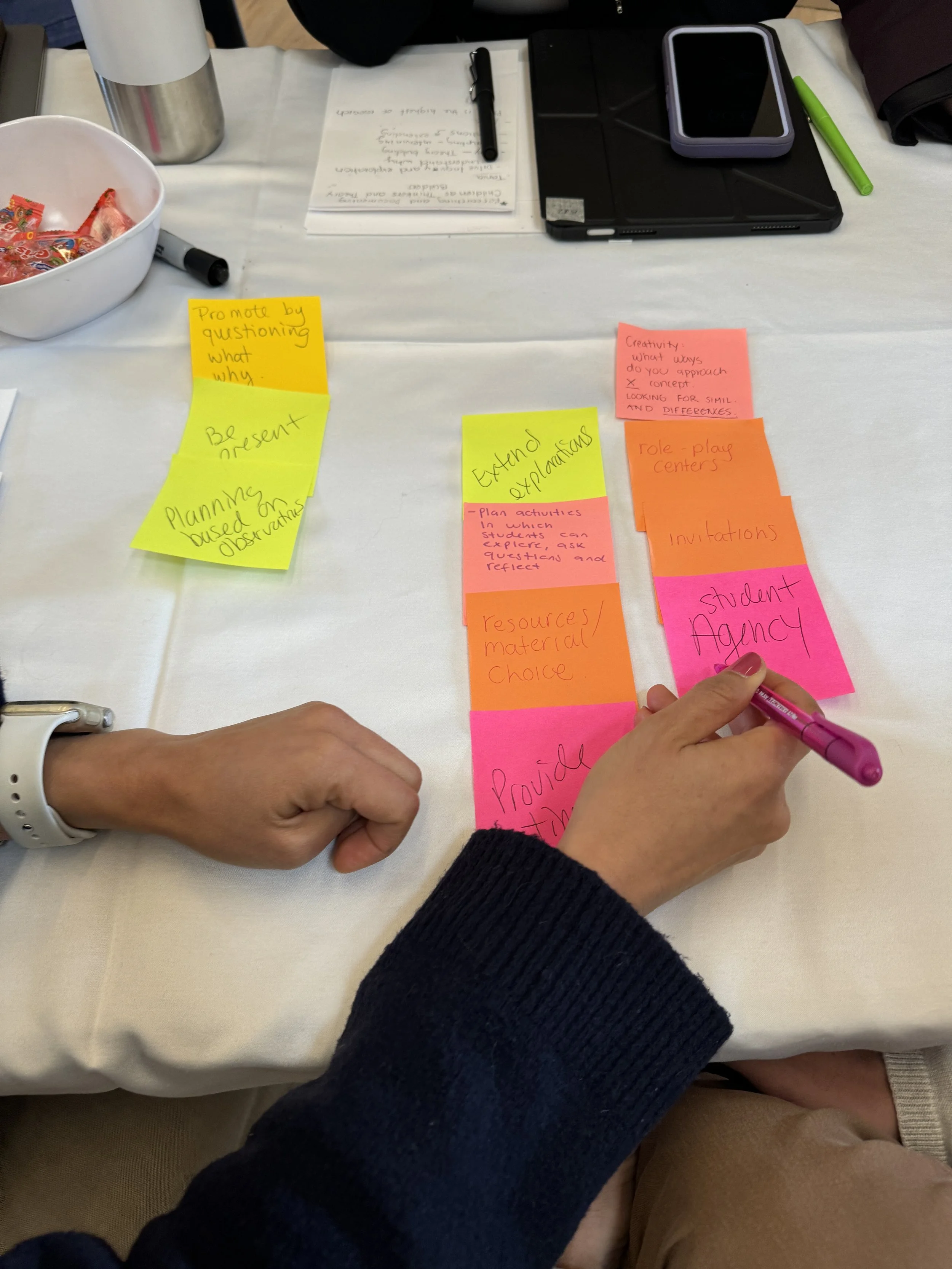
Colegio Anglo Colombiano, Bogota, Columbia
Workshop: Early Years: Theory Building and the Thinking Child
Early Years teachers engaged with learning invitations to explore the underlying concepts they might provoke, and the potential theories children could develop in response. They reflected on how these invitations could be purposefully adapted and applied within their own learning environments.
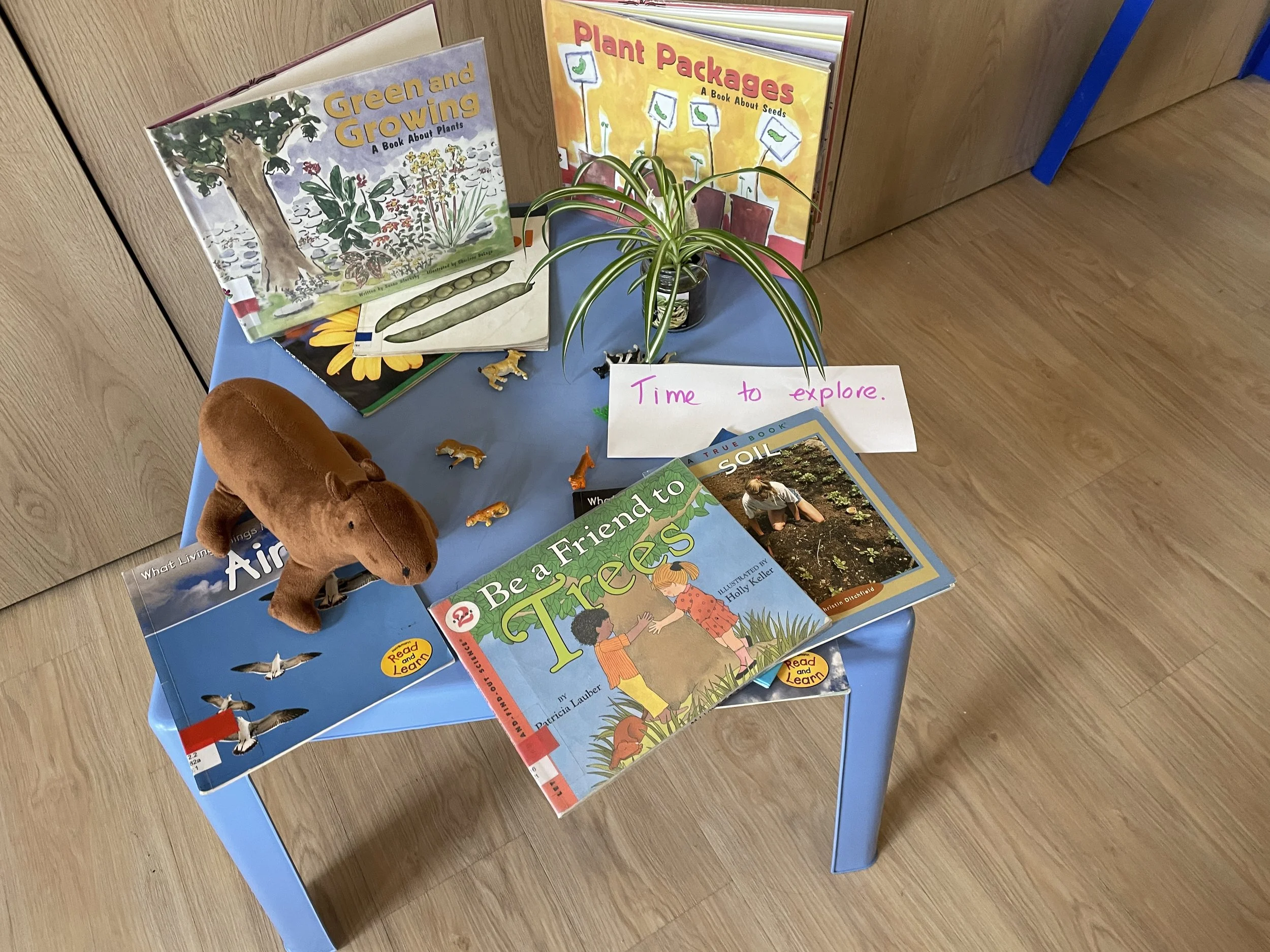
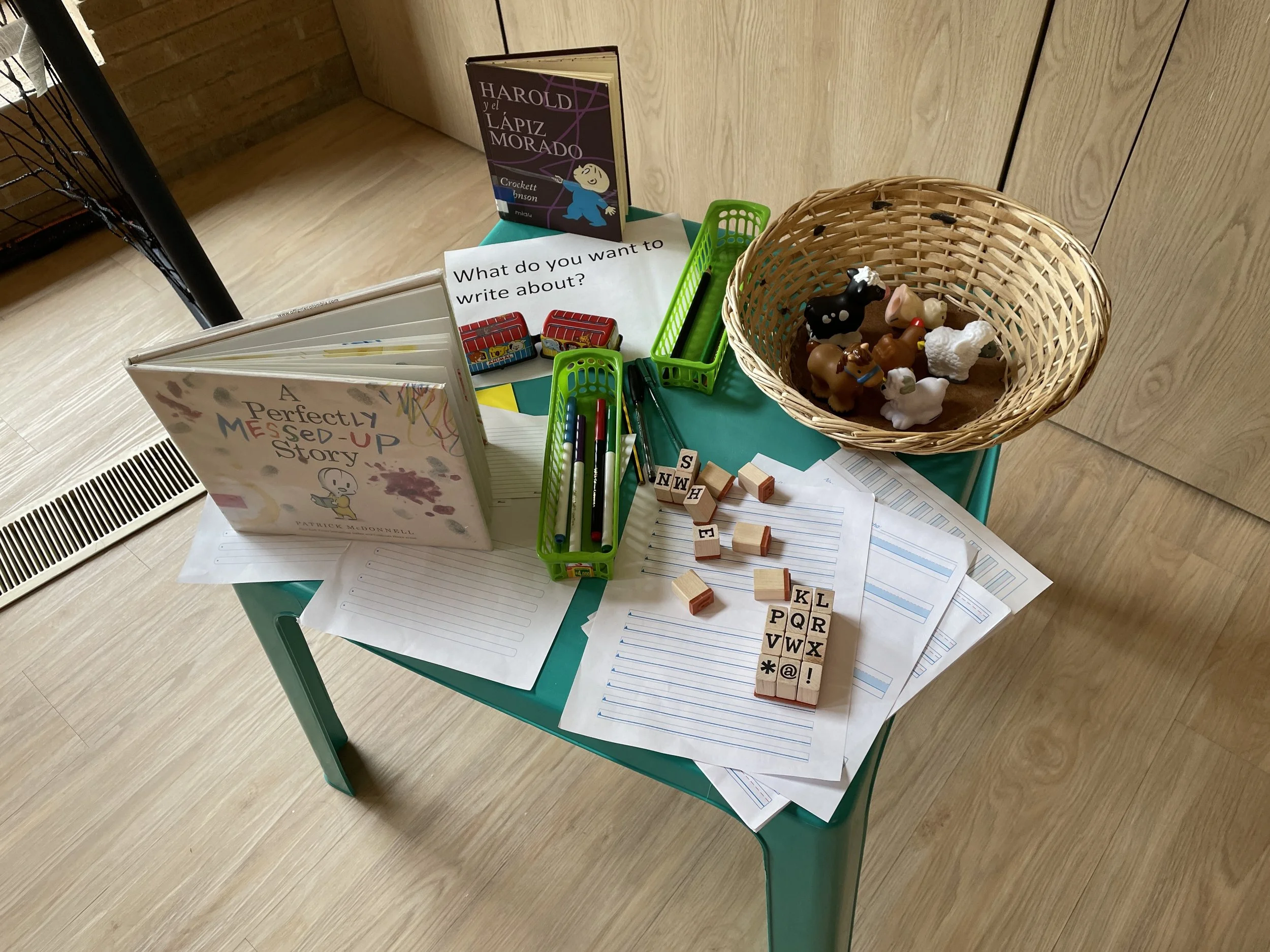
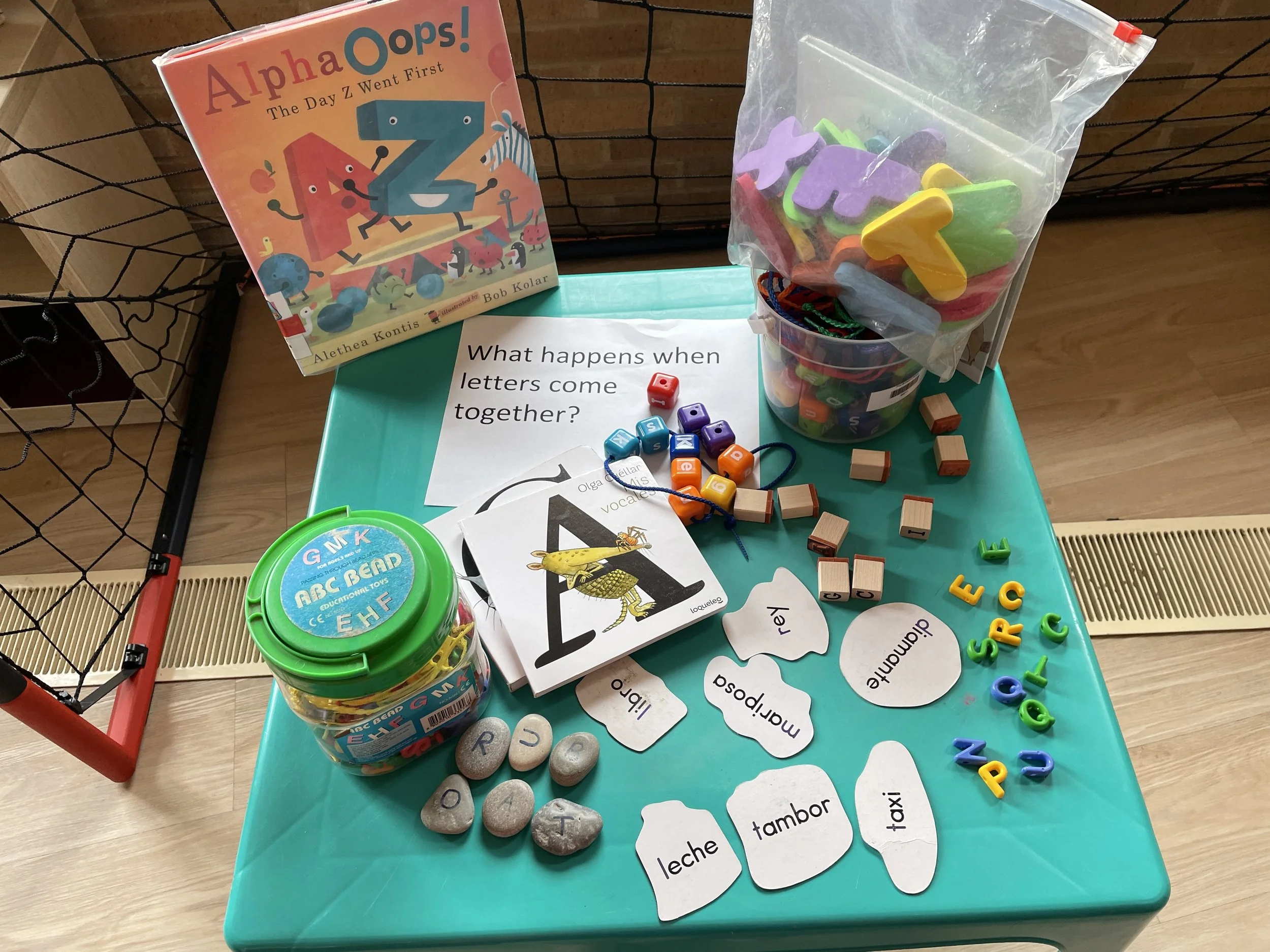
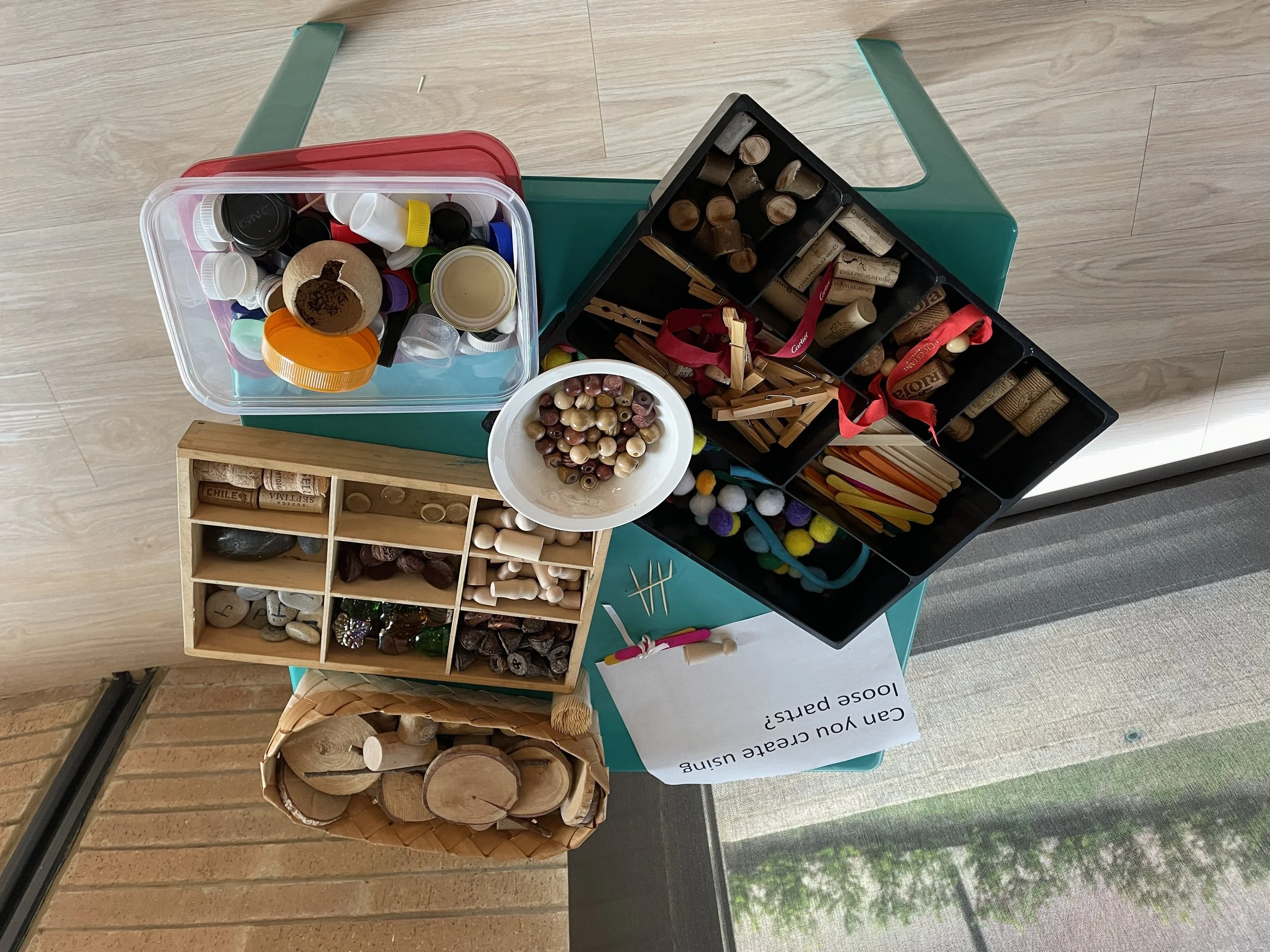

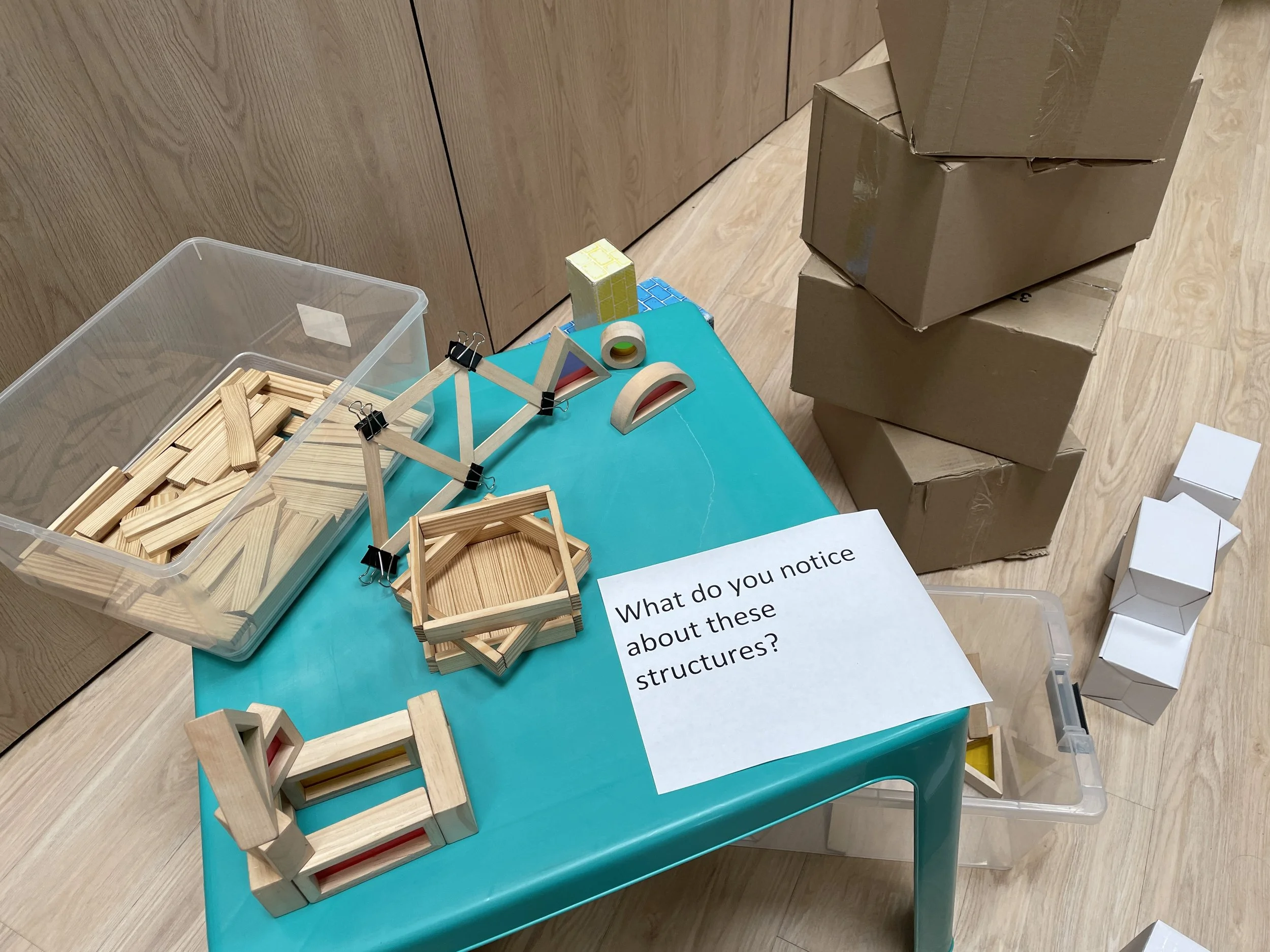
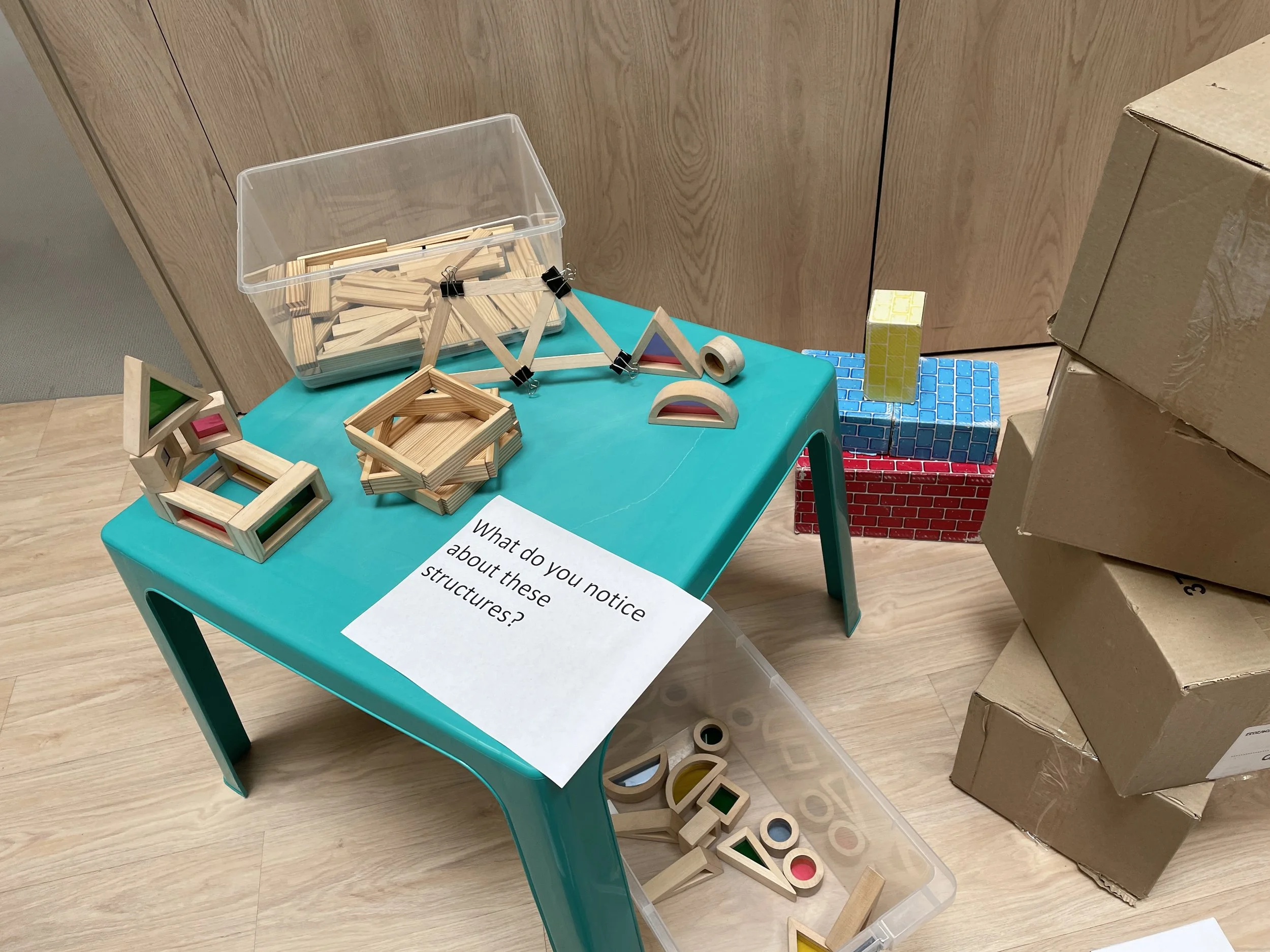
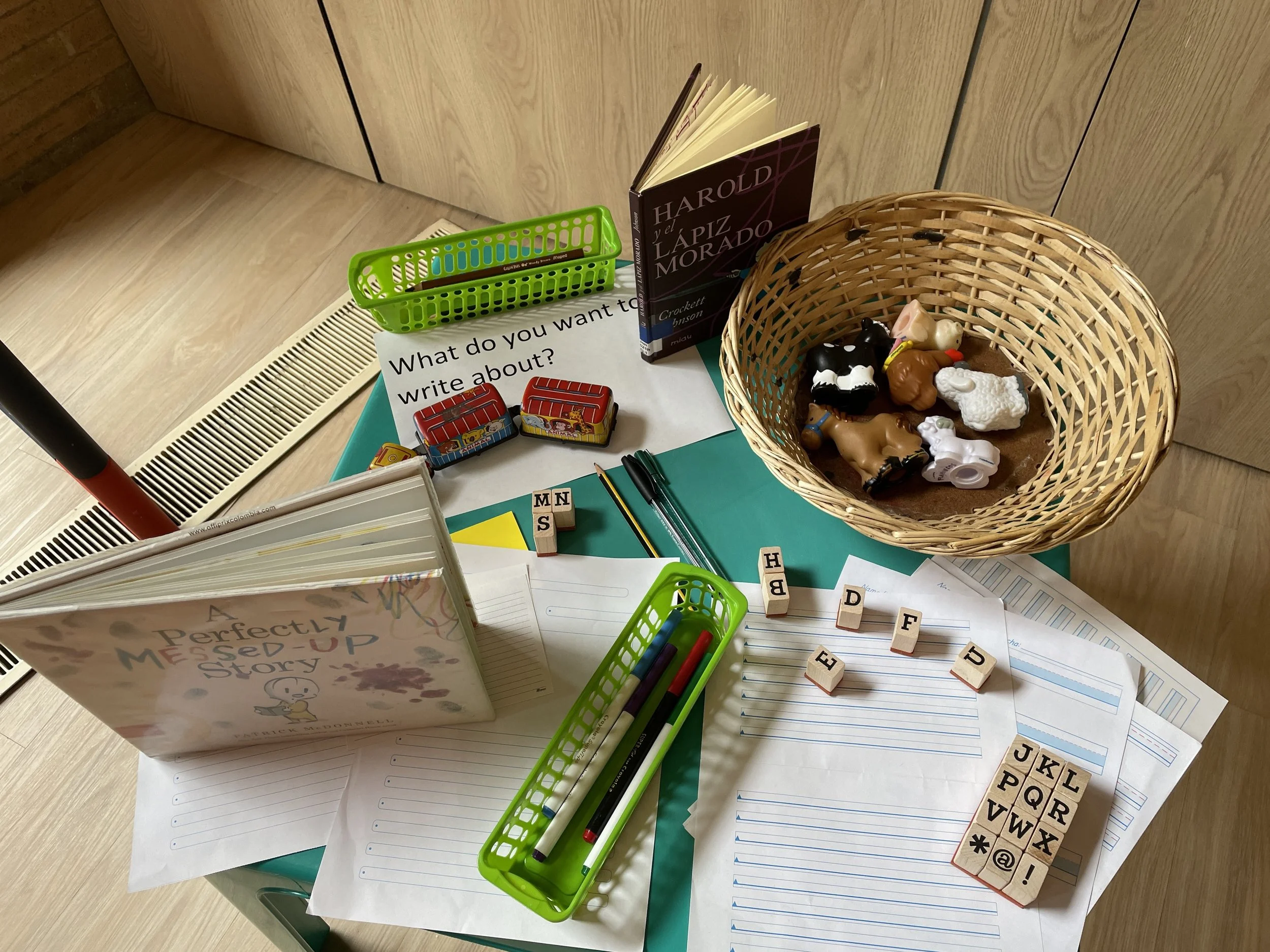
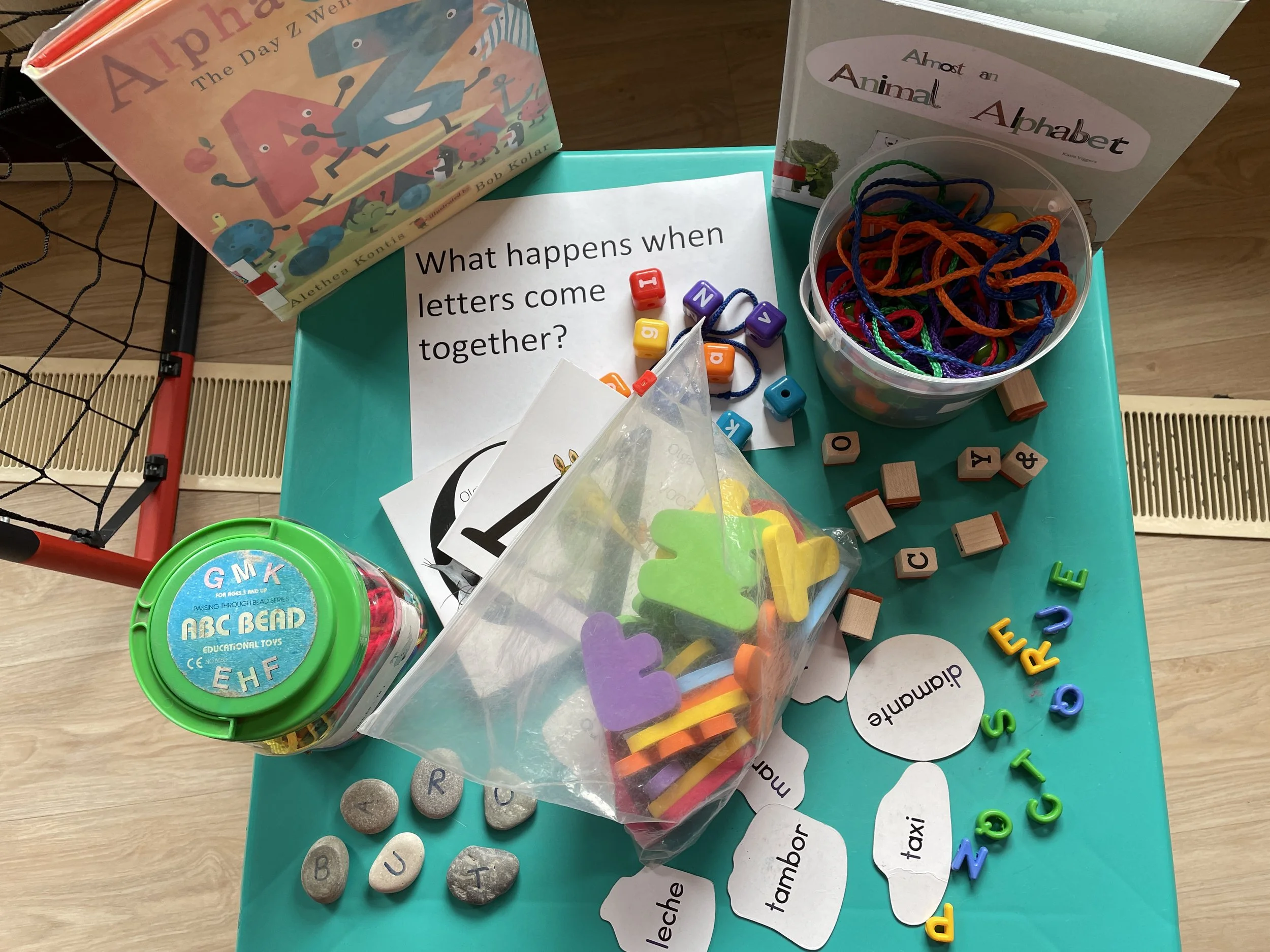
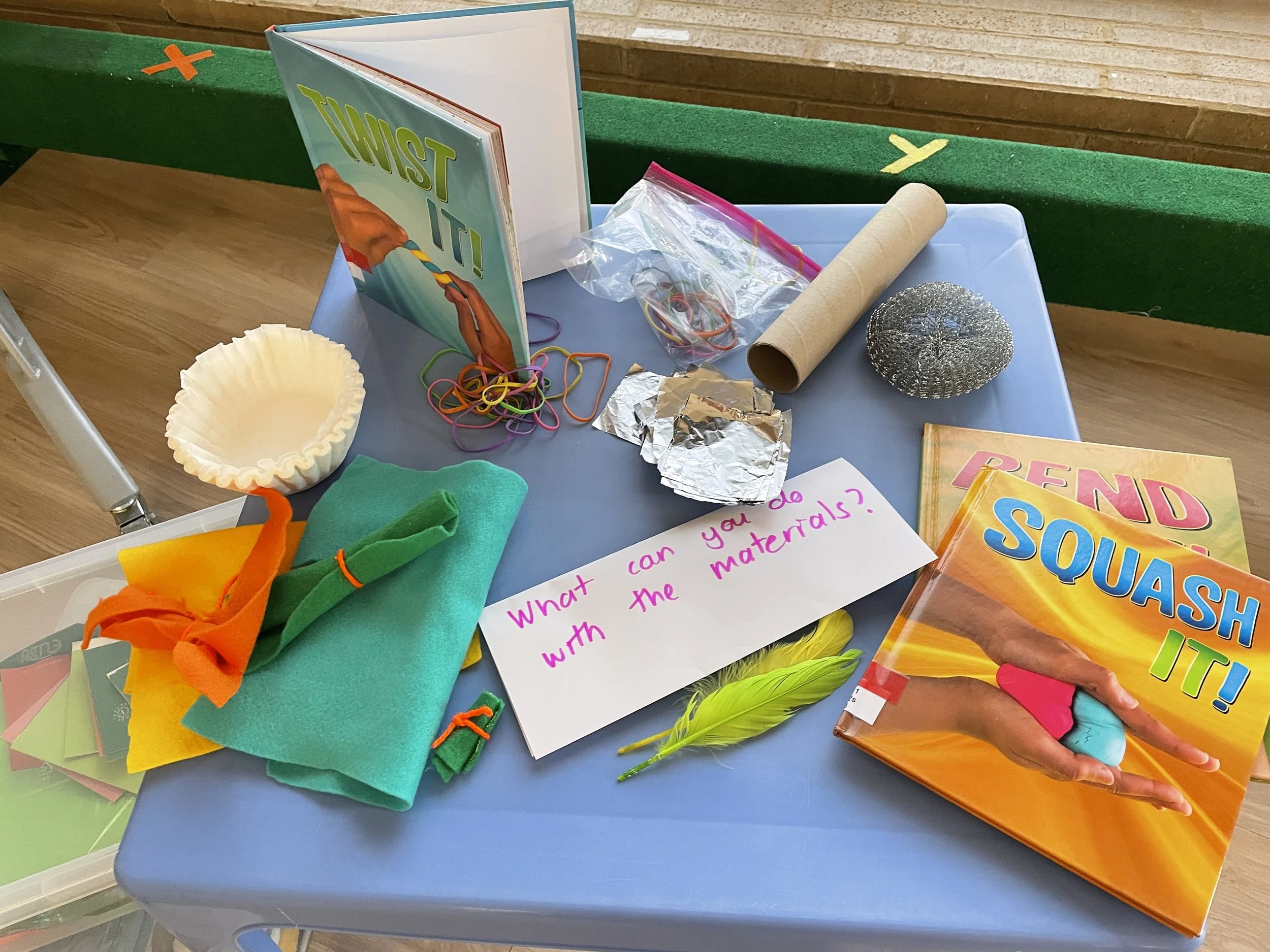
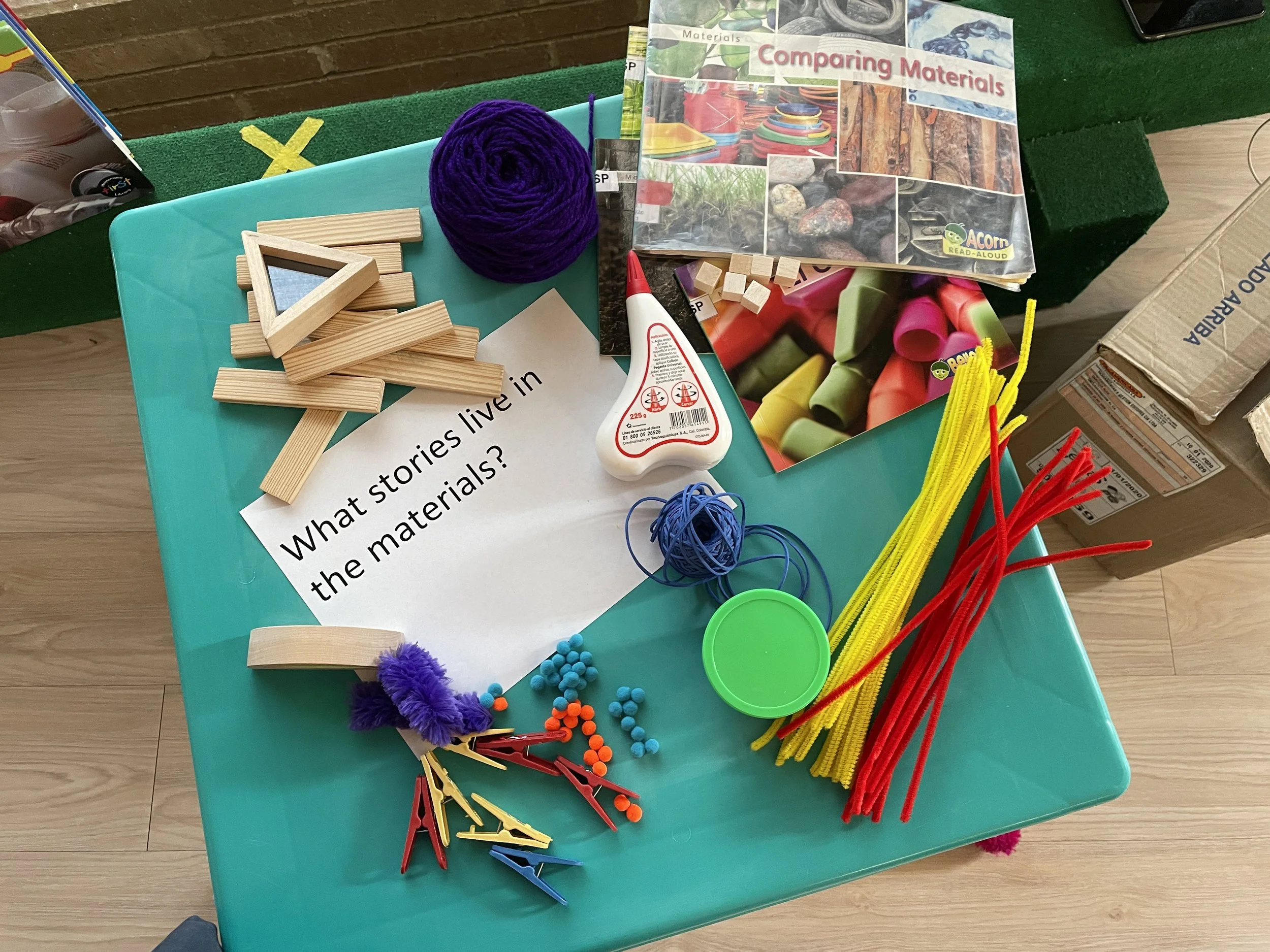
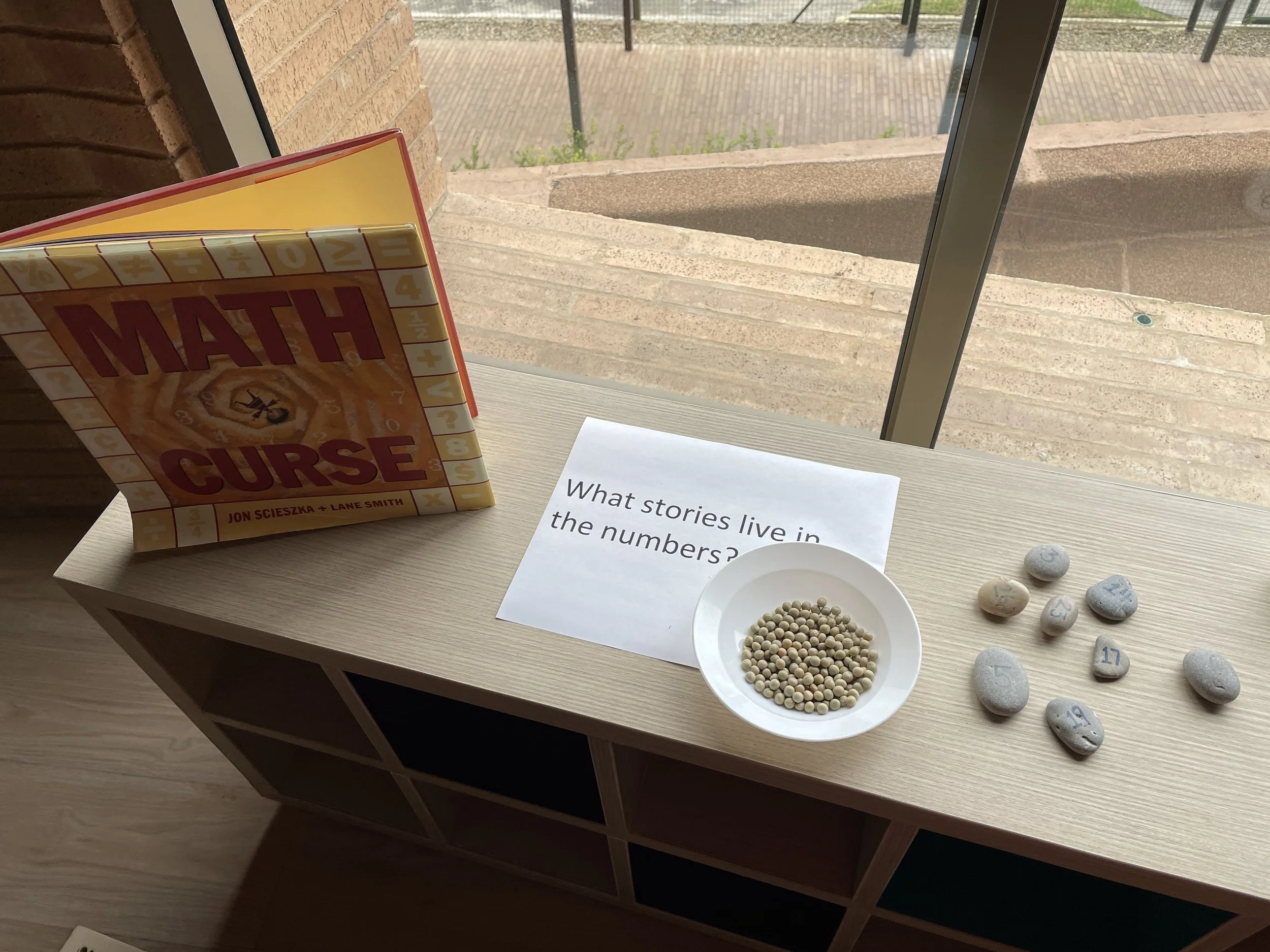
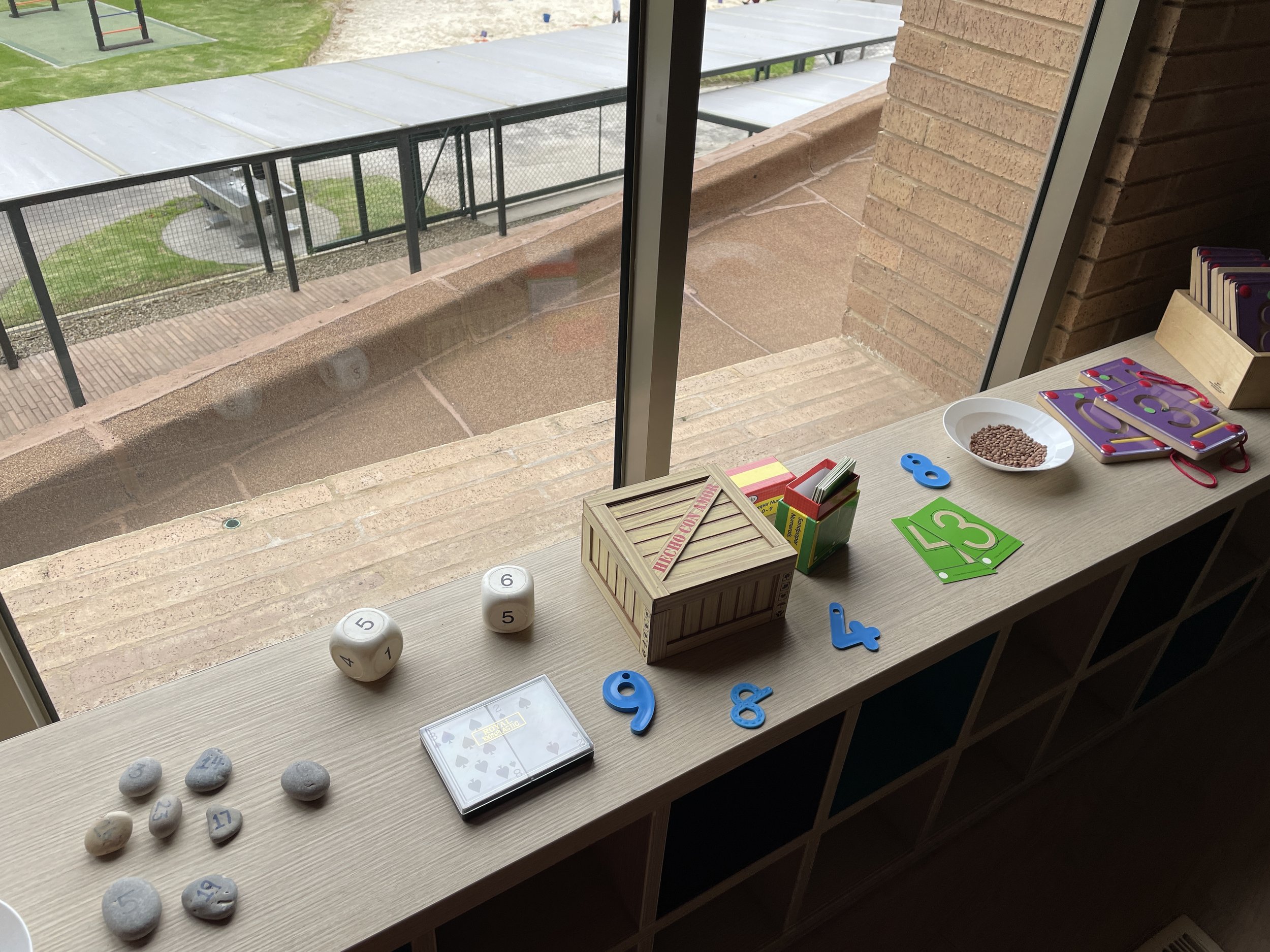
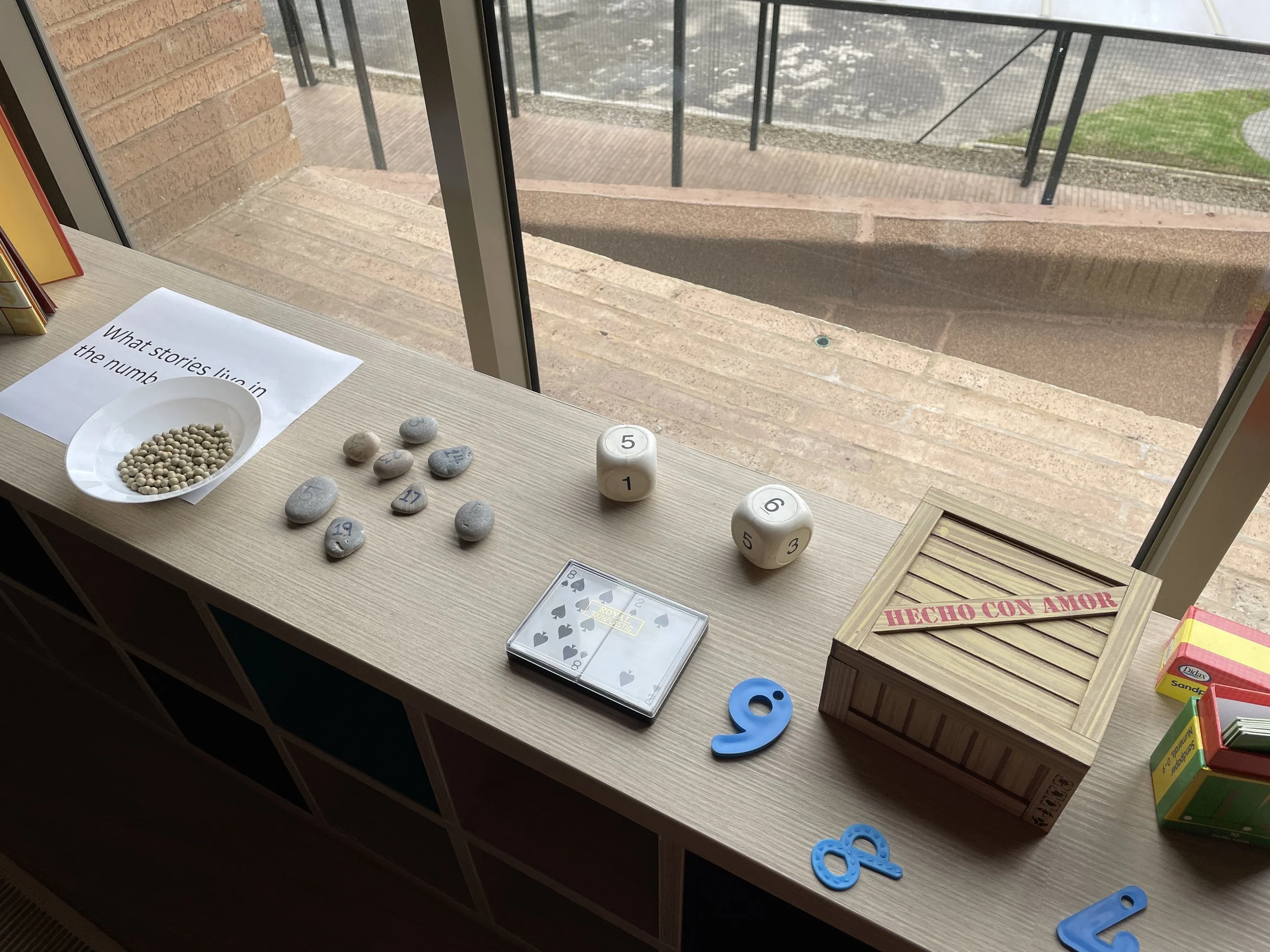

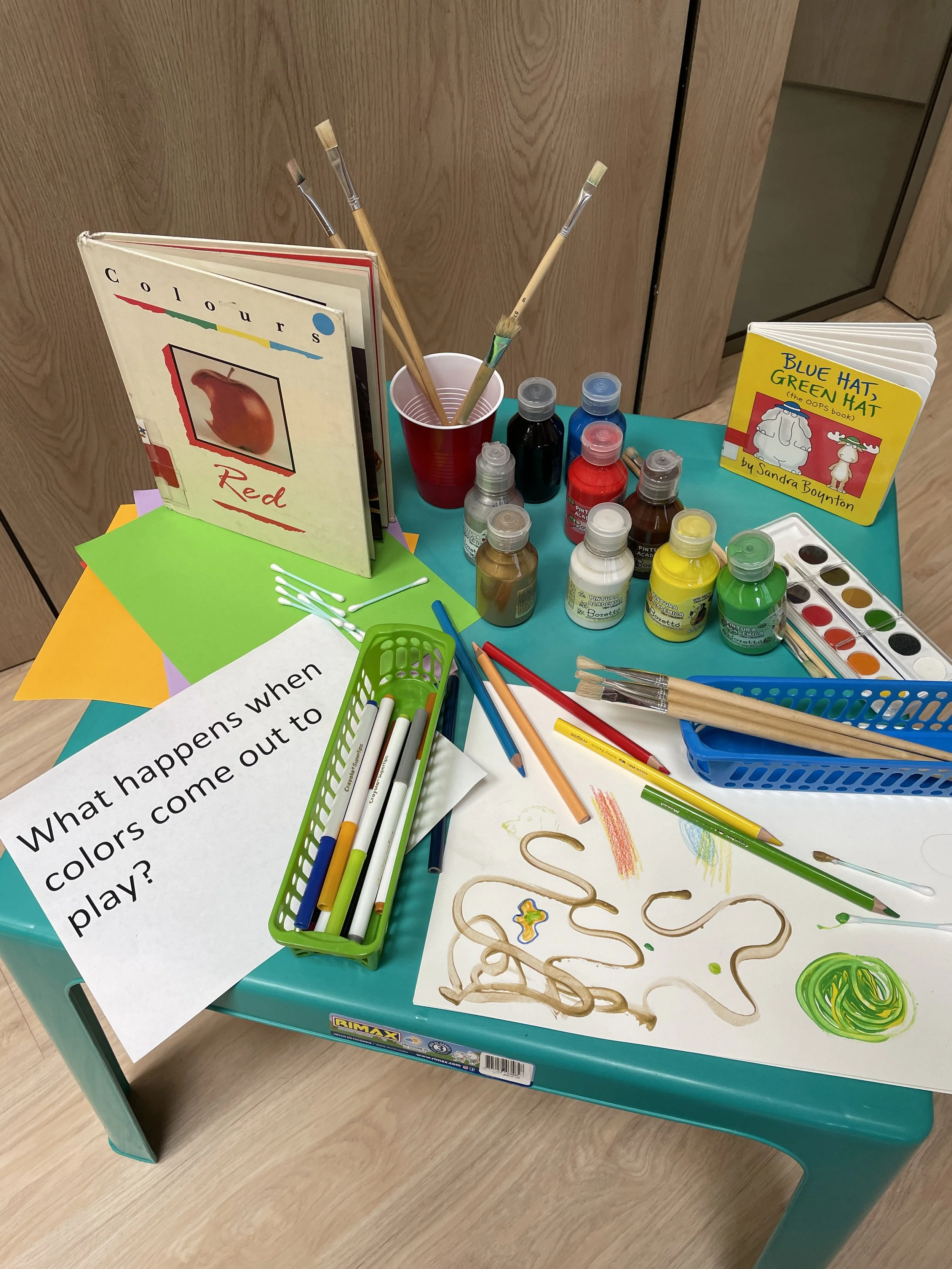
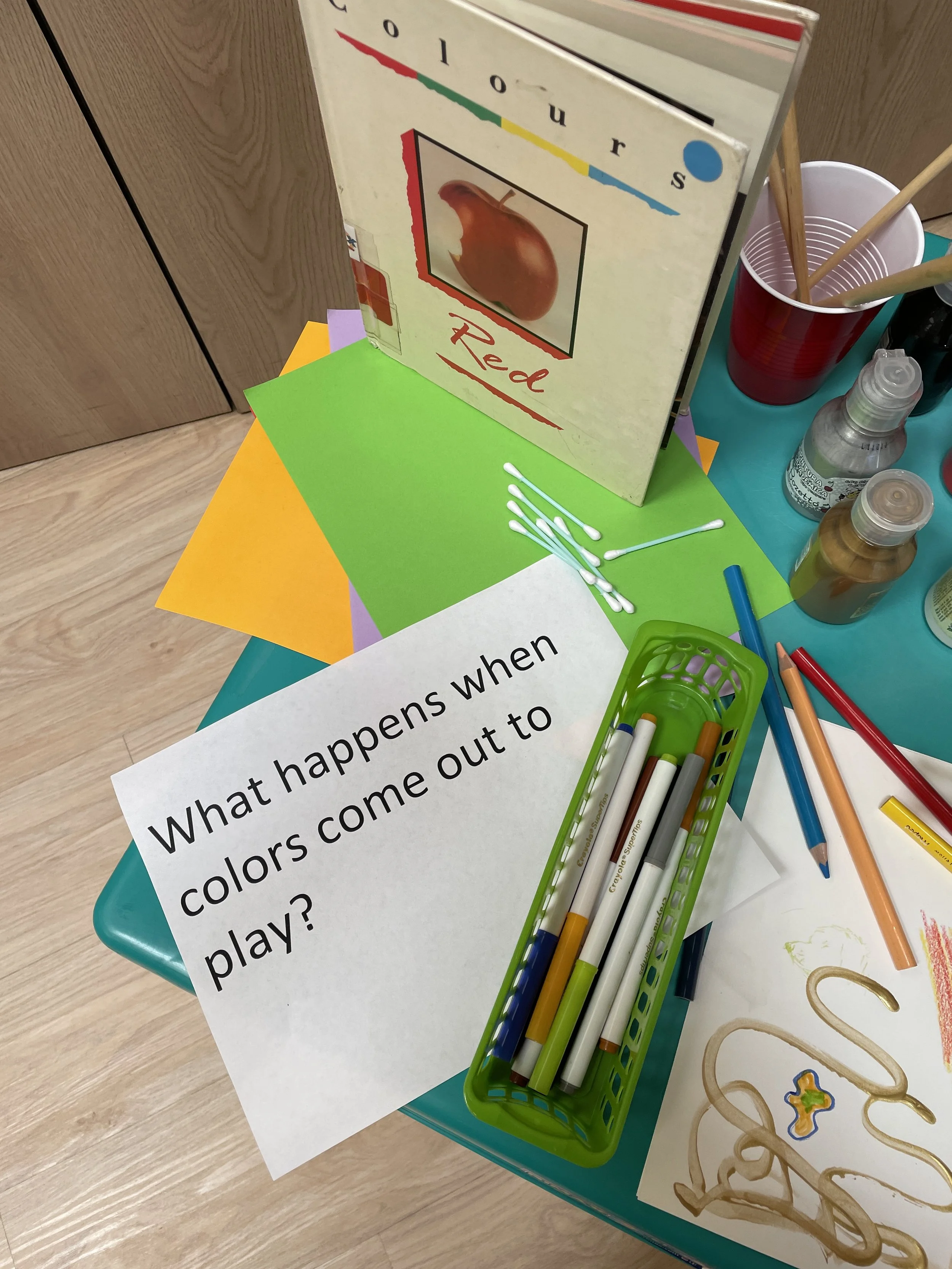
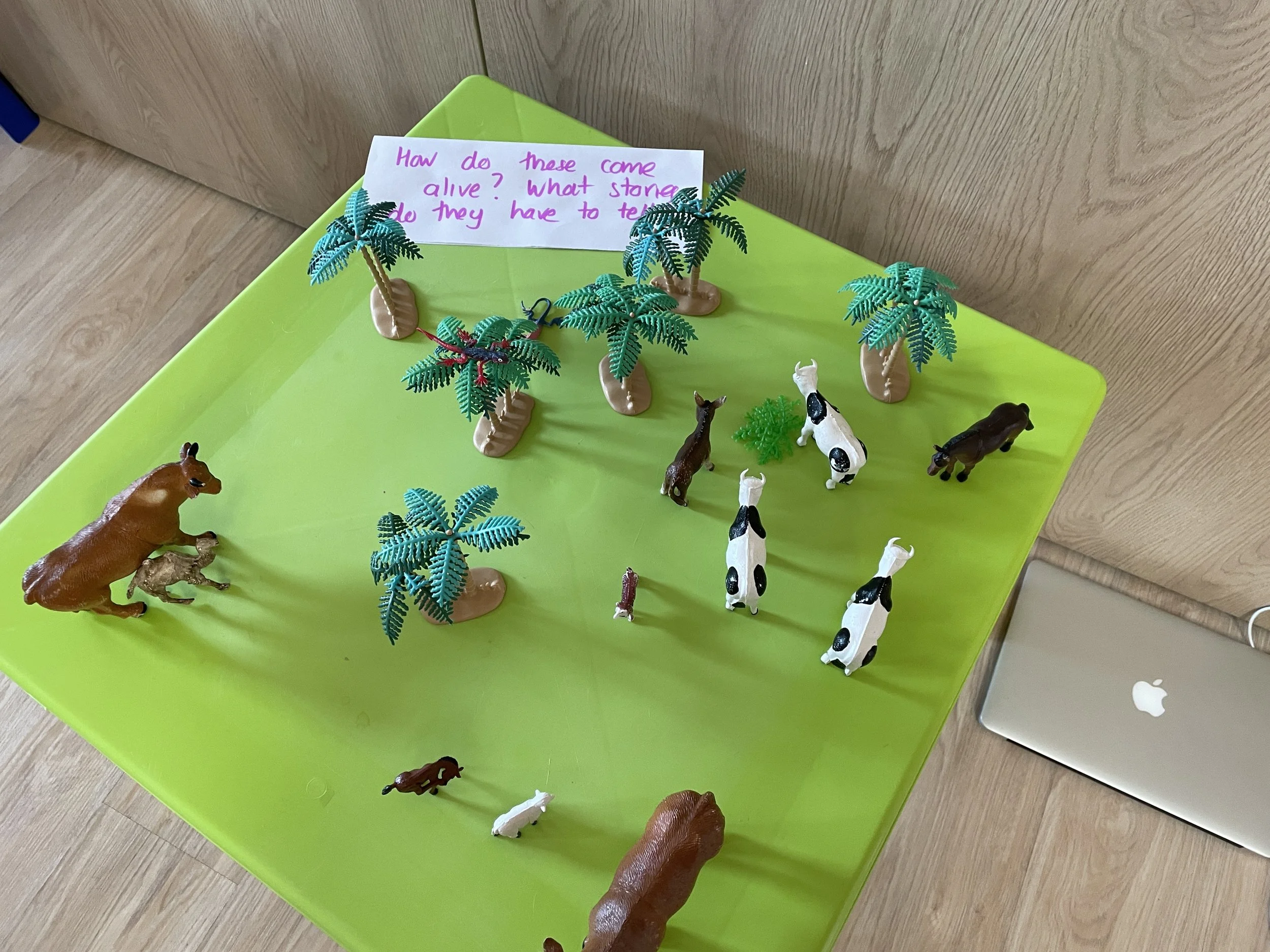
Beijing City International School, Beijing, China
Teacher Assistant Workshop: The Role of Questioning
Early Years teachers engaged with learning invitations to explore the underlying concepts they might provoke, and the potential theories children could develop in response. They reflected on how these invitations could be purposefully adapted and applied within their own learning environments.

Ready to transform your educational learning approach?
Get in touch with us today
Inspiring Educators
•
Impacting Learners
•
Innovative Global Education
•
Inspiring Educators • Impacting Learners • Innovative Global Education •
See Other Services
Reimagining and Designing Conceptual Curriculum
Focussed Collective Learning
Partnering with Parents: Building Understanding and Connection
Mentoring and Coaching
Lab Site Facilitation: Bringing Theory to Life in Real Classrooms
Planning and Designing for Purposeful & Impactful Learning
Keynotes that Engage, Inspire, and Shift Thinking







